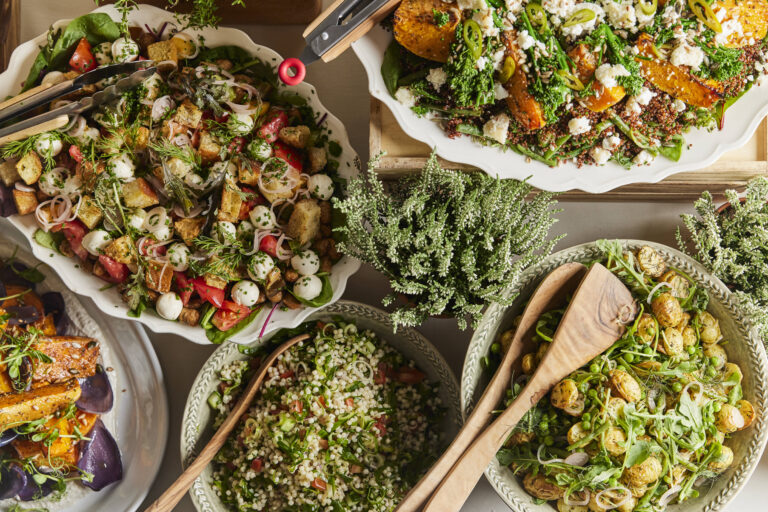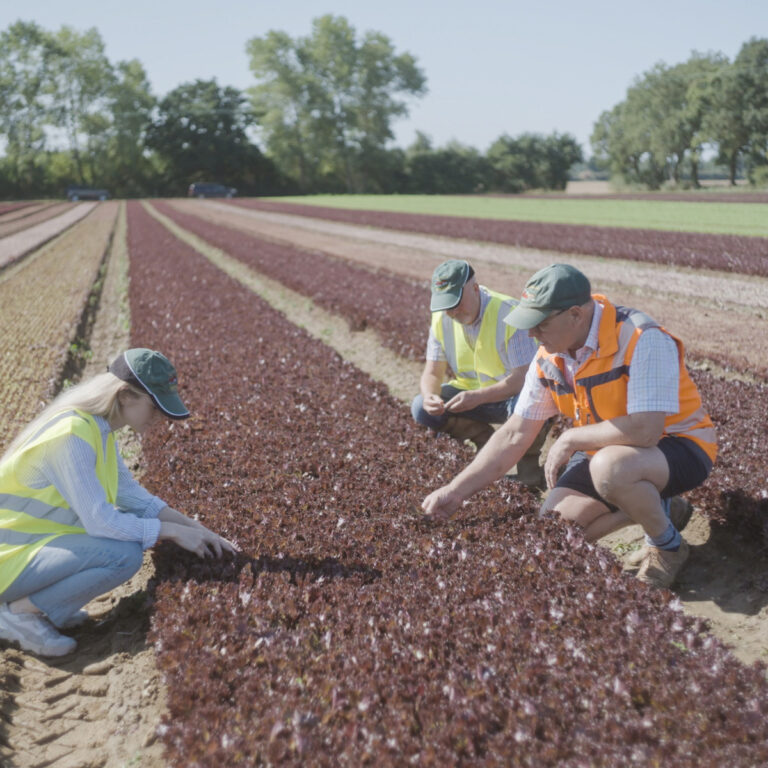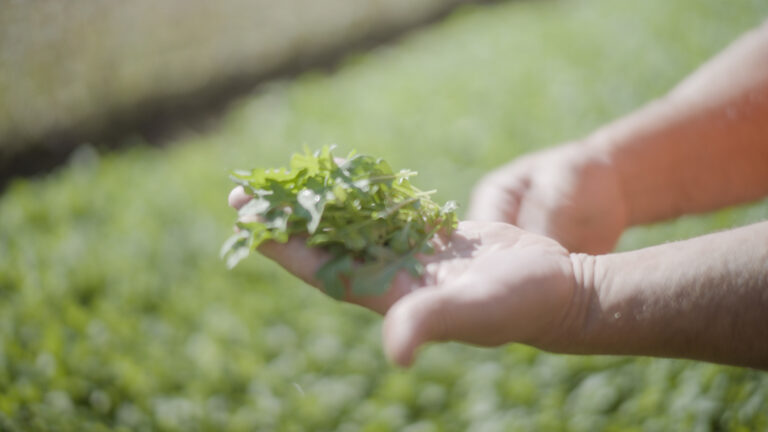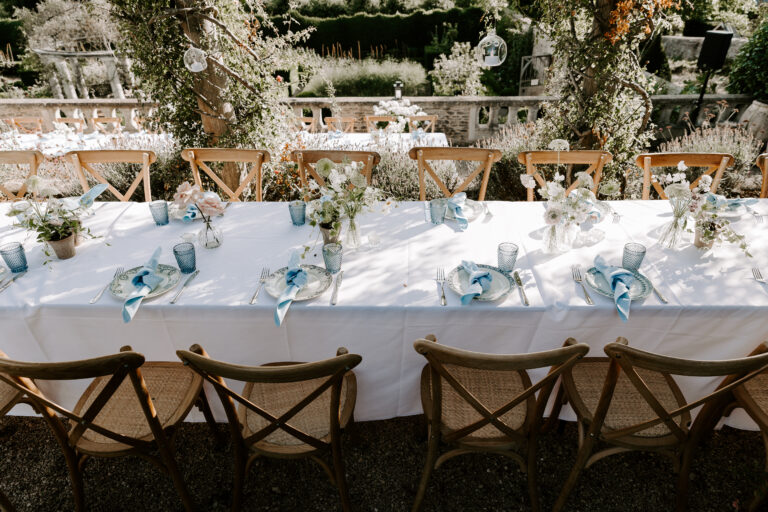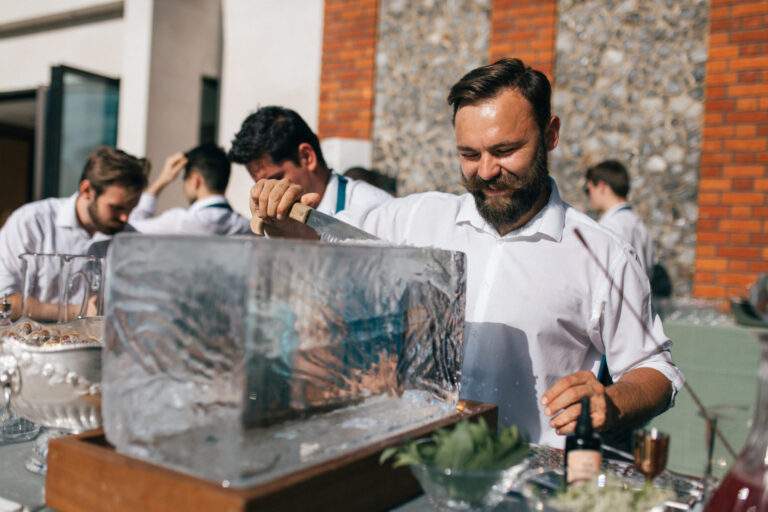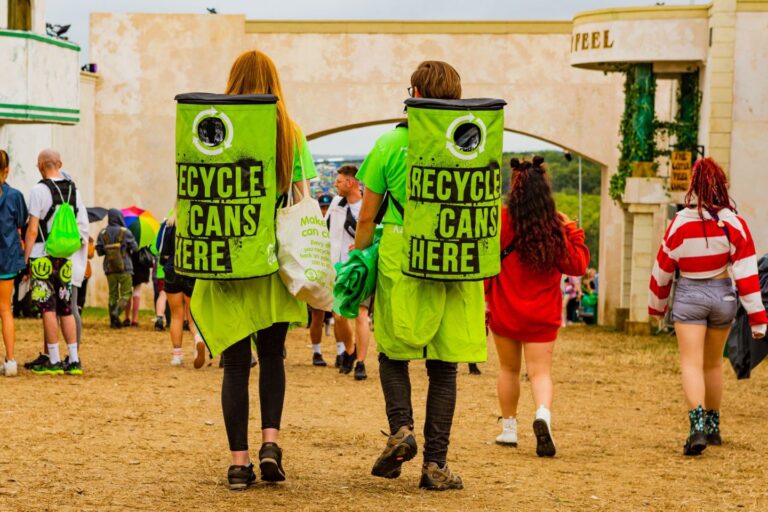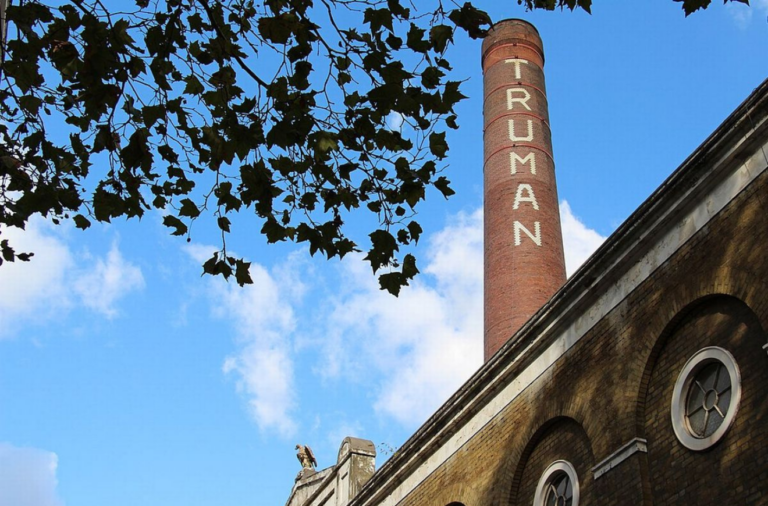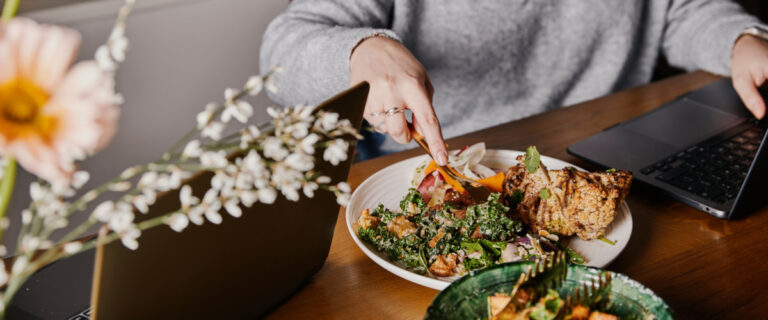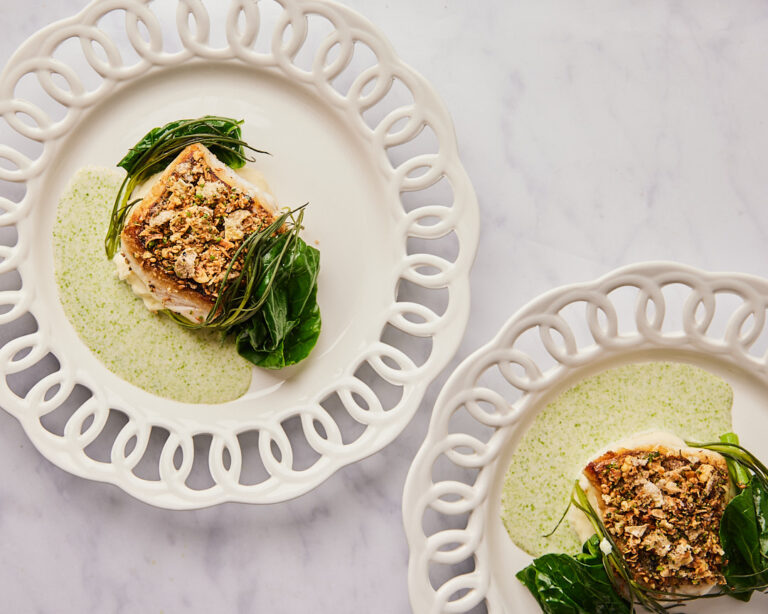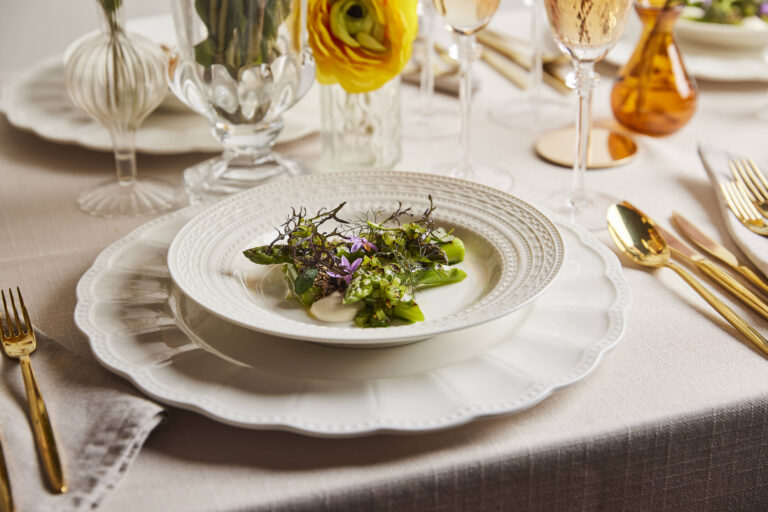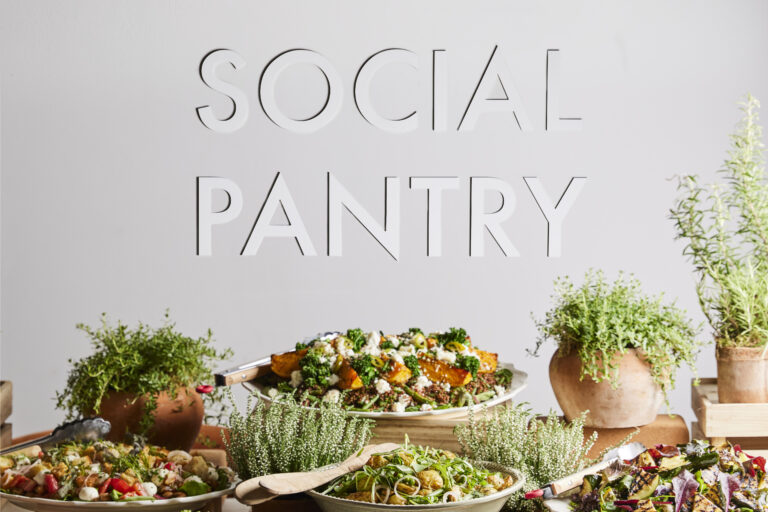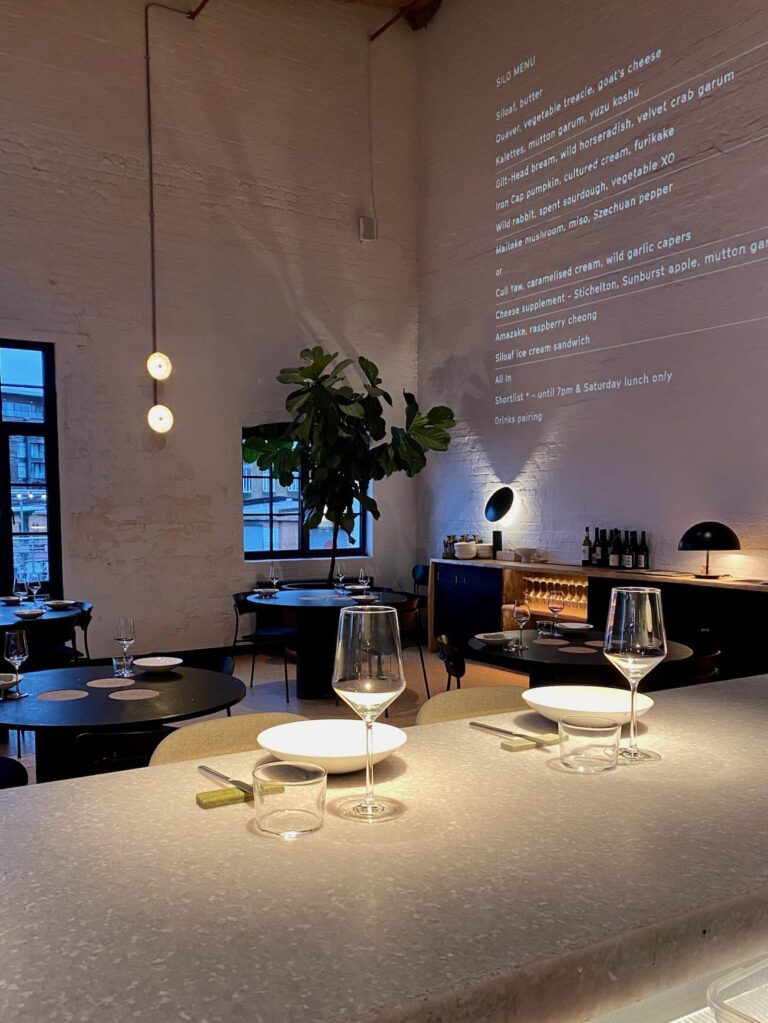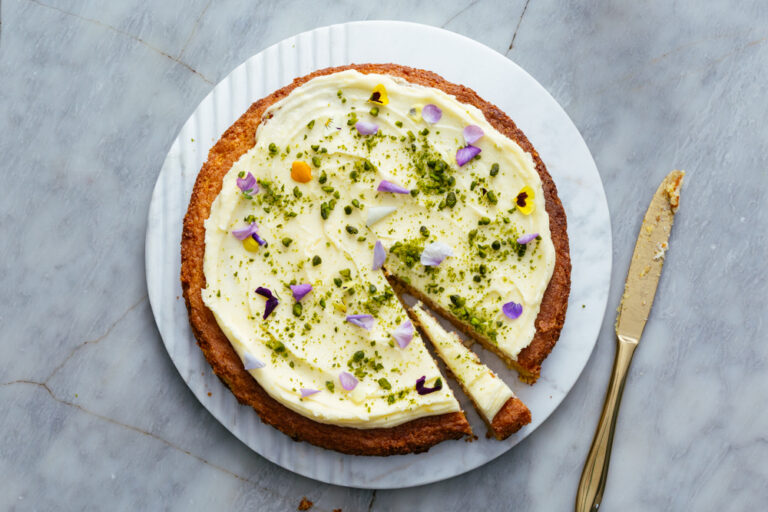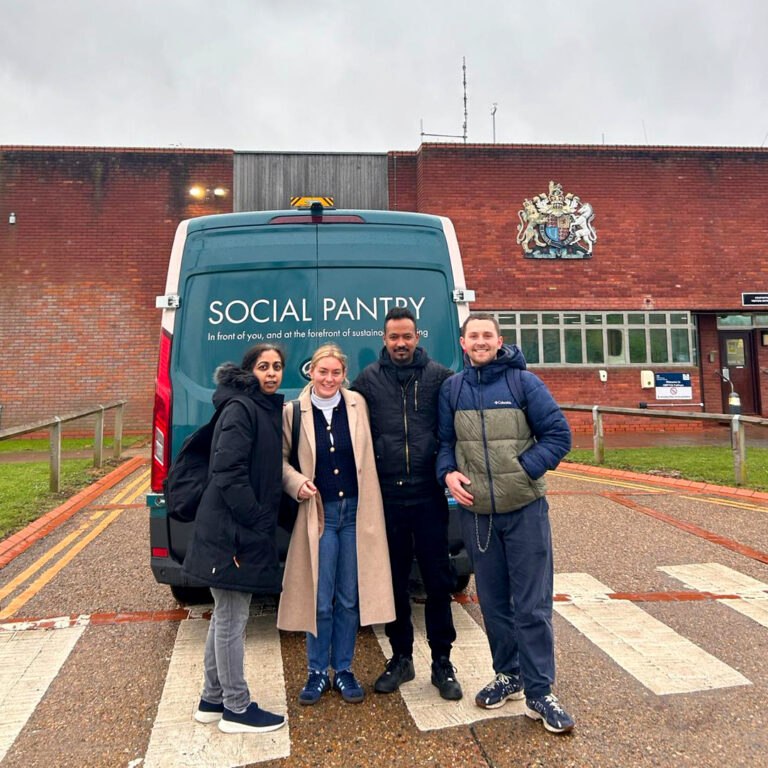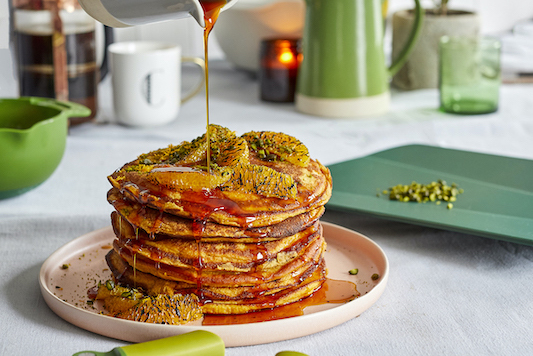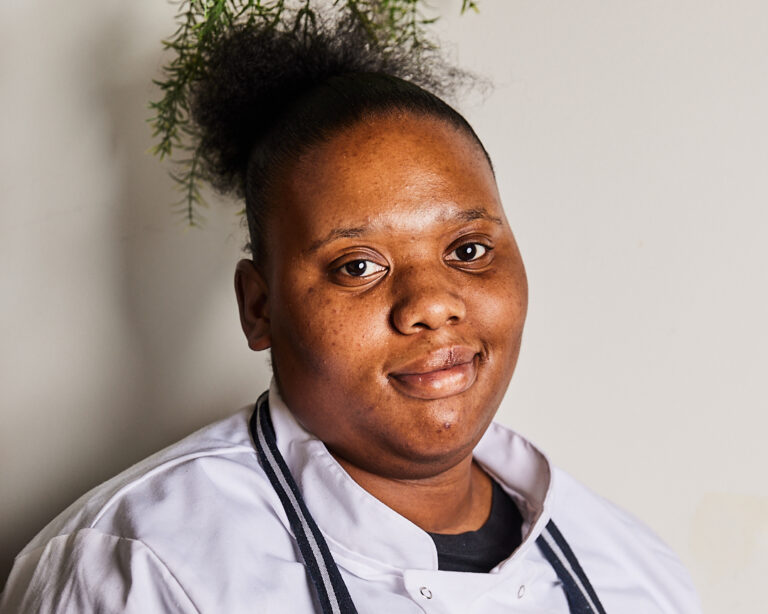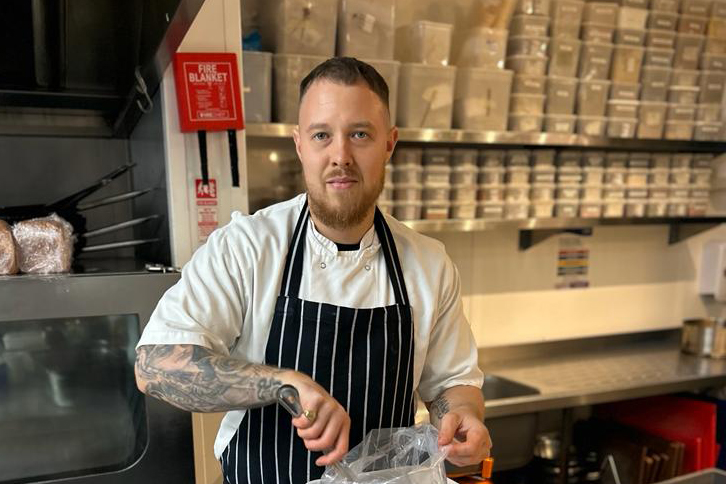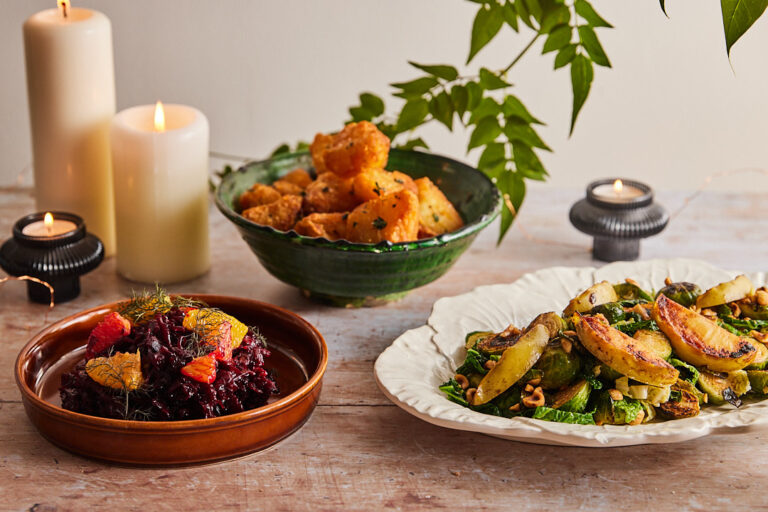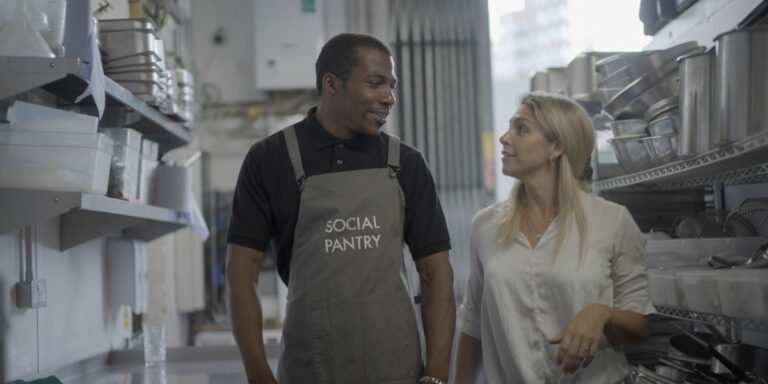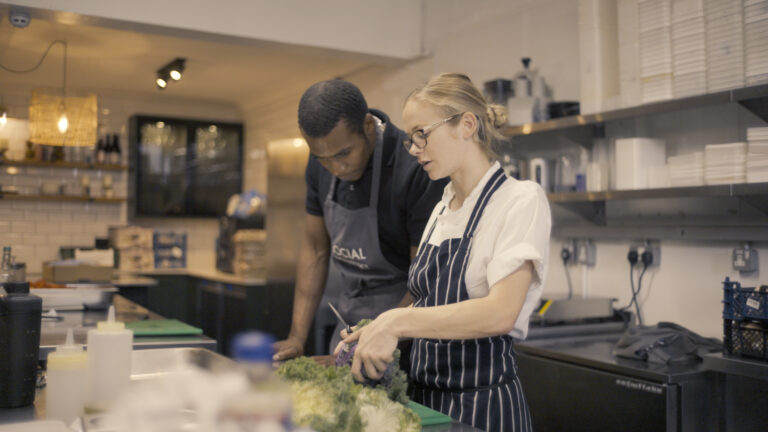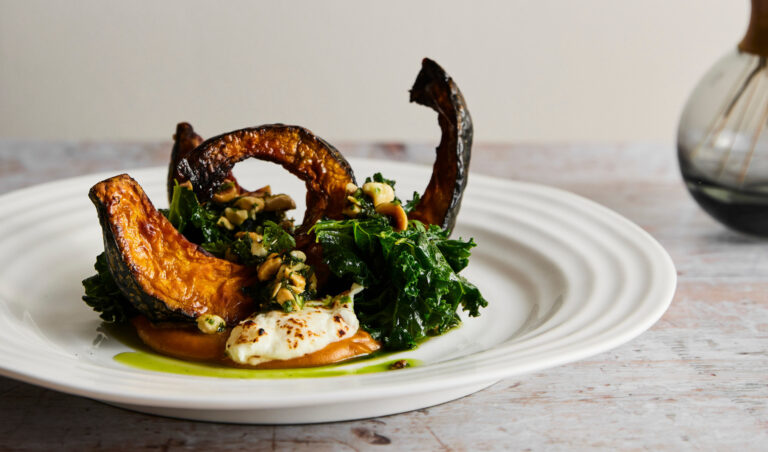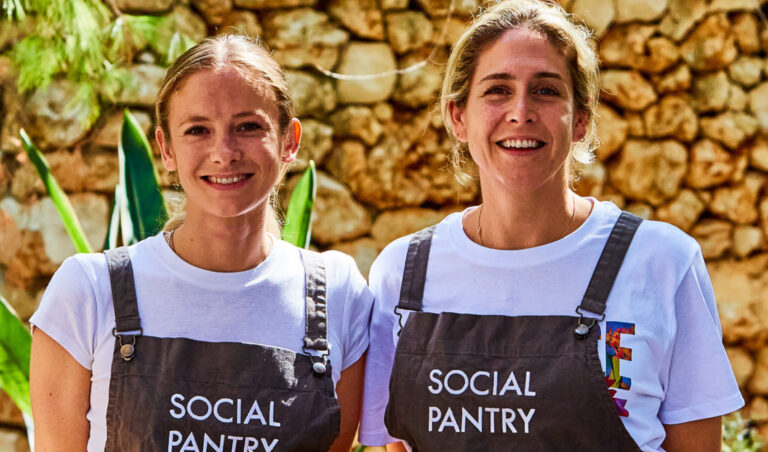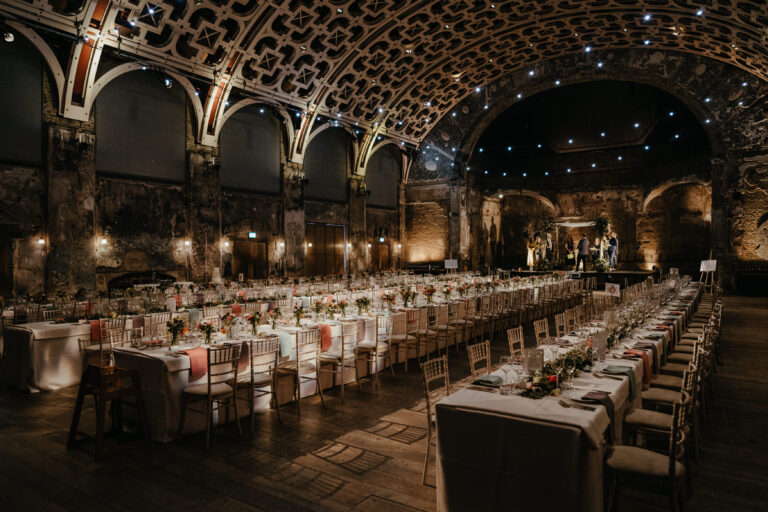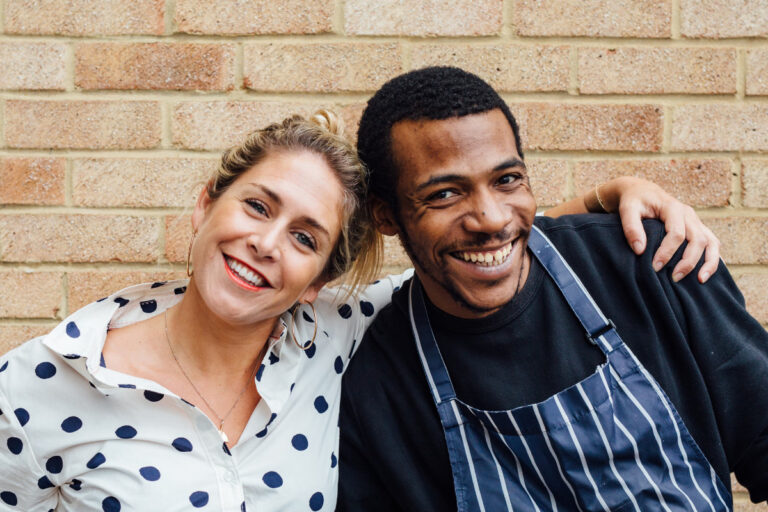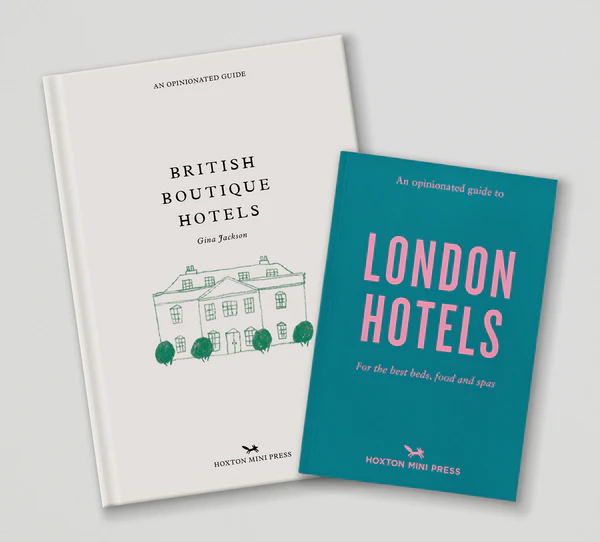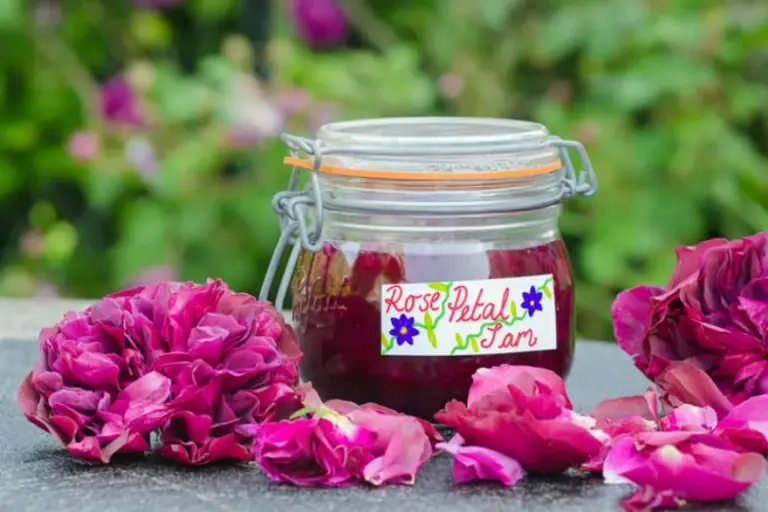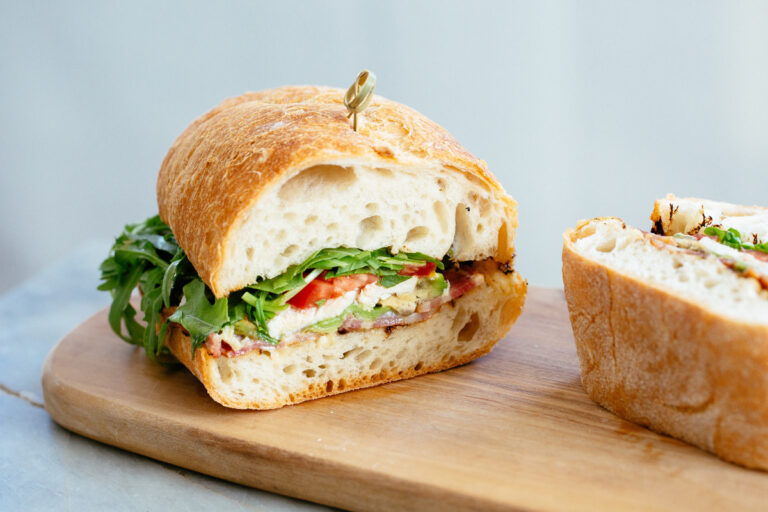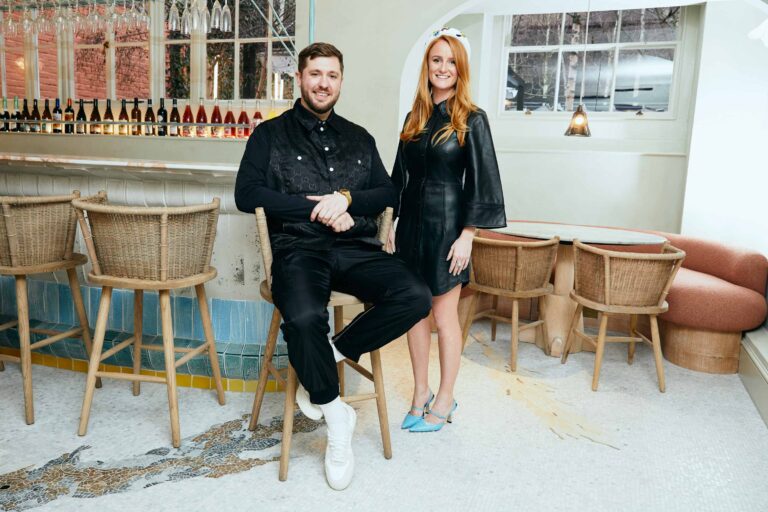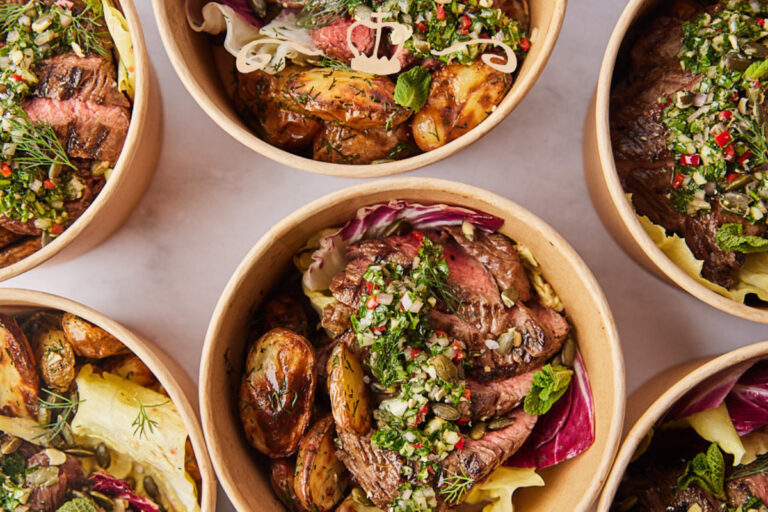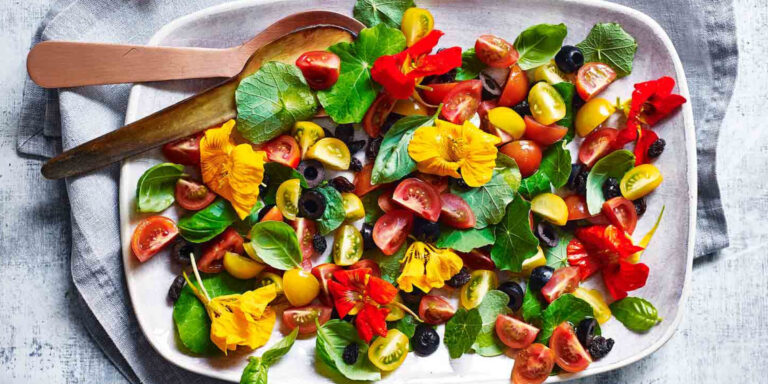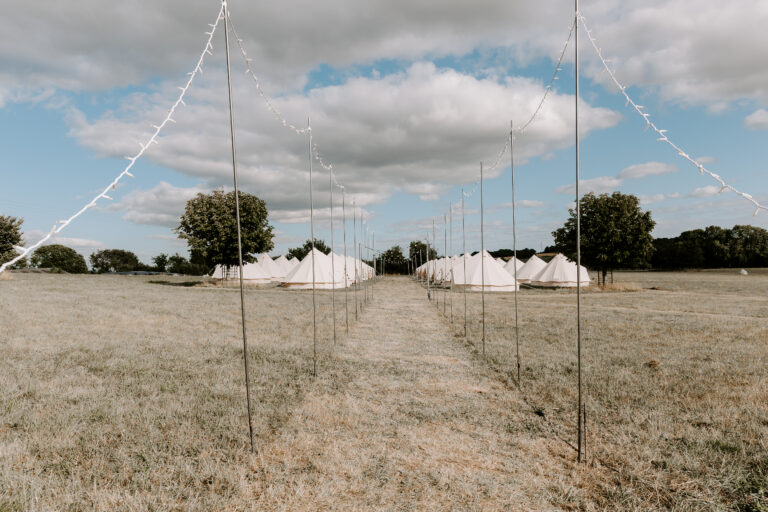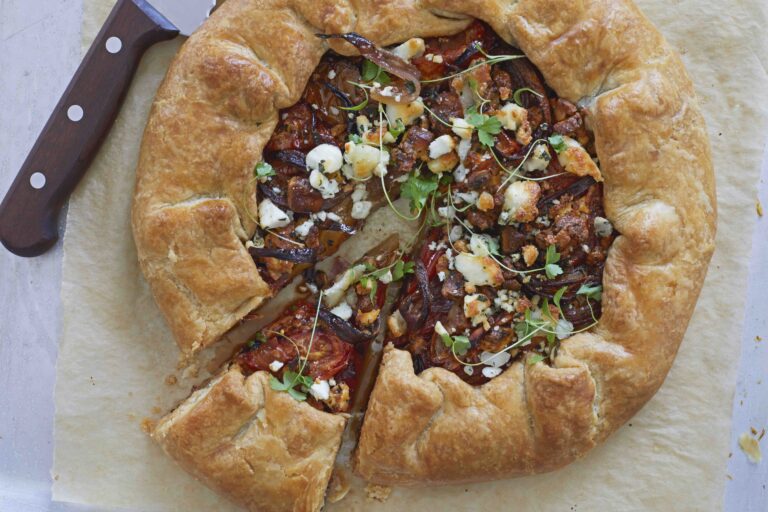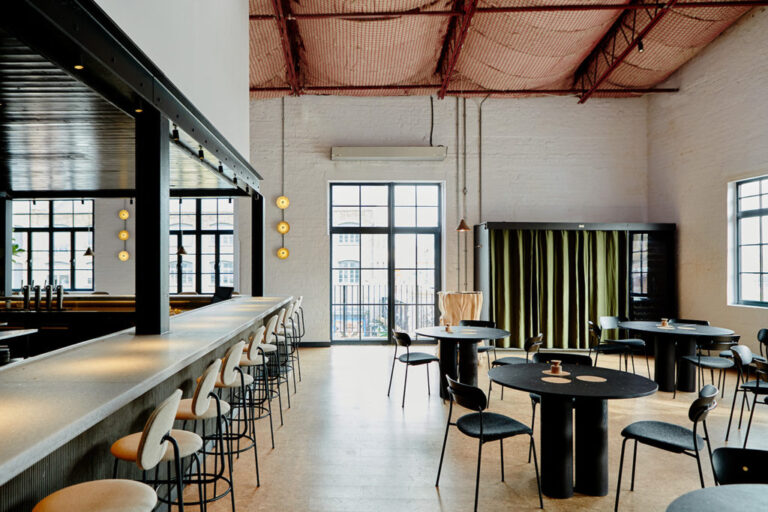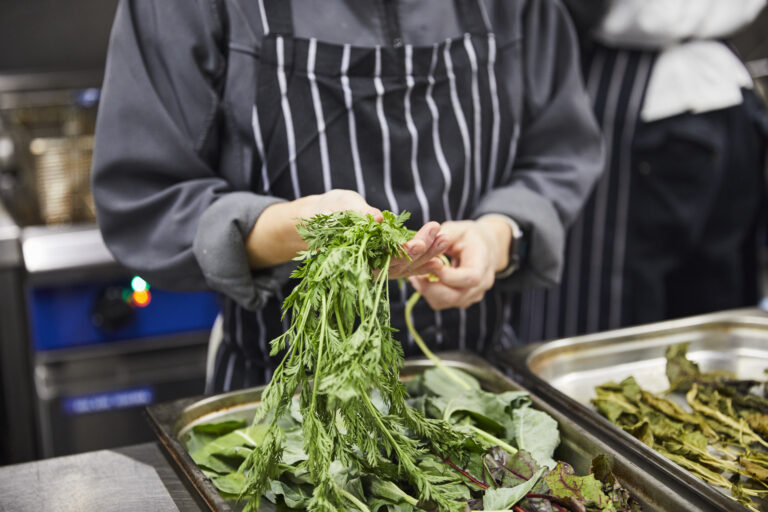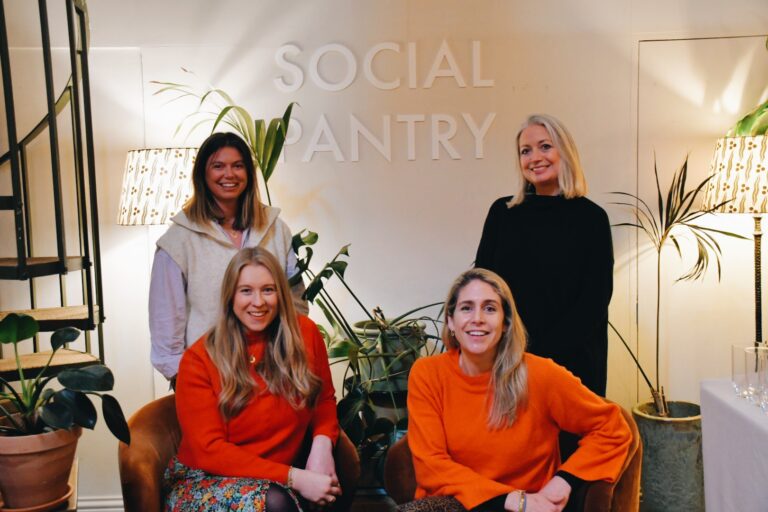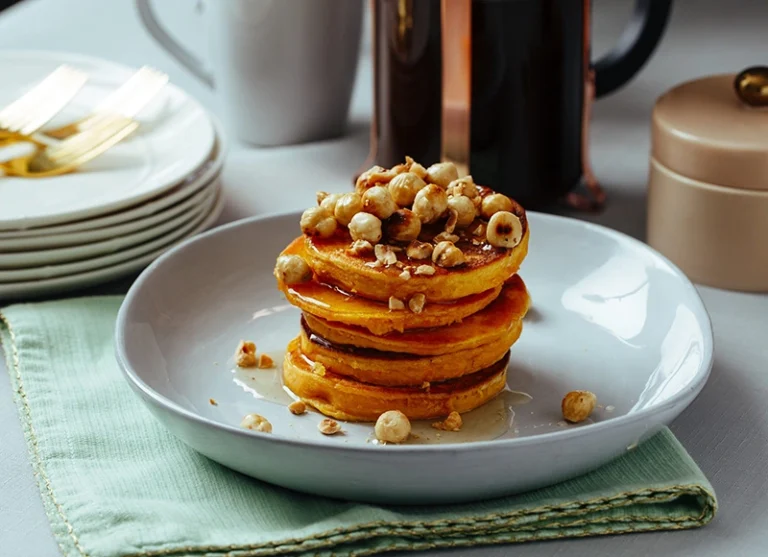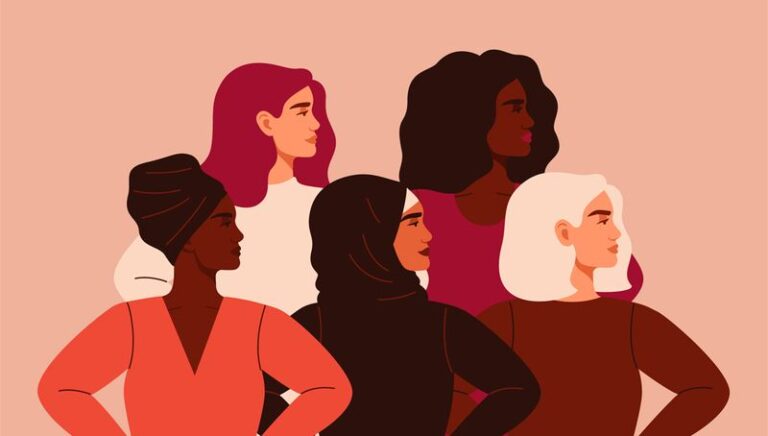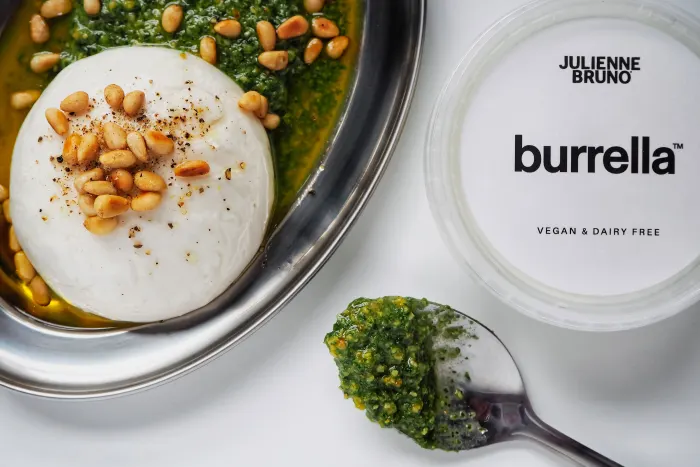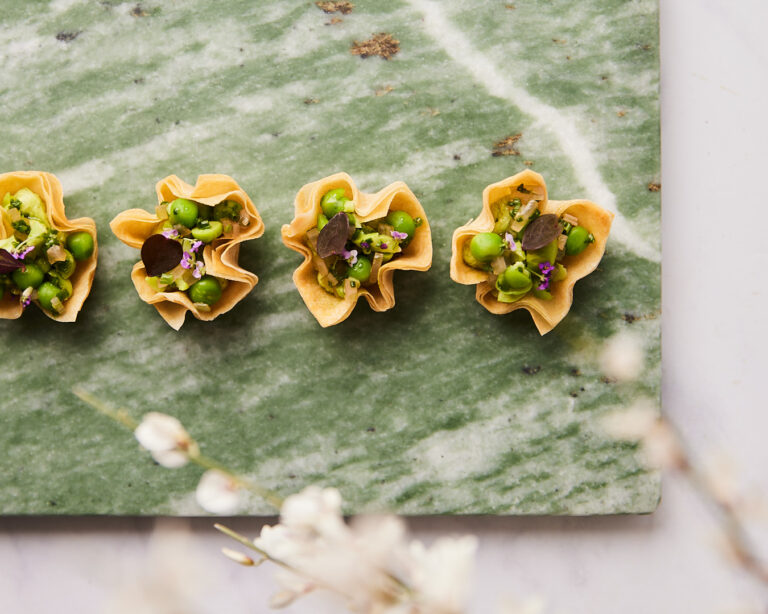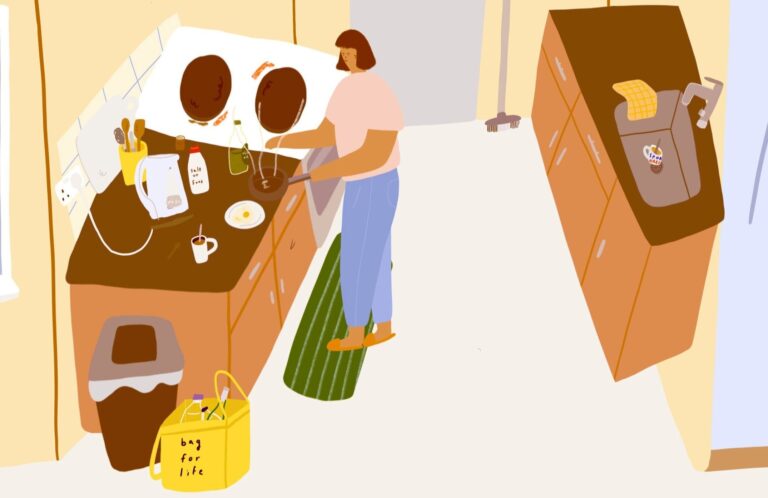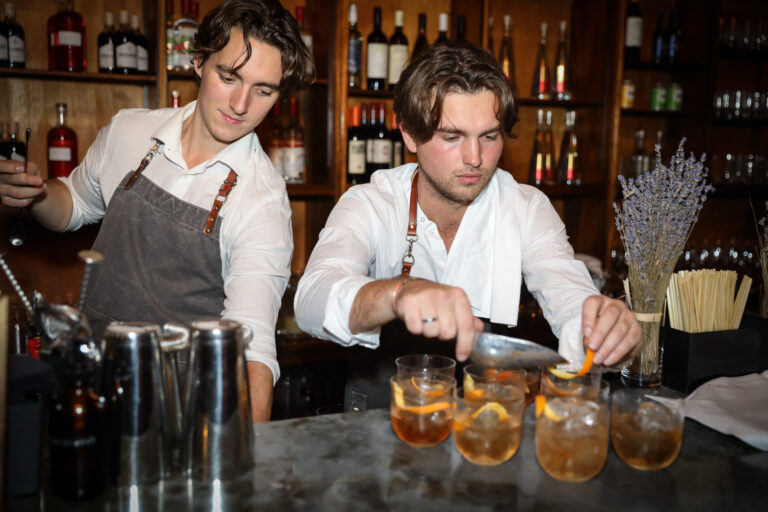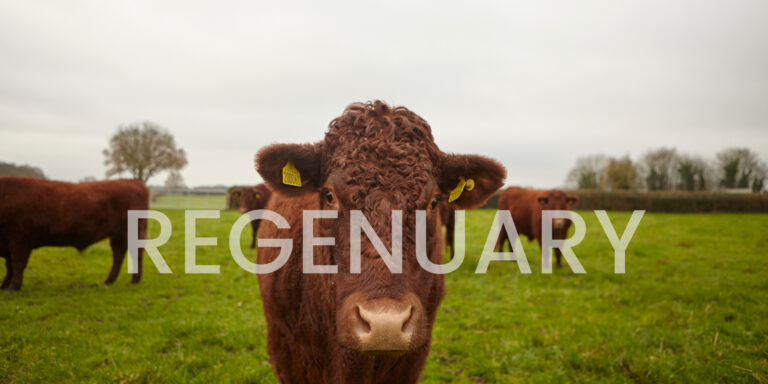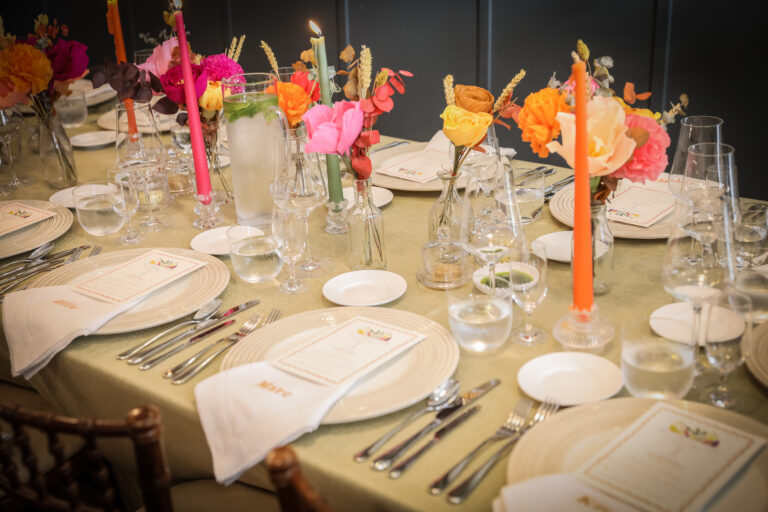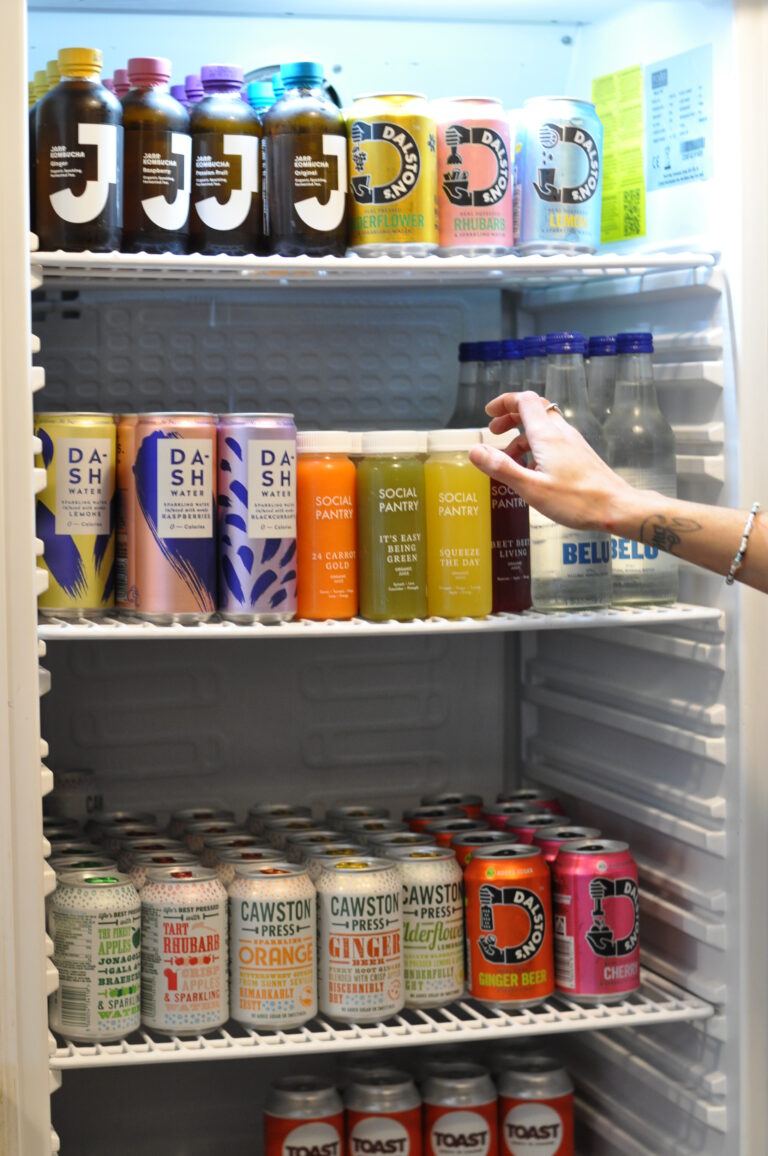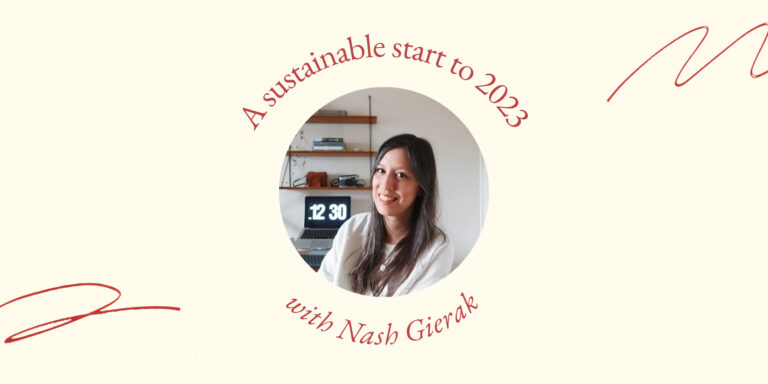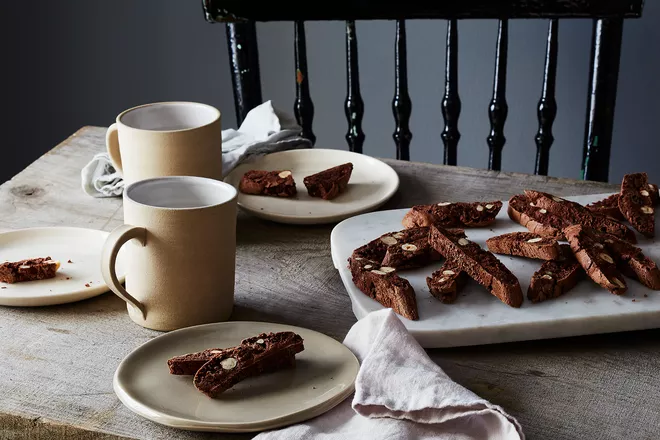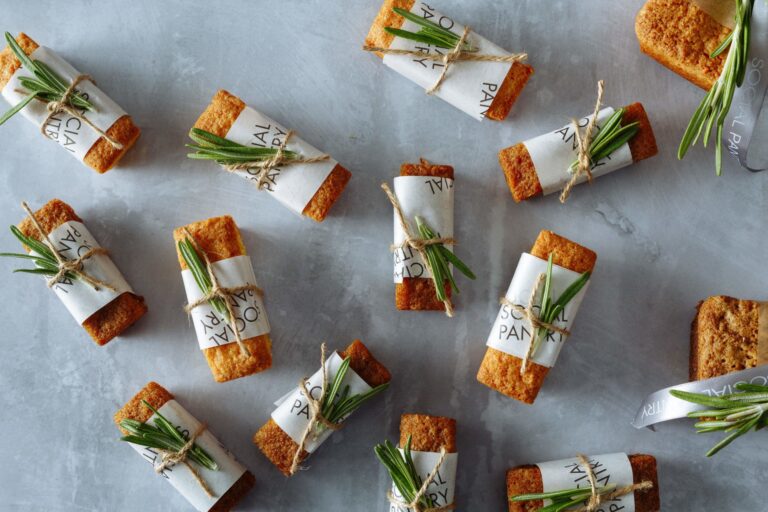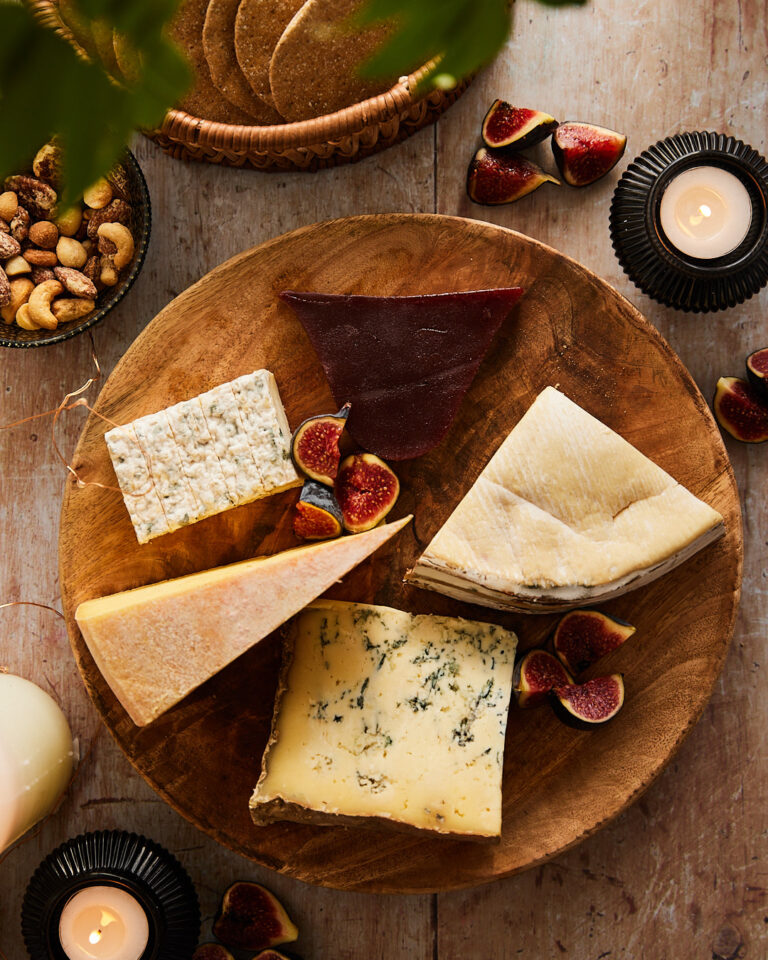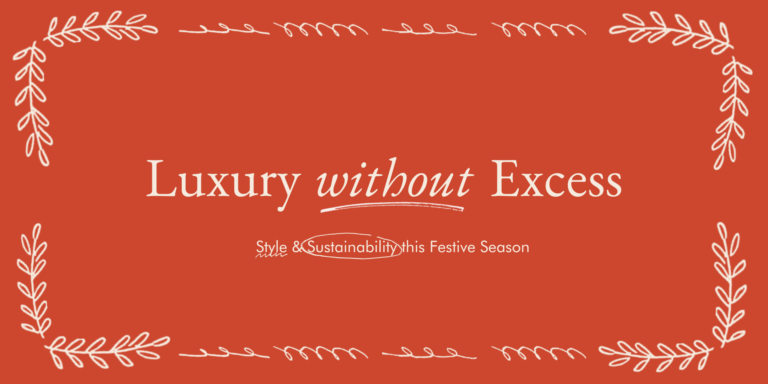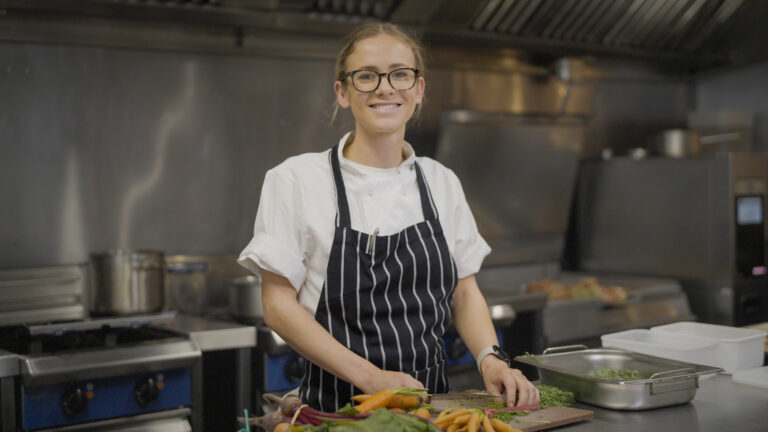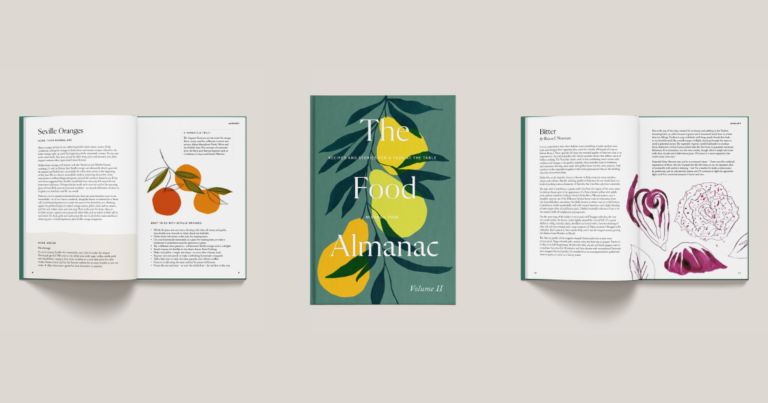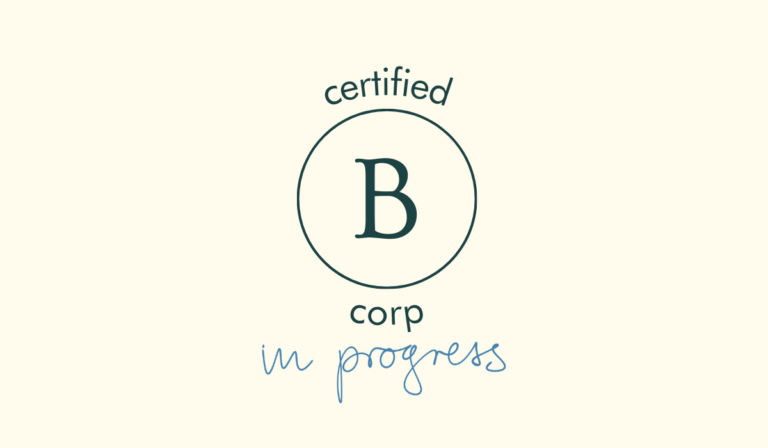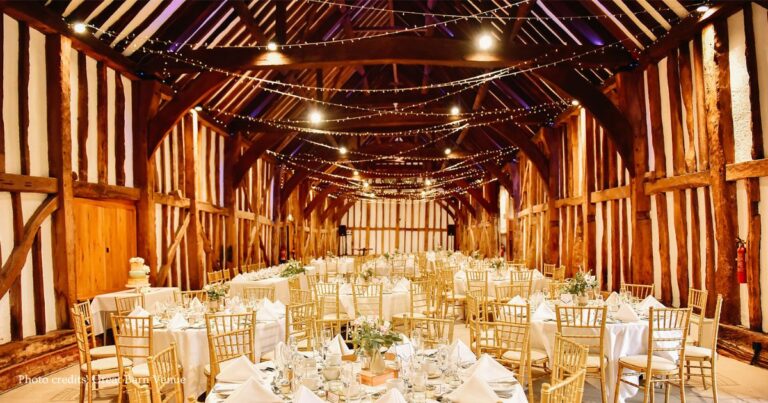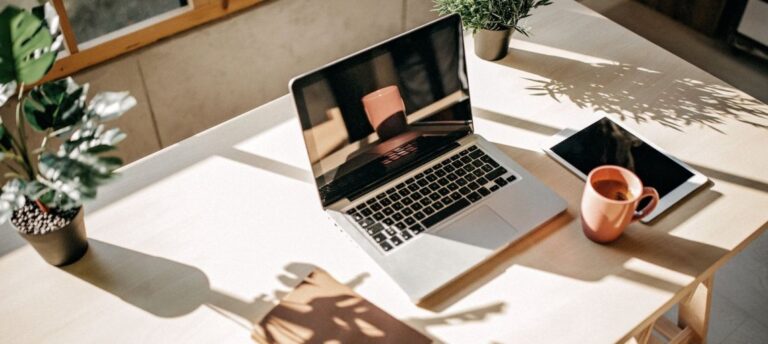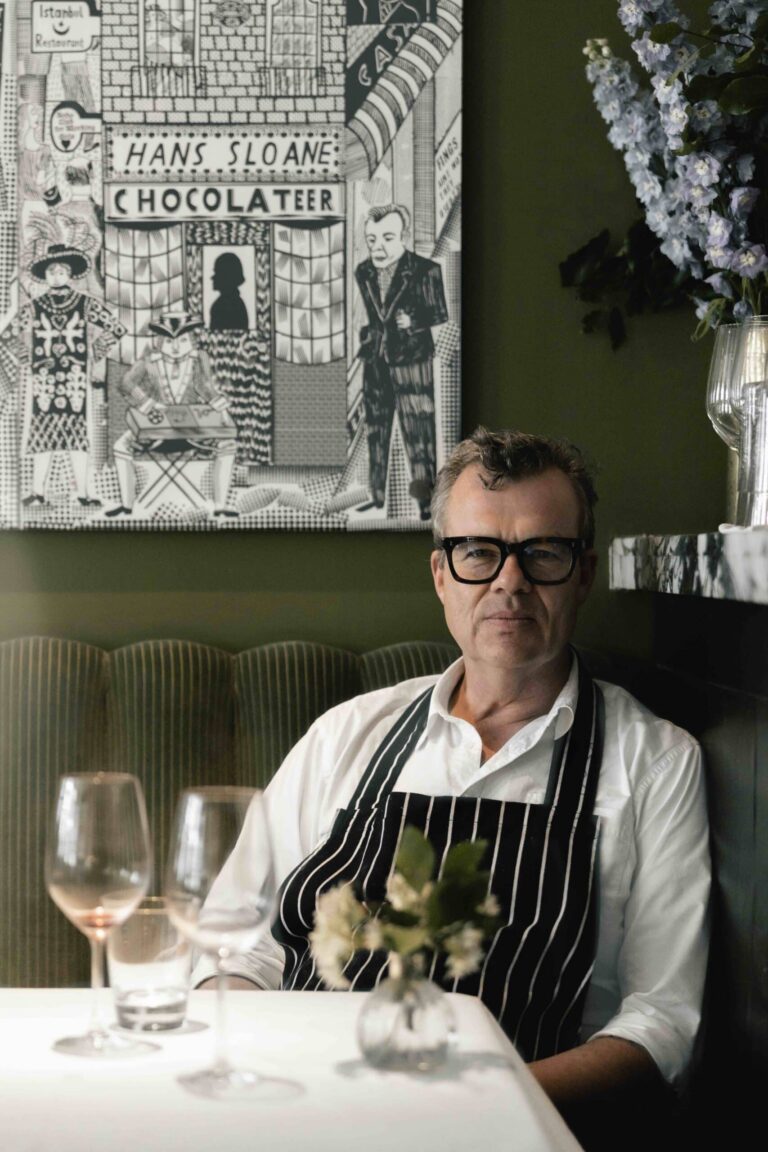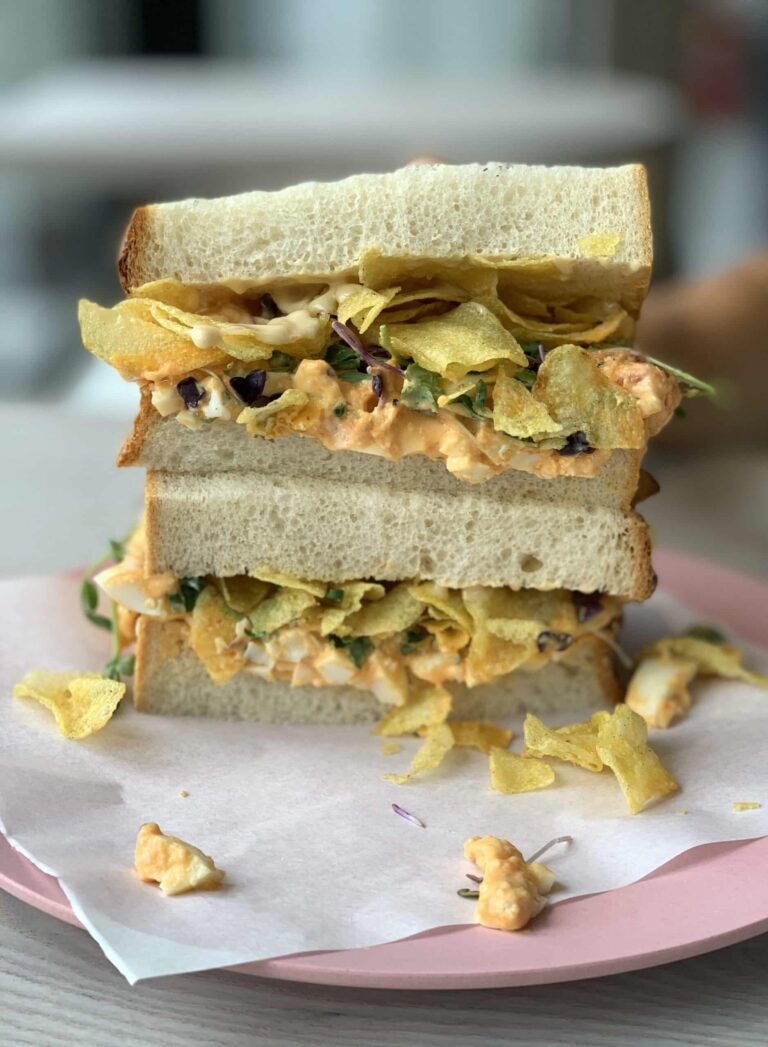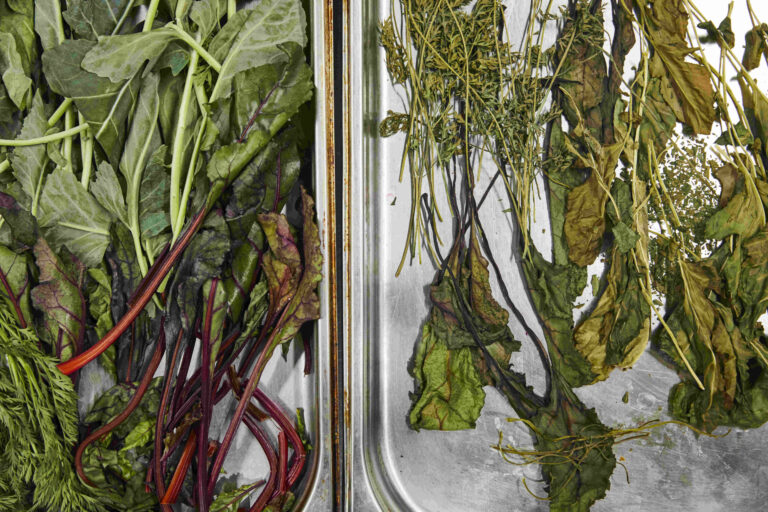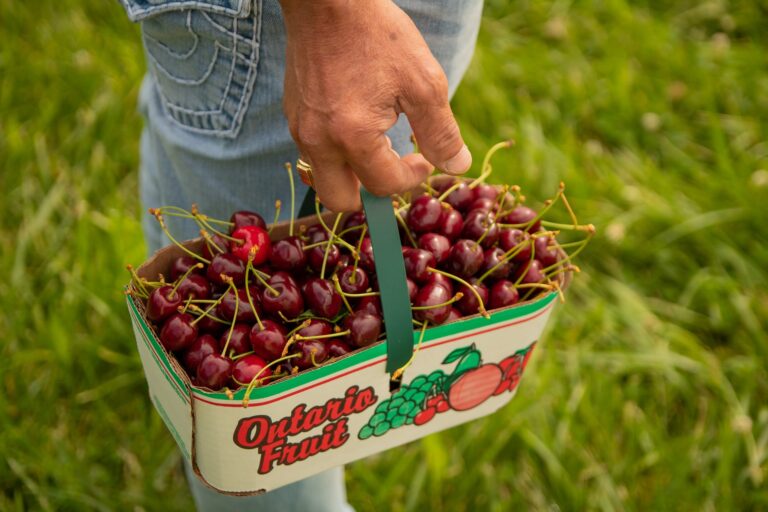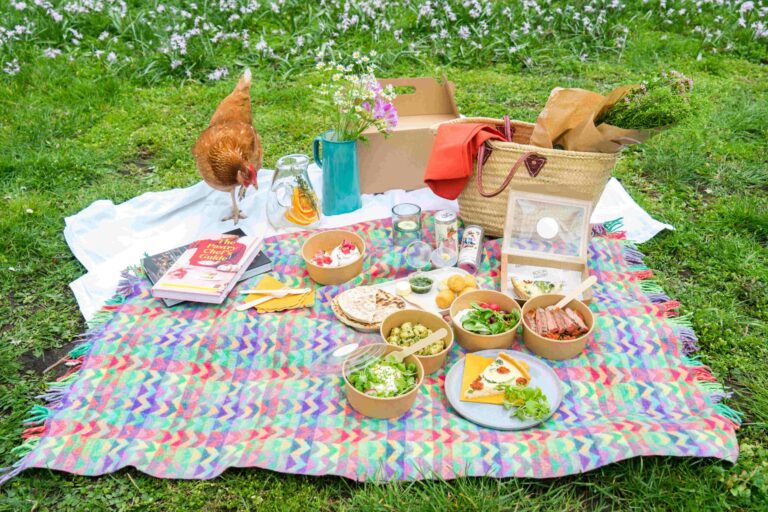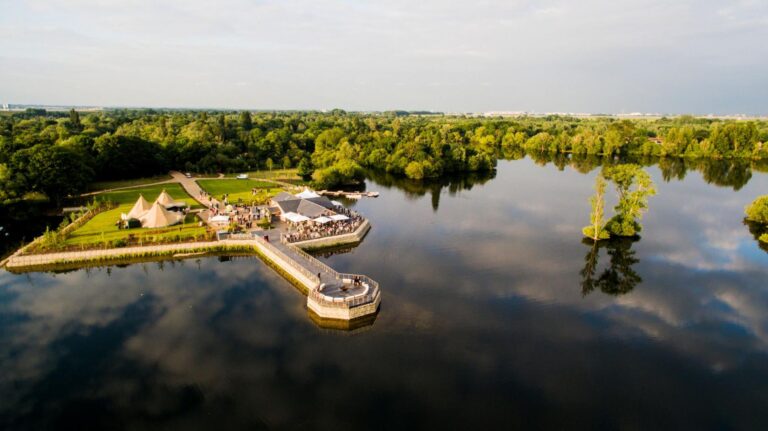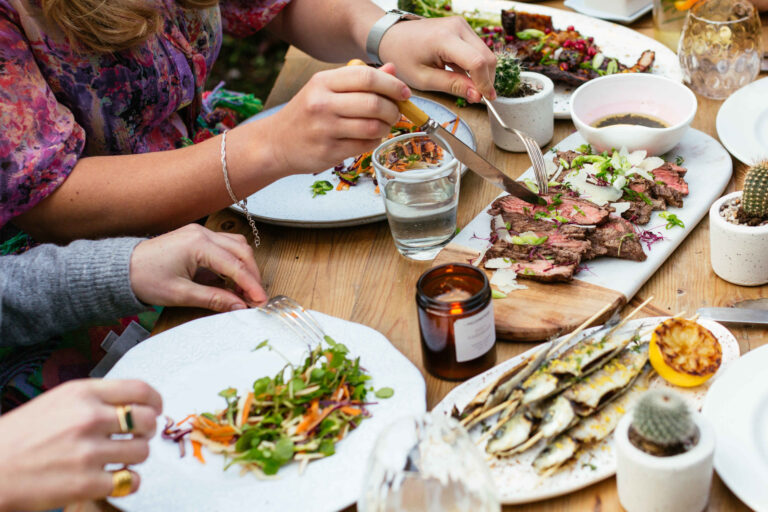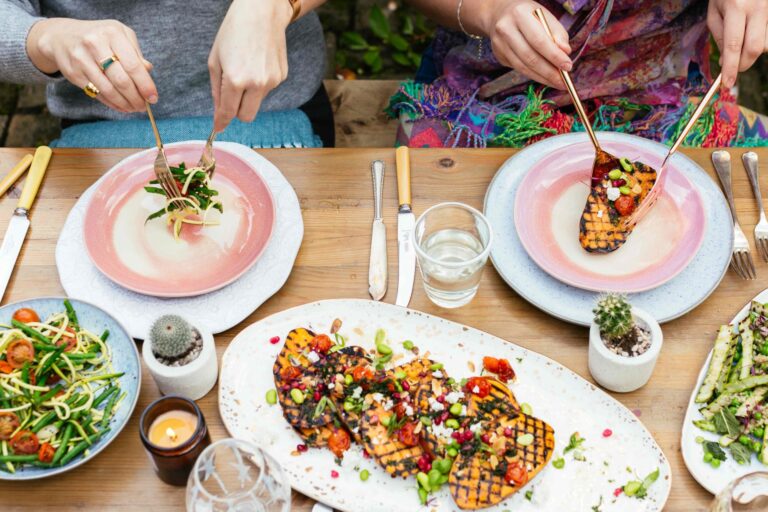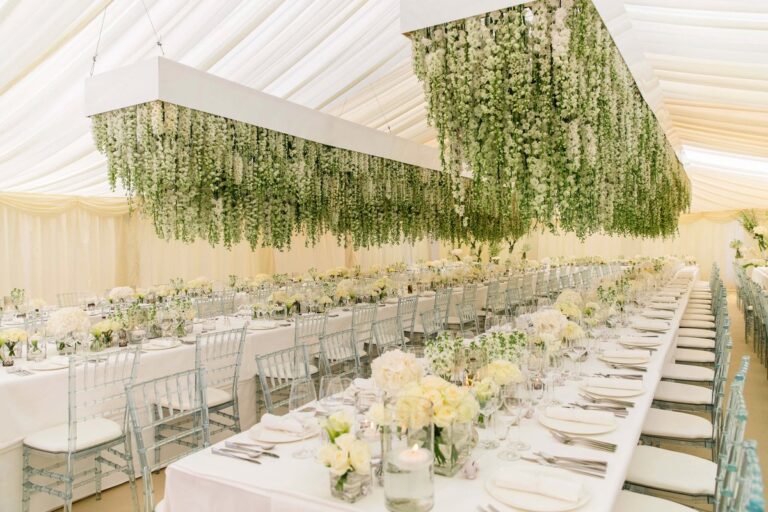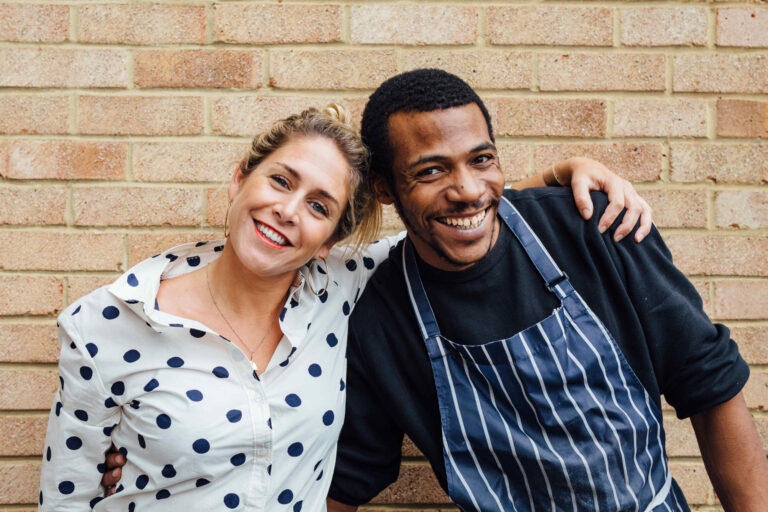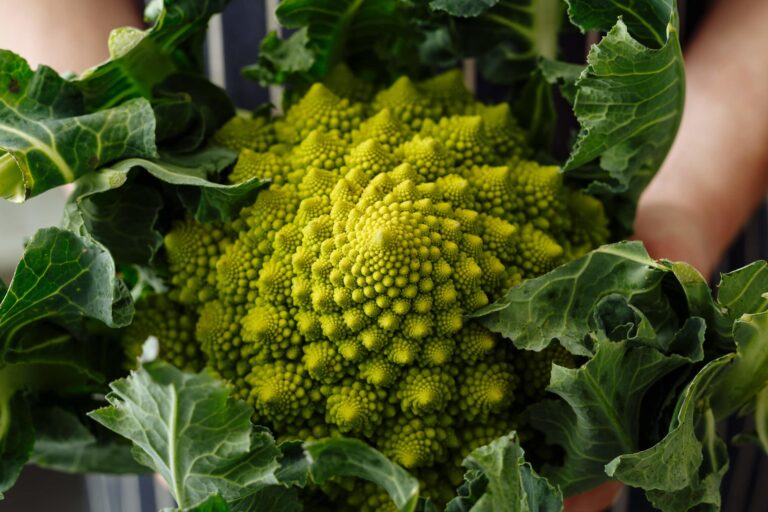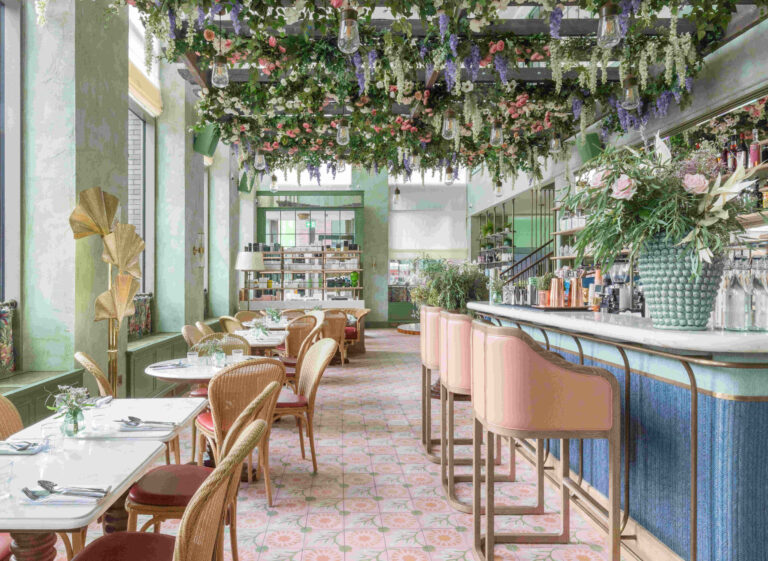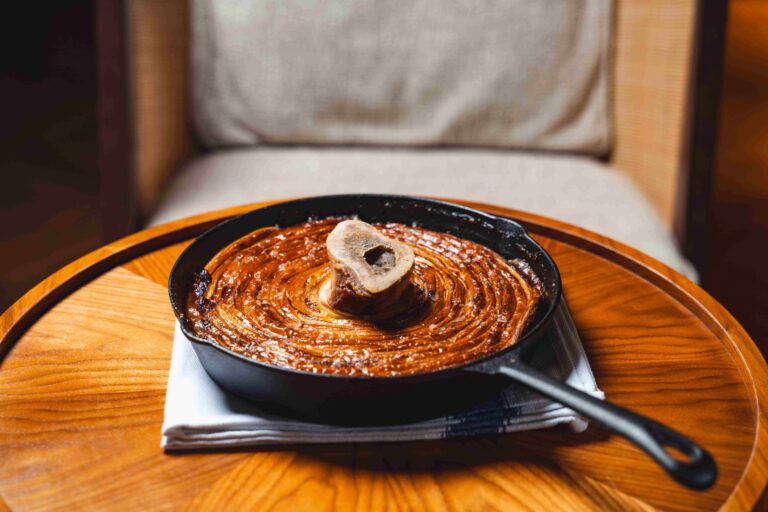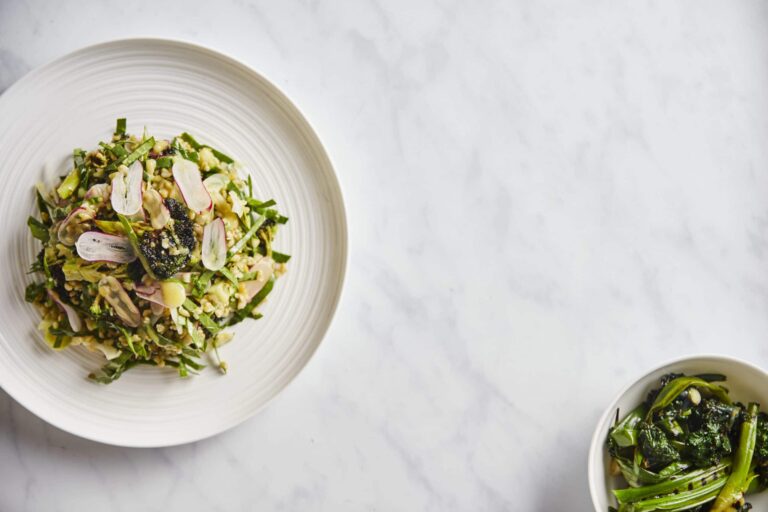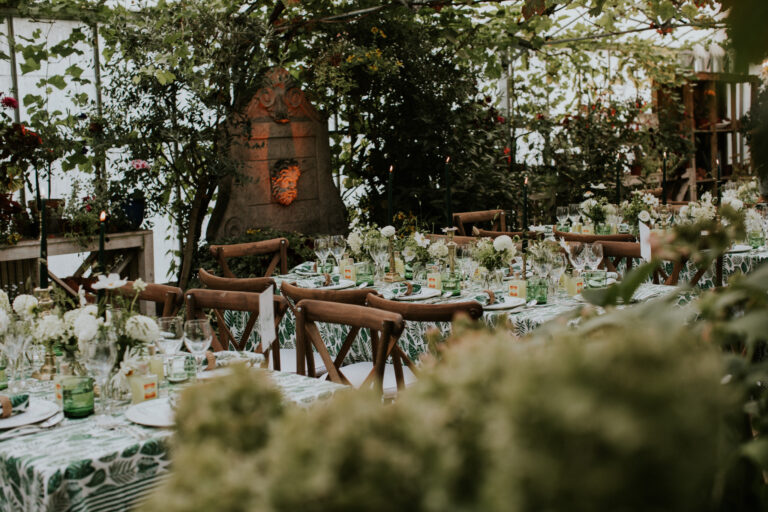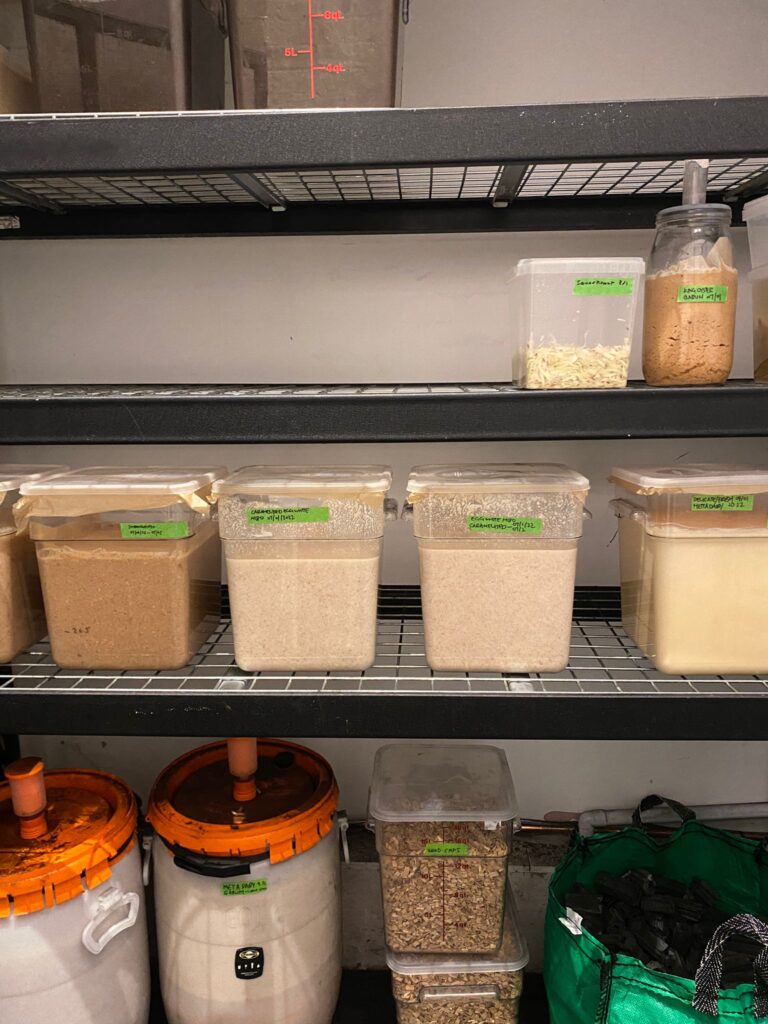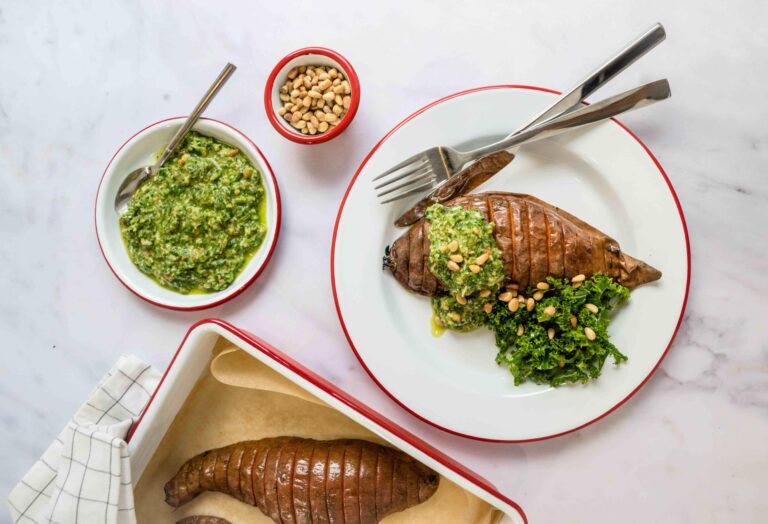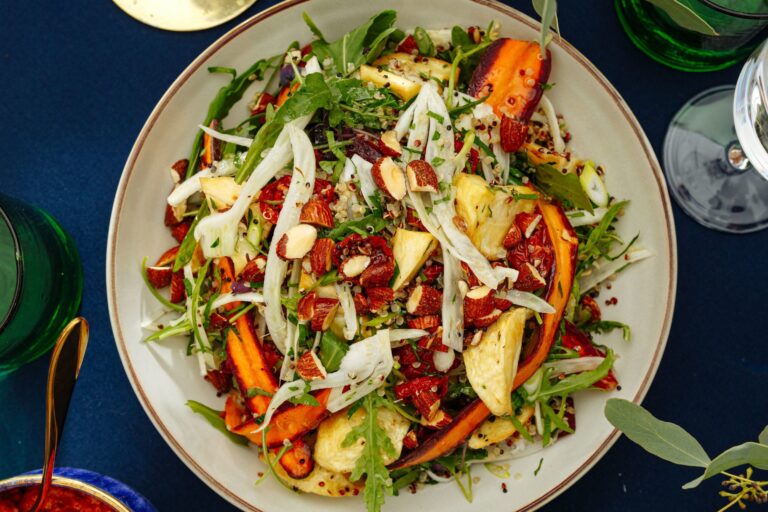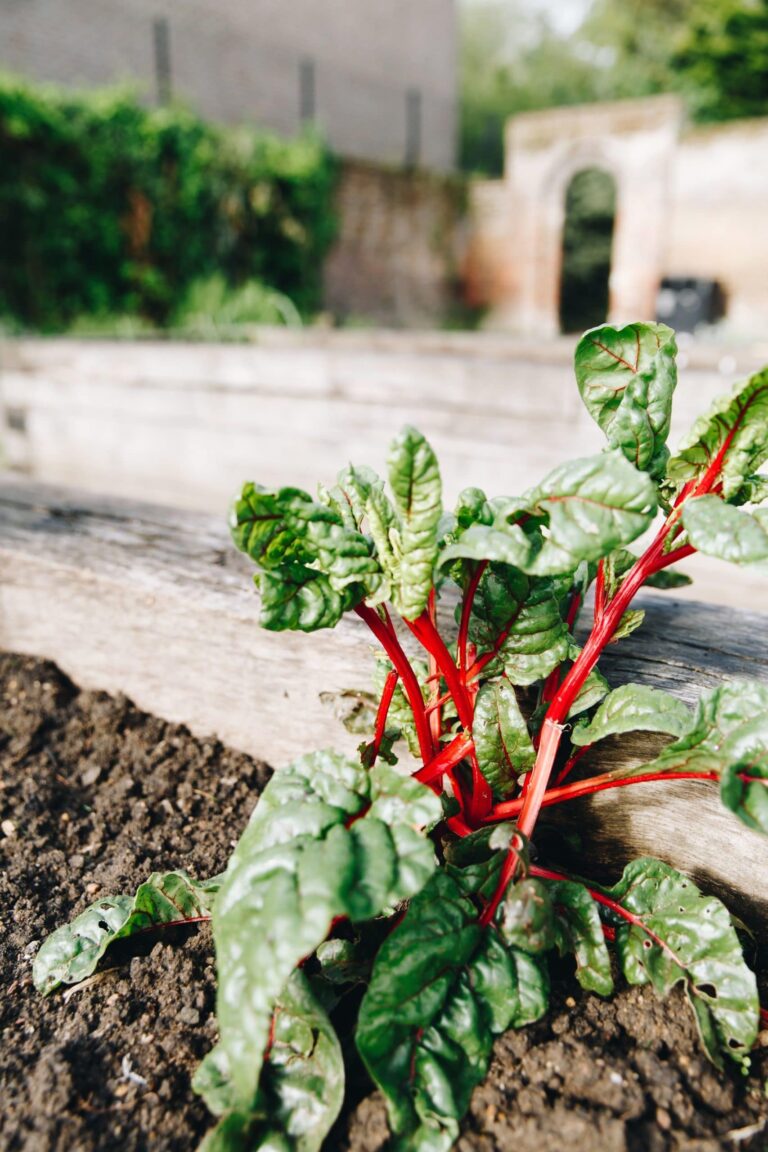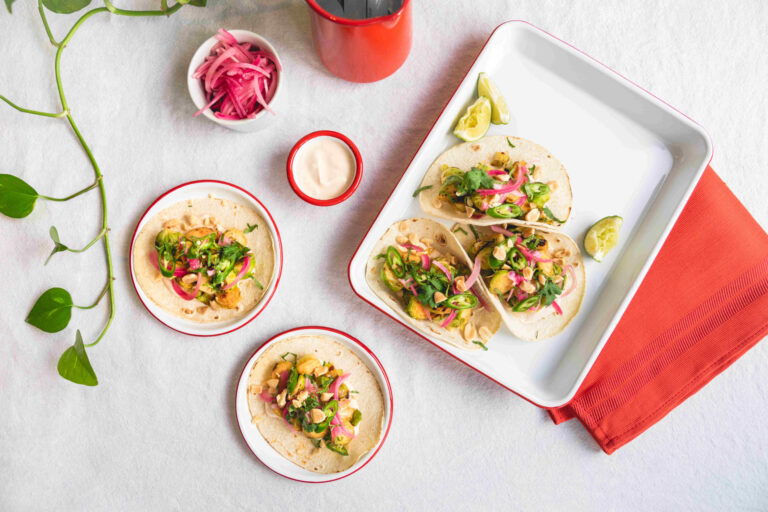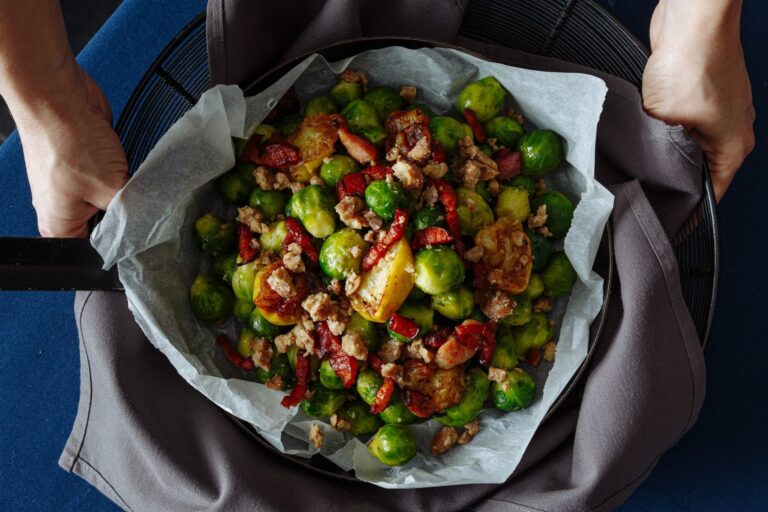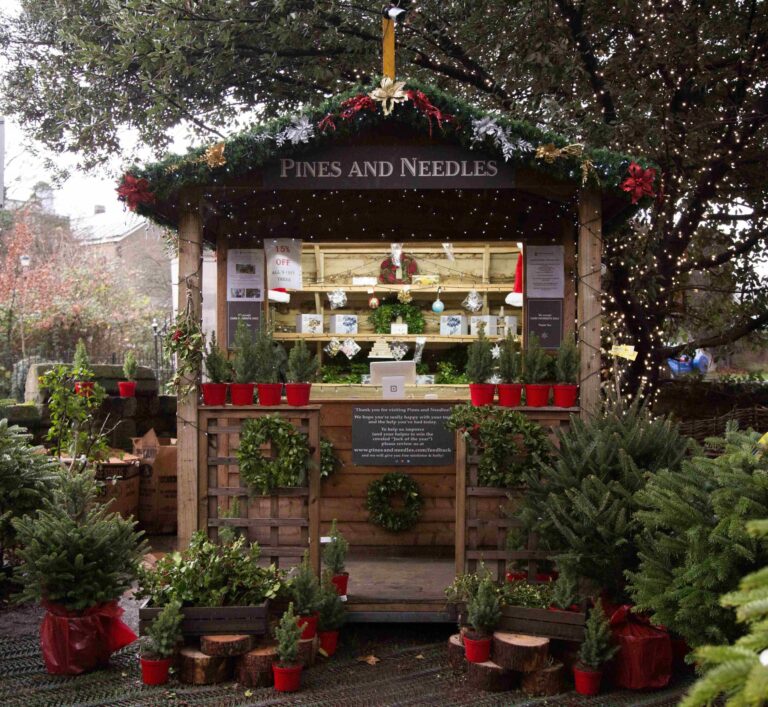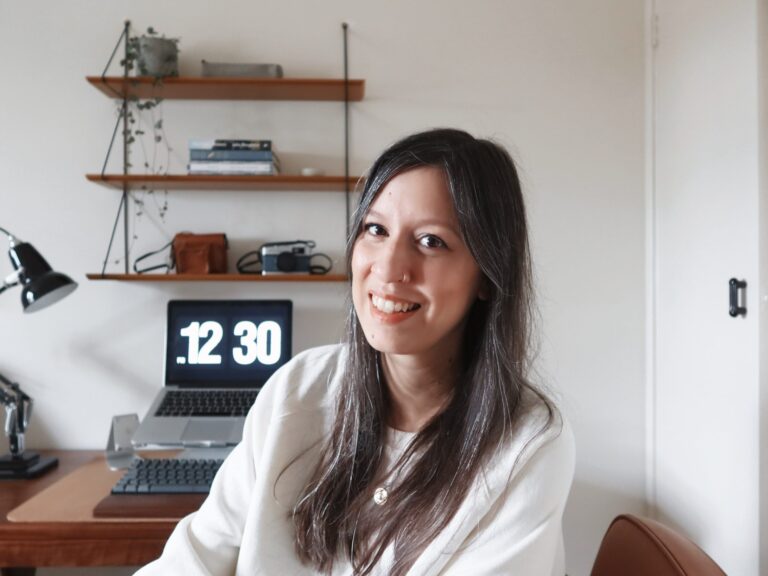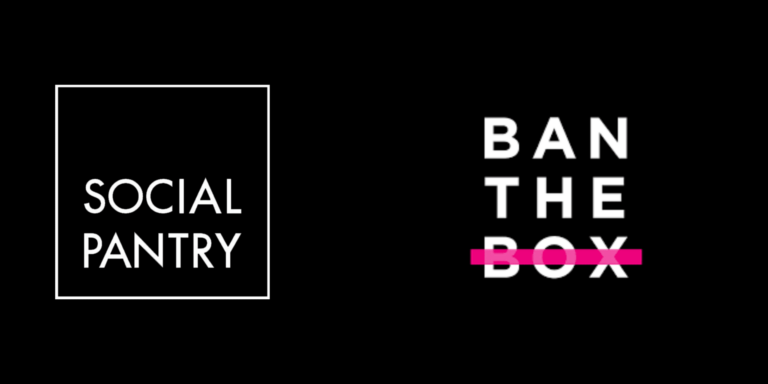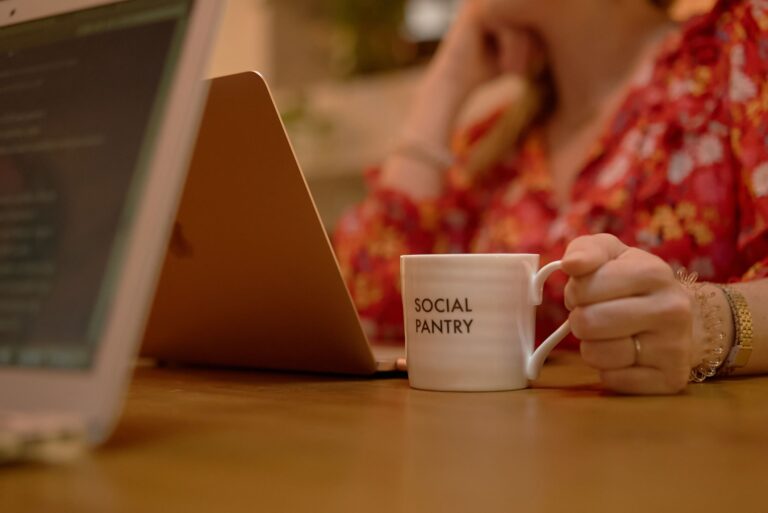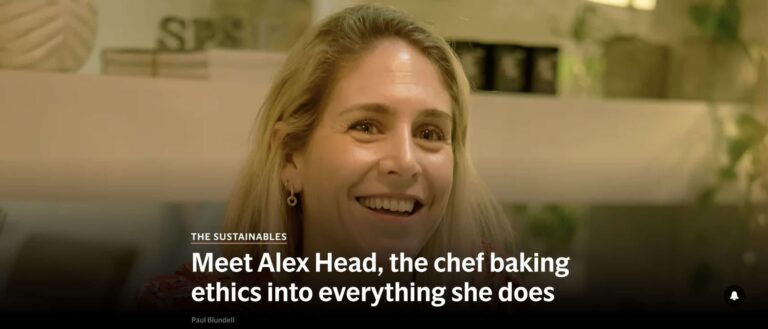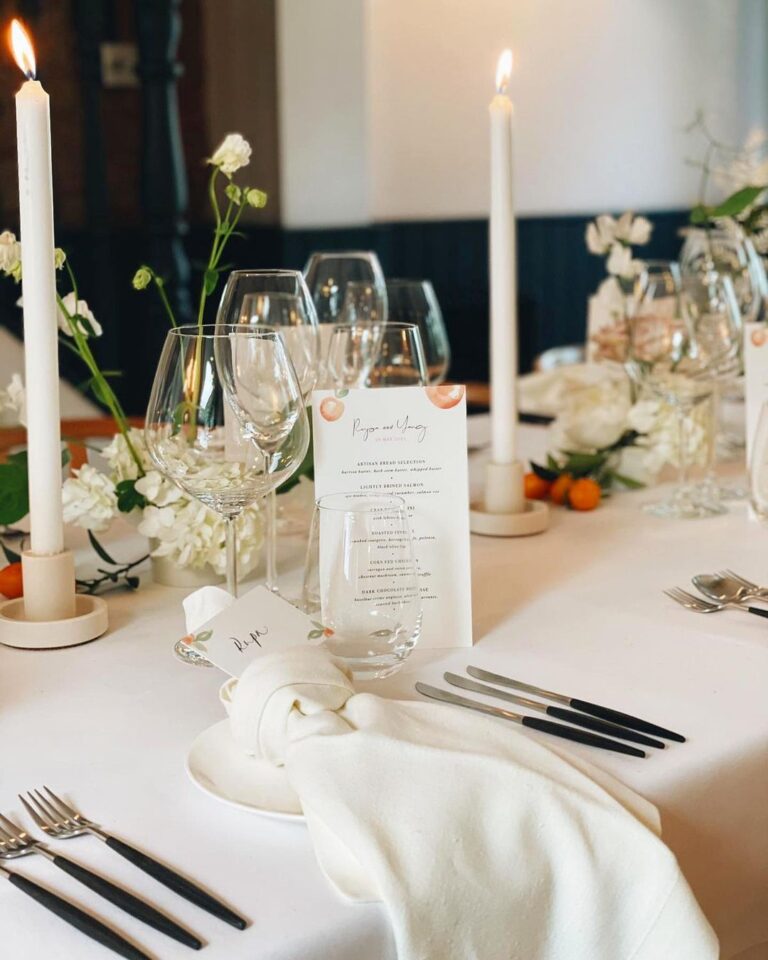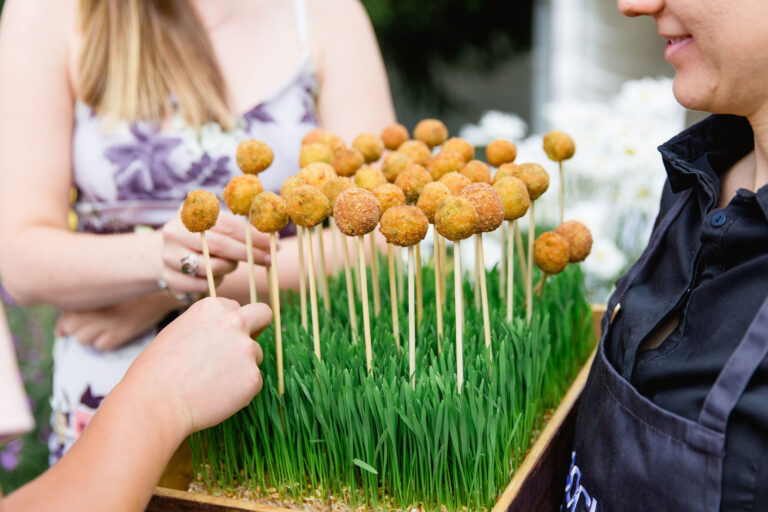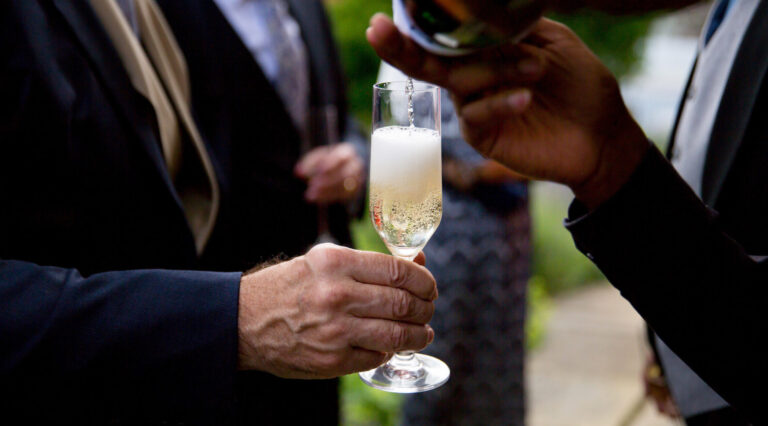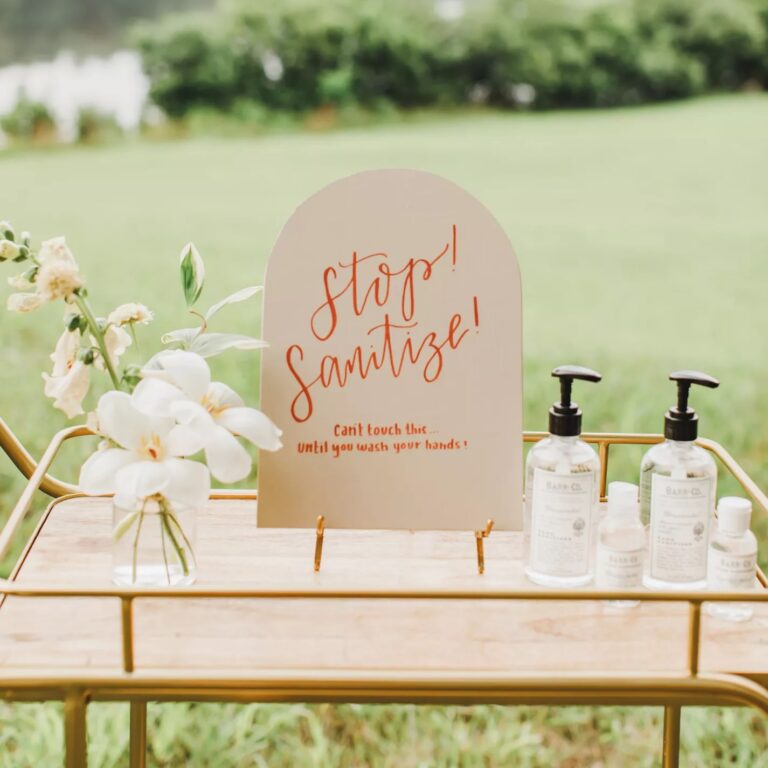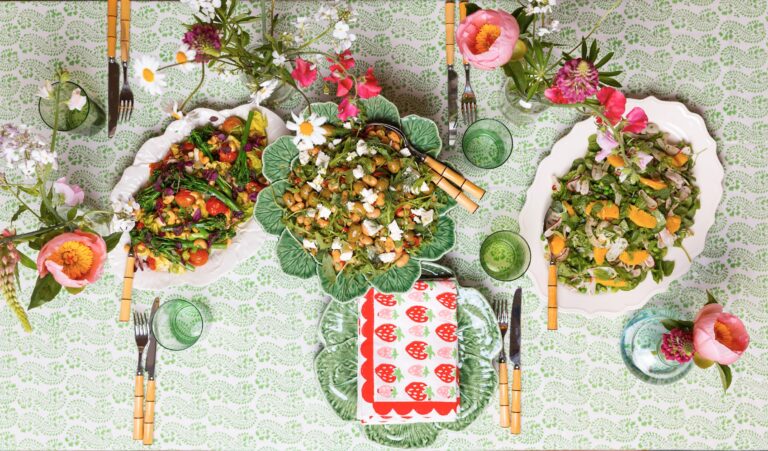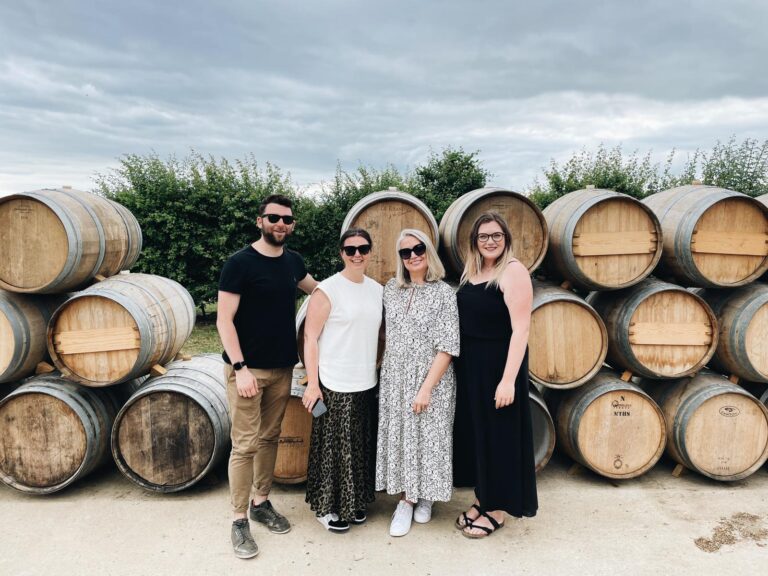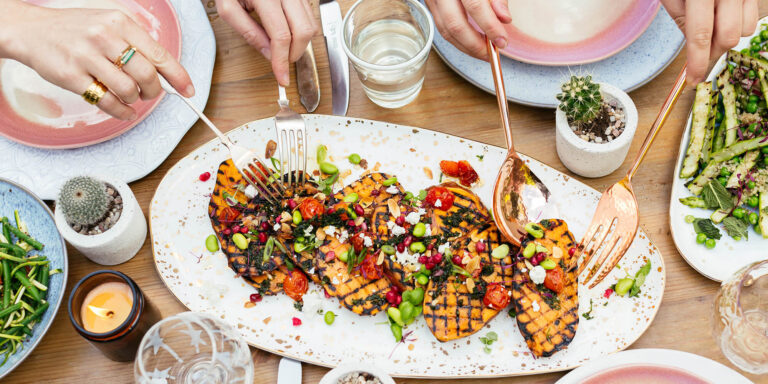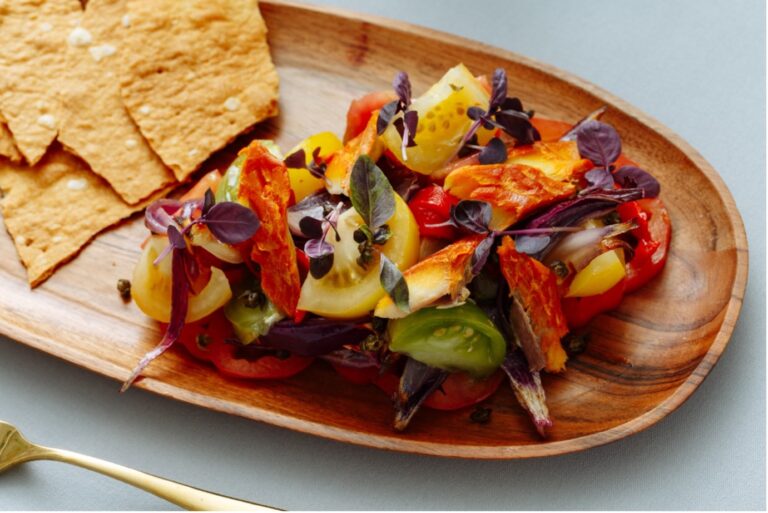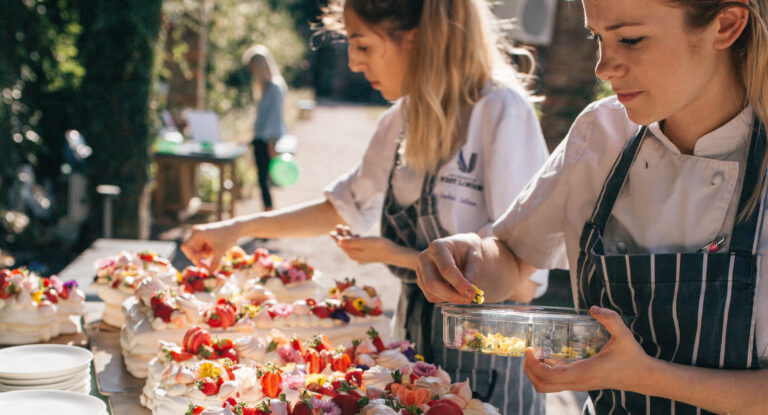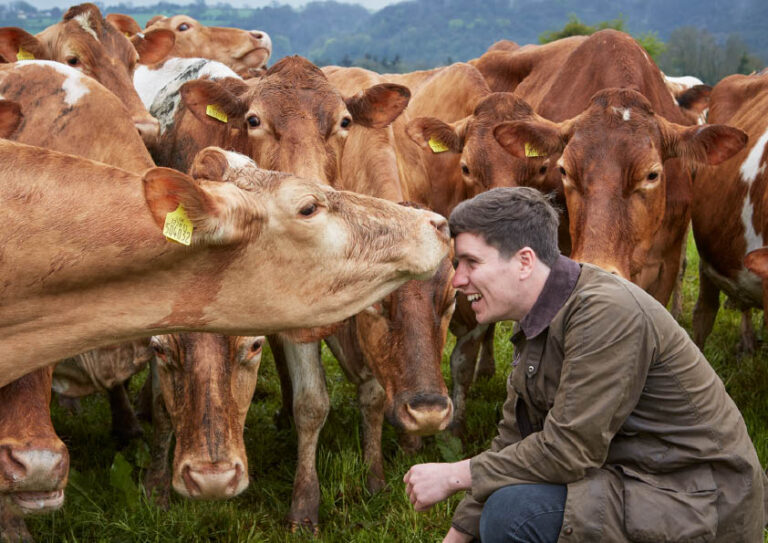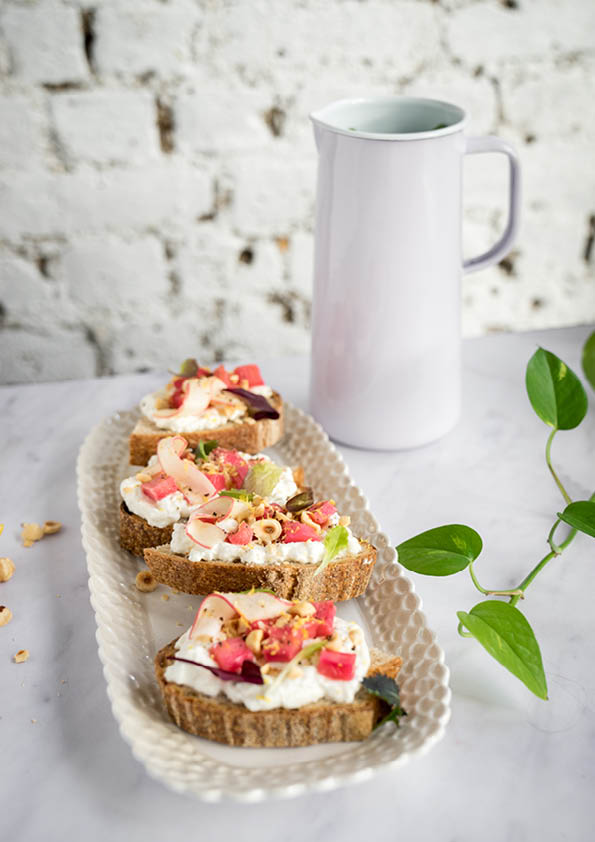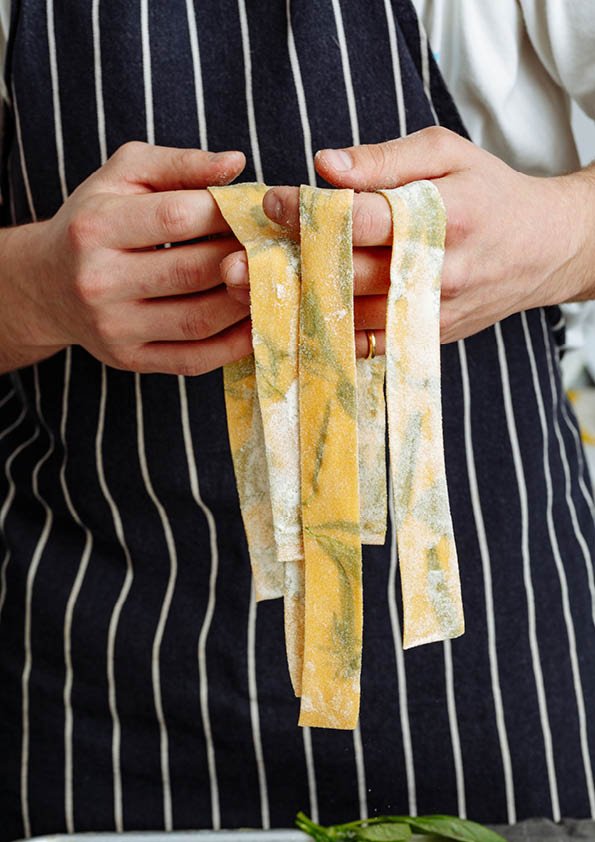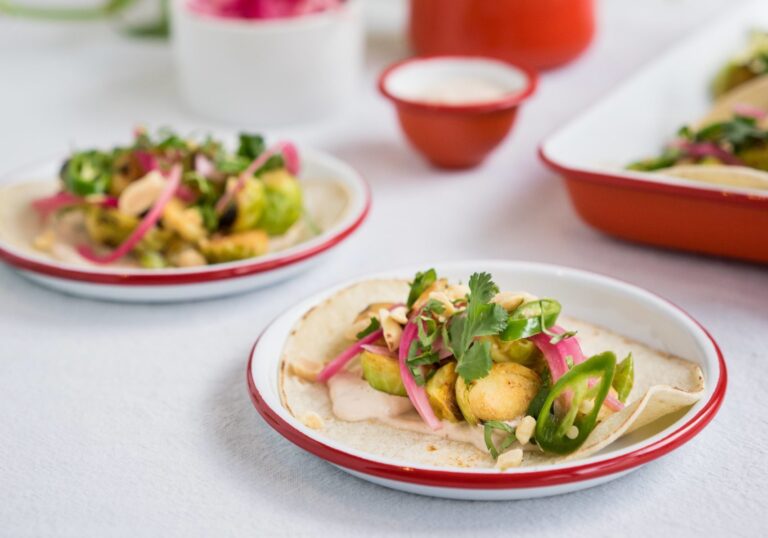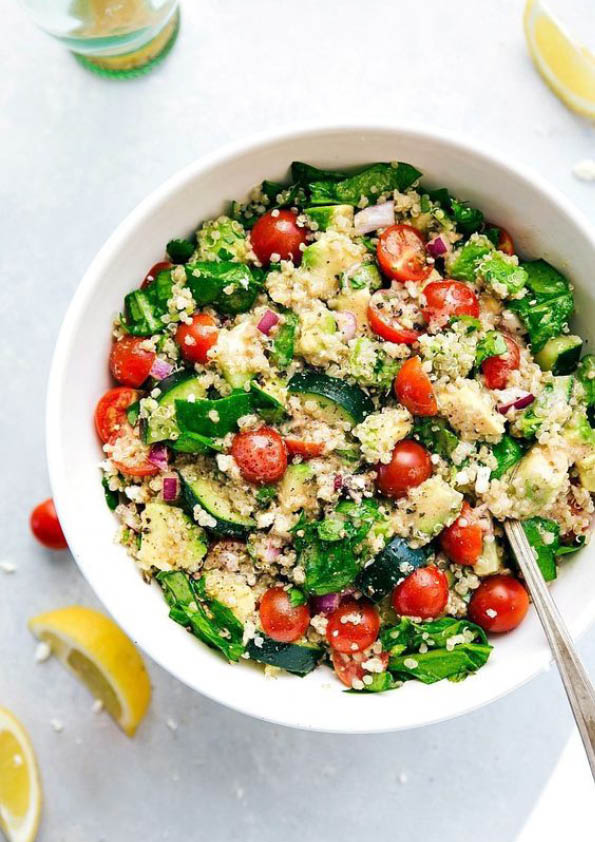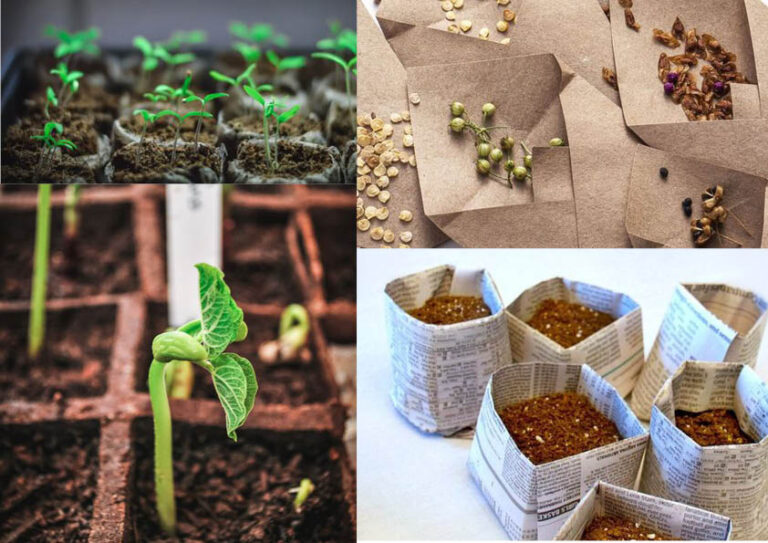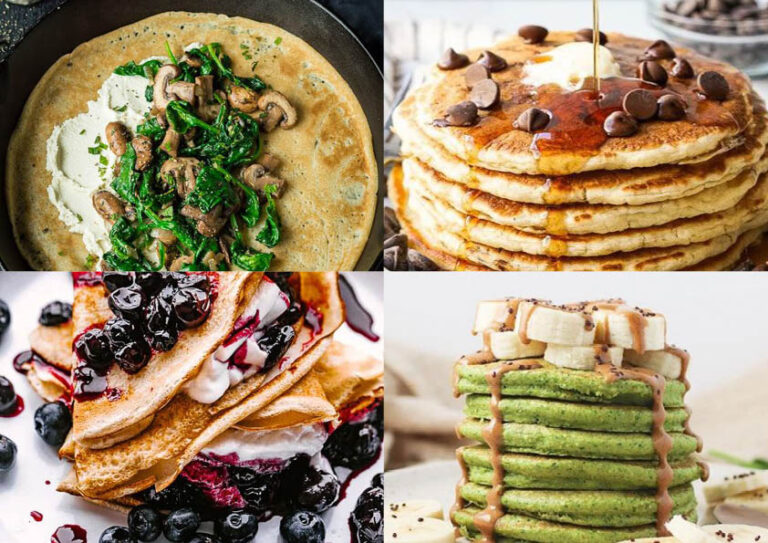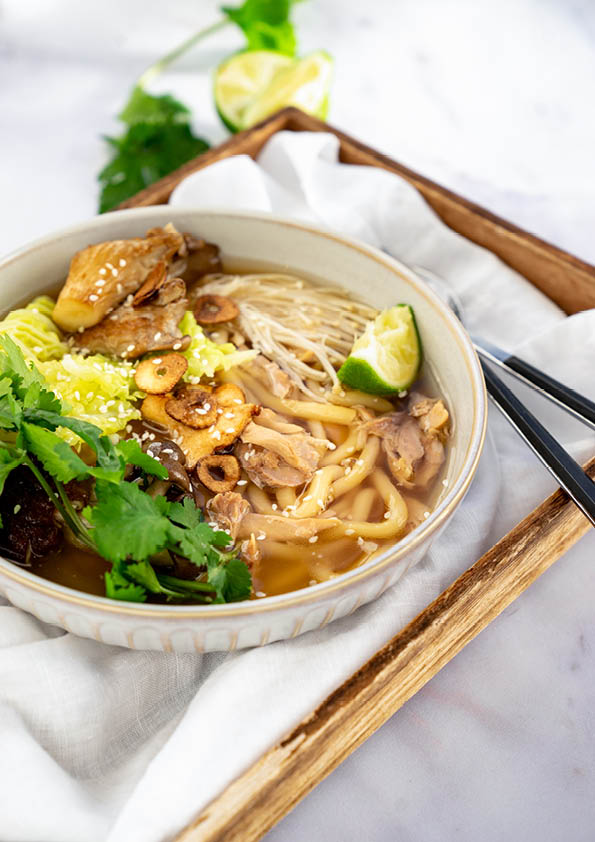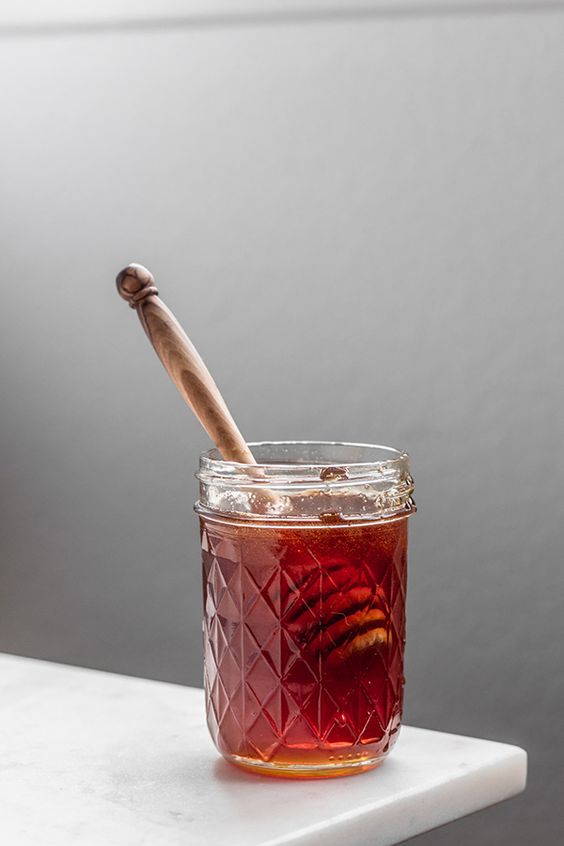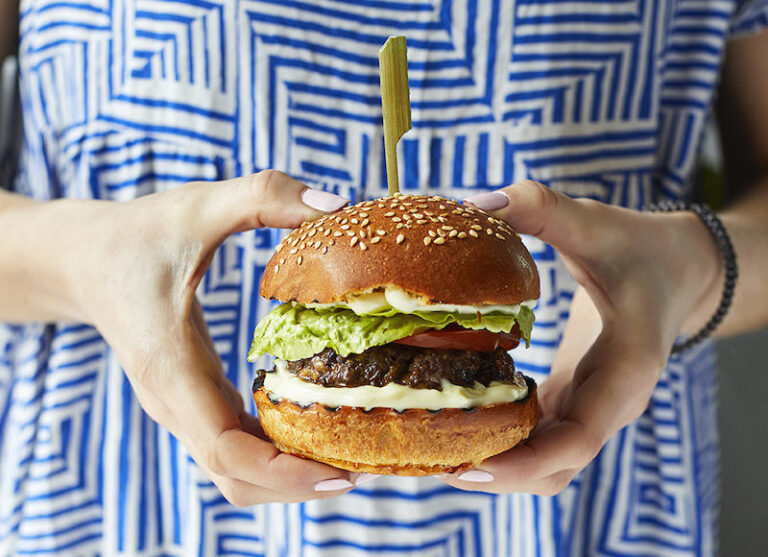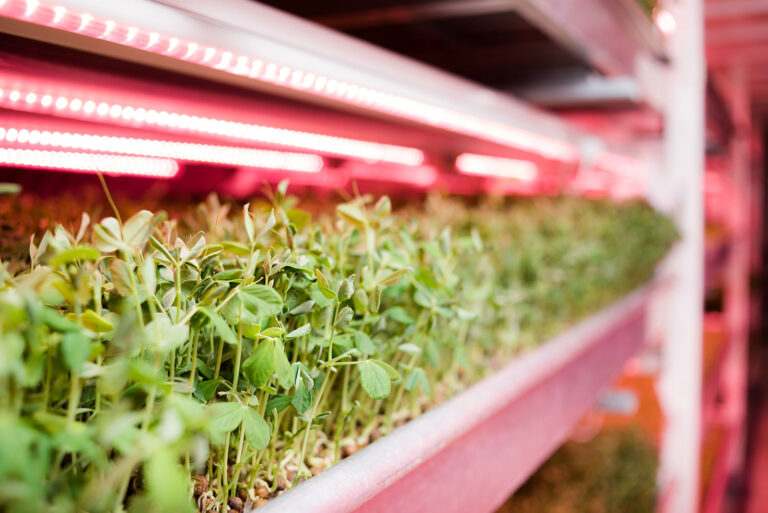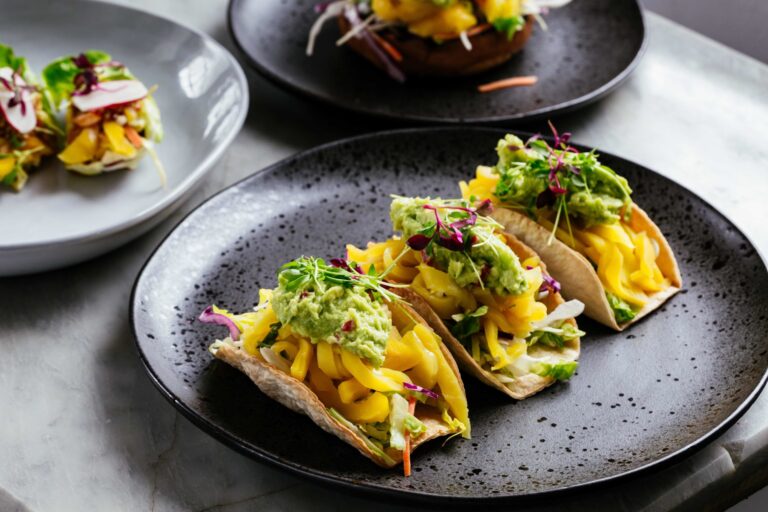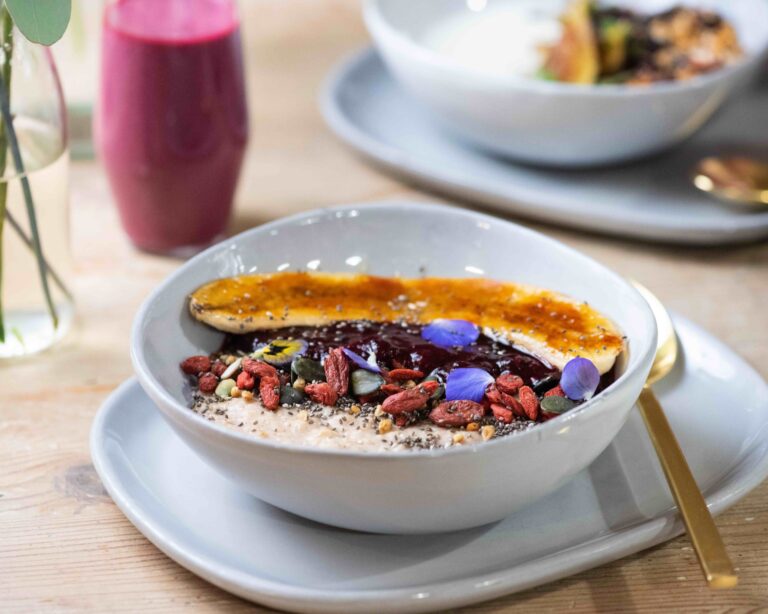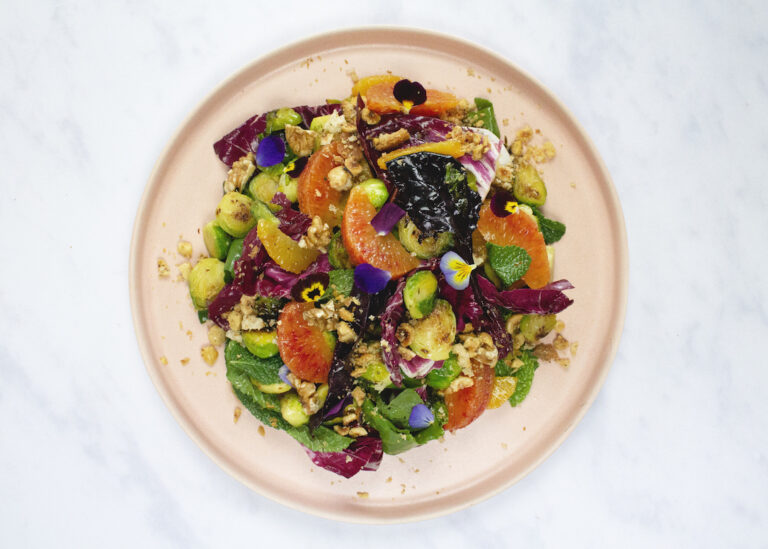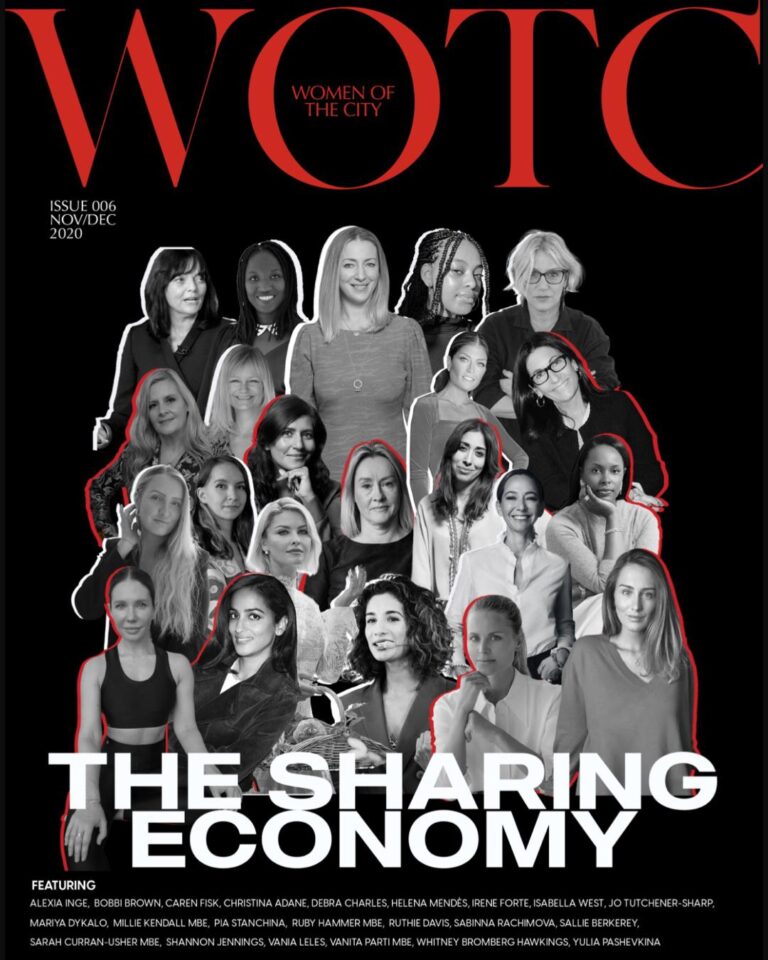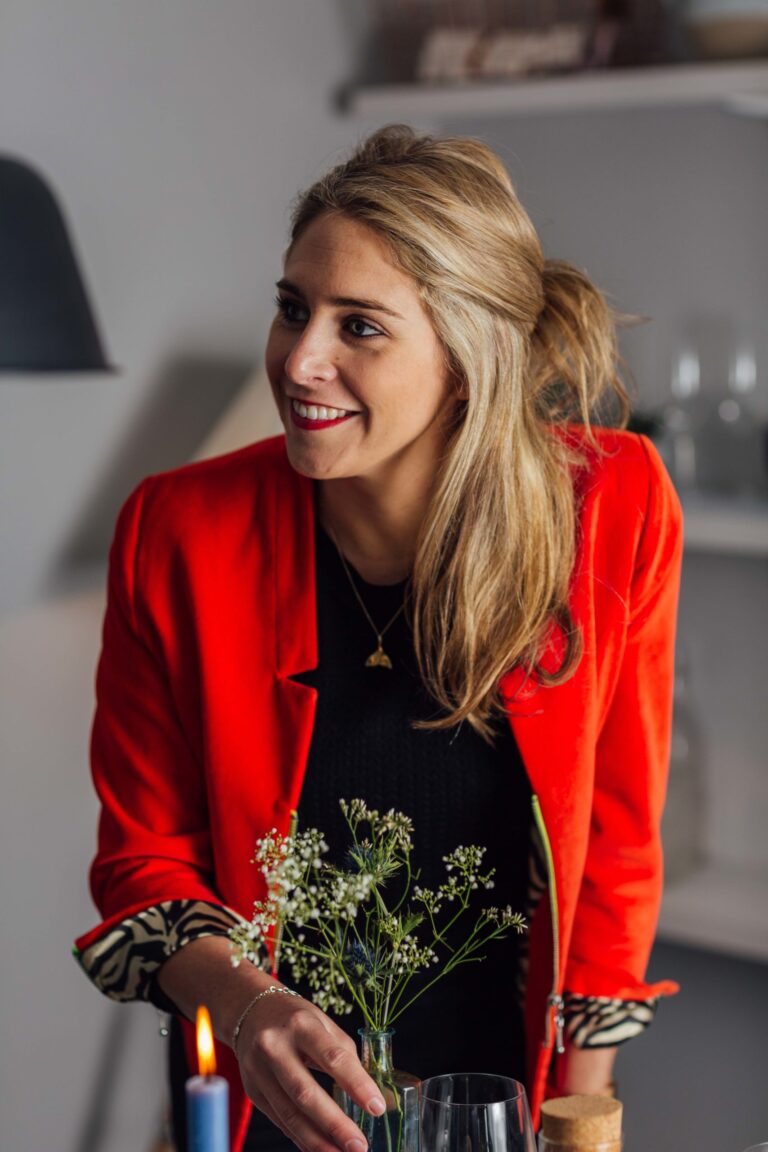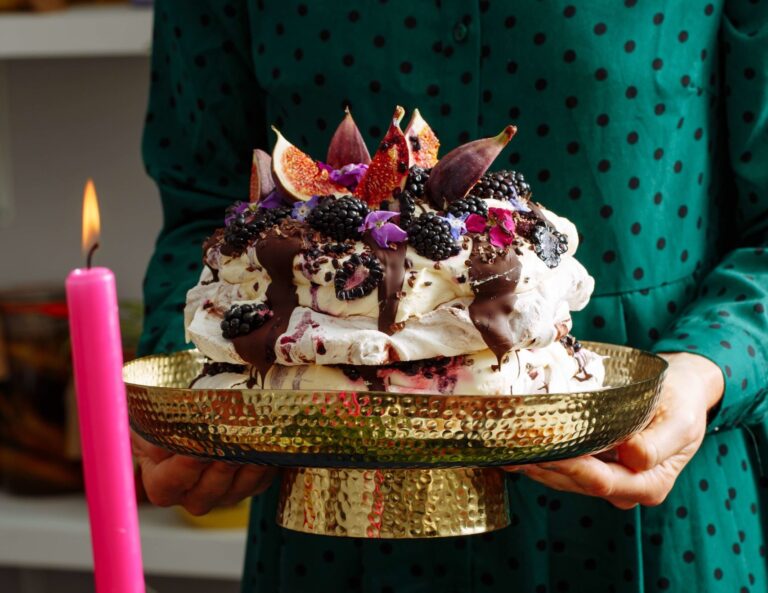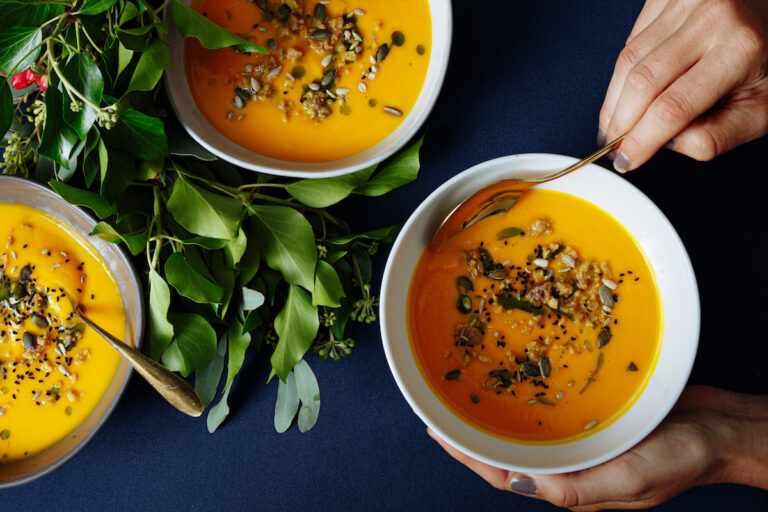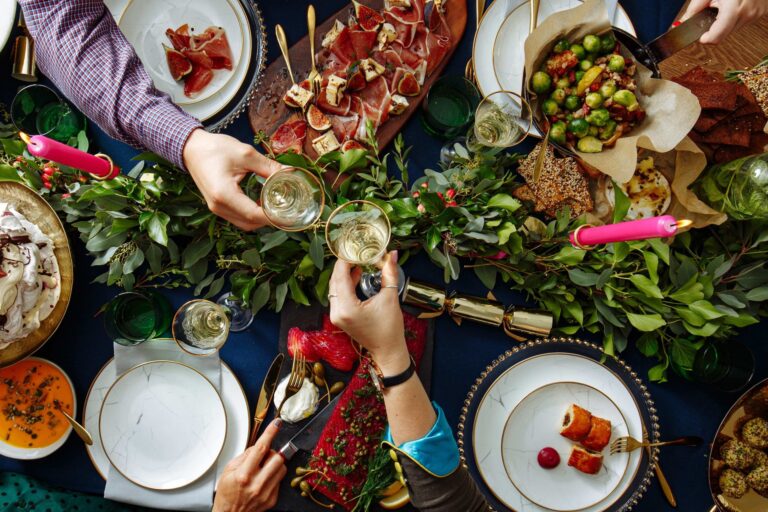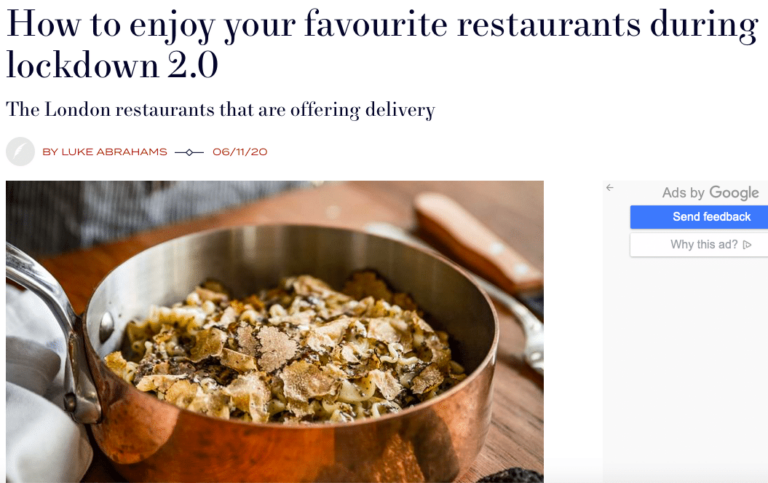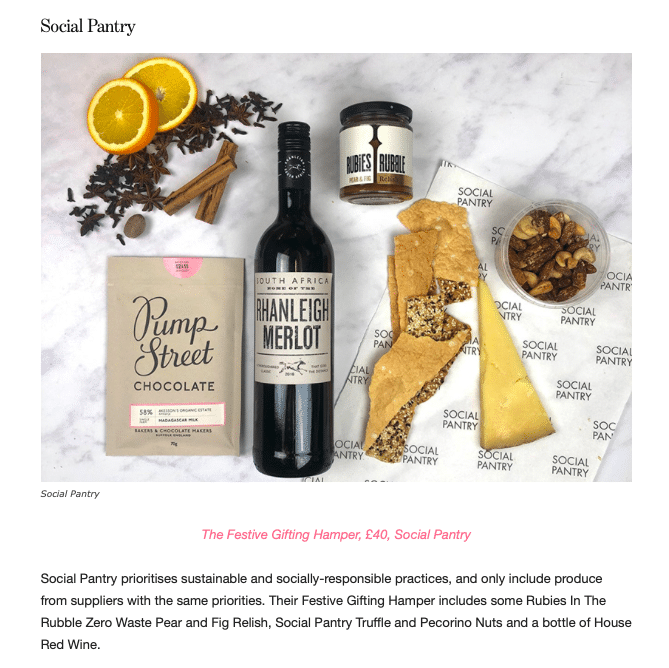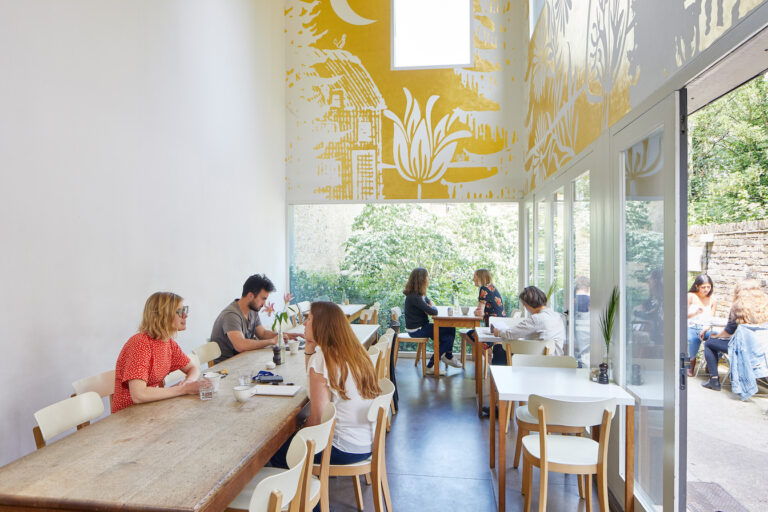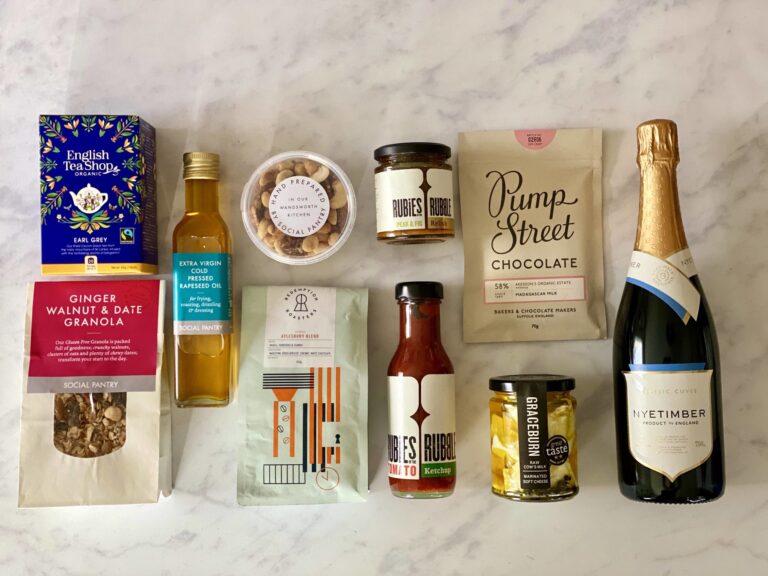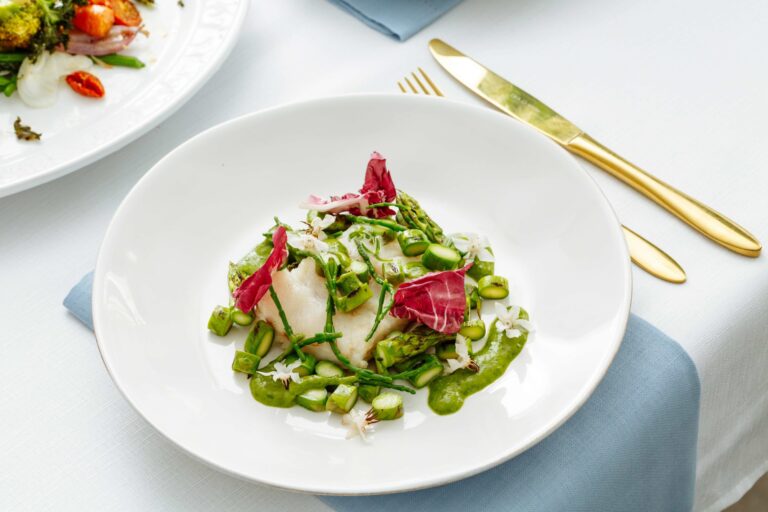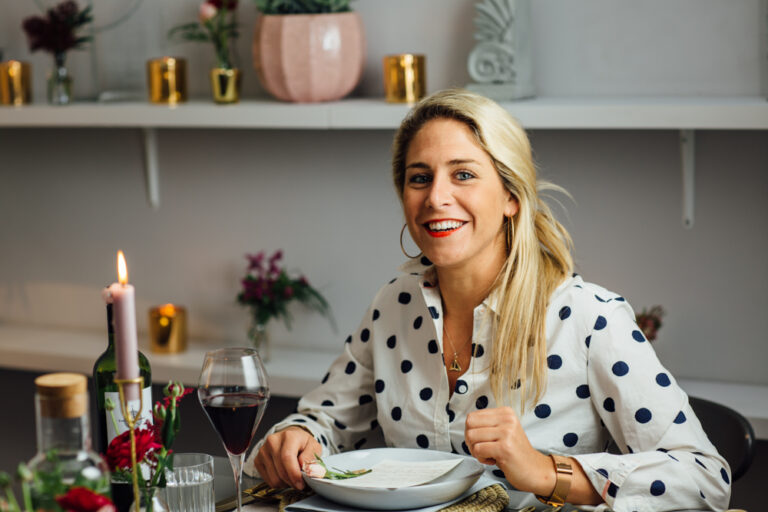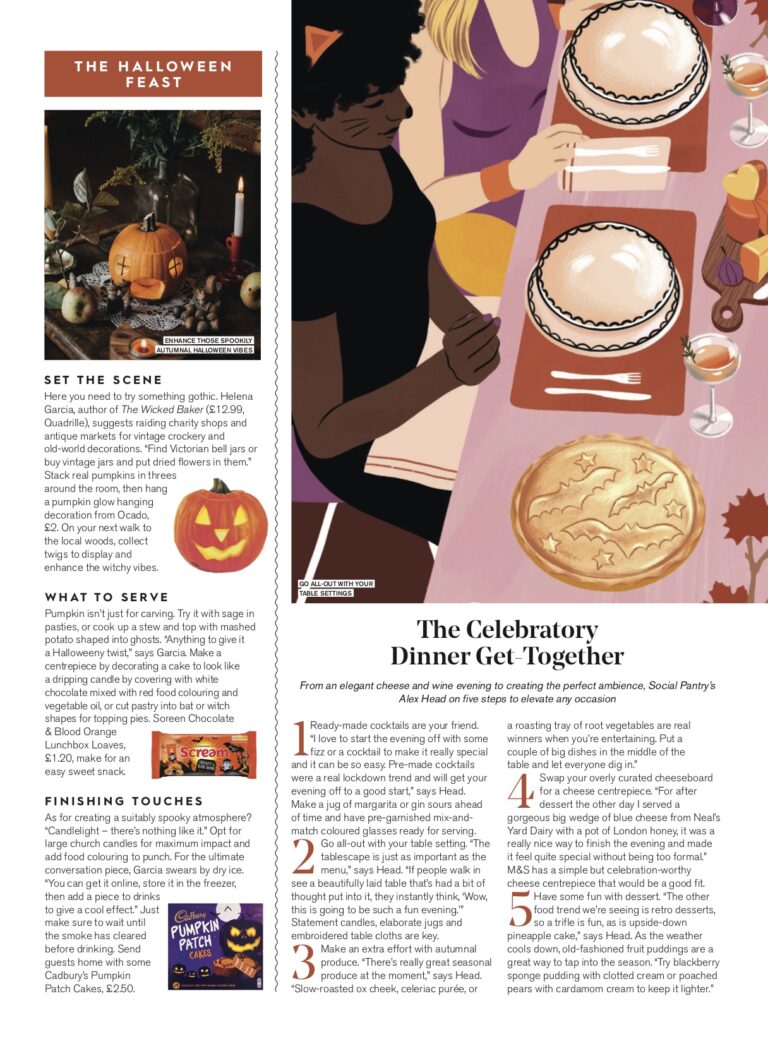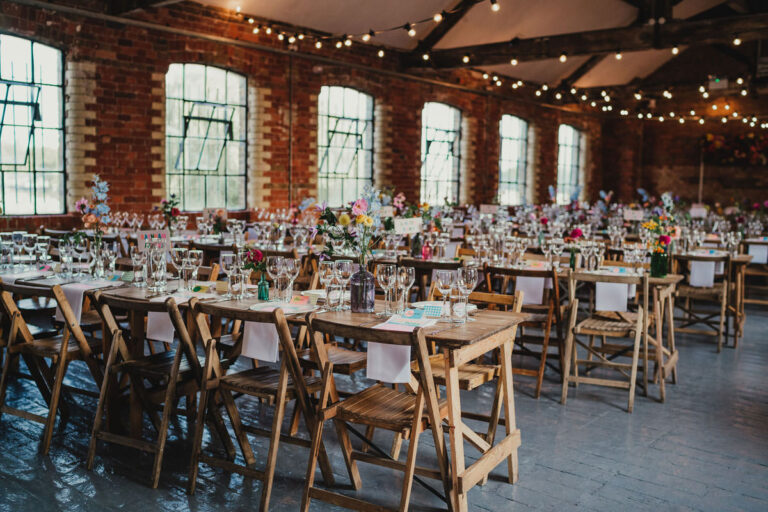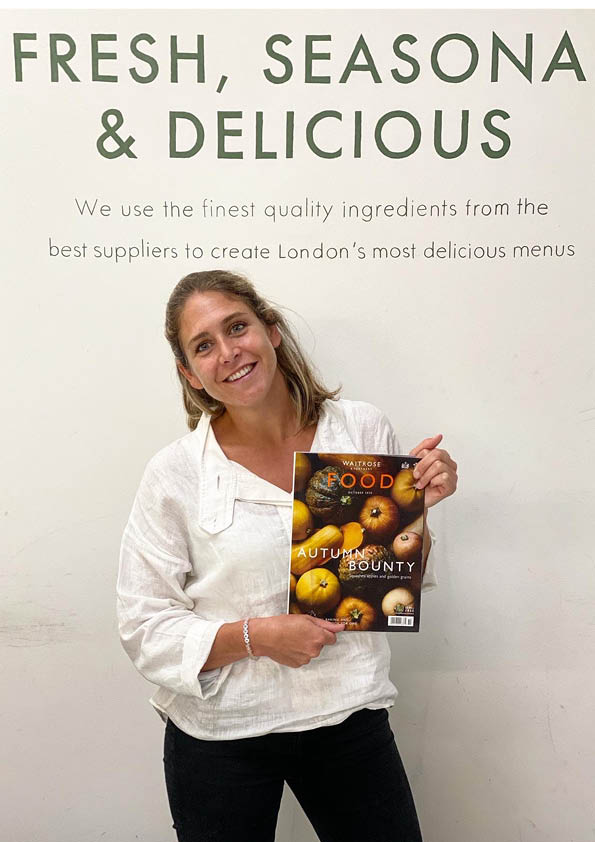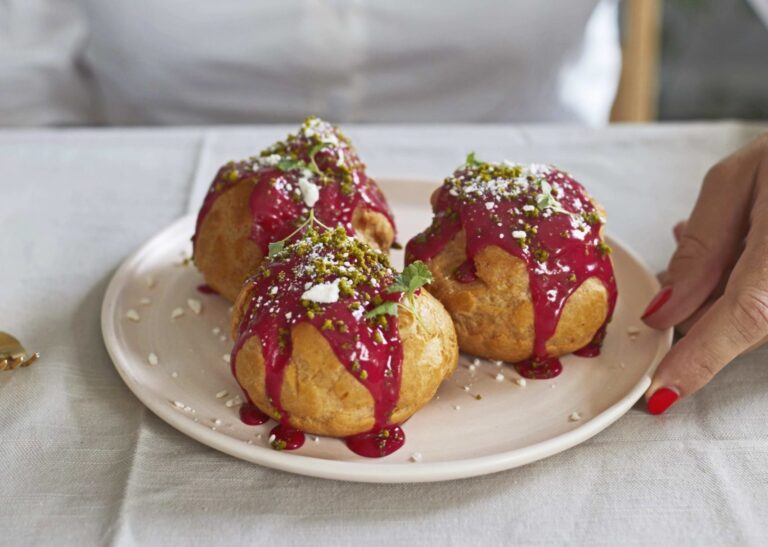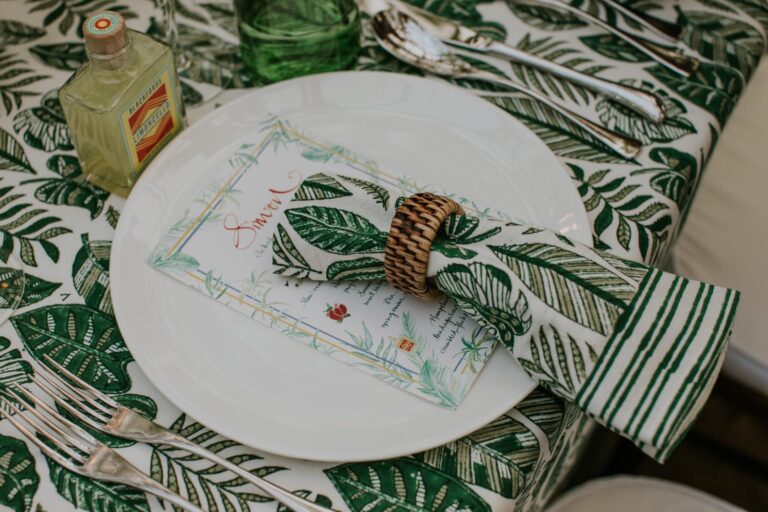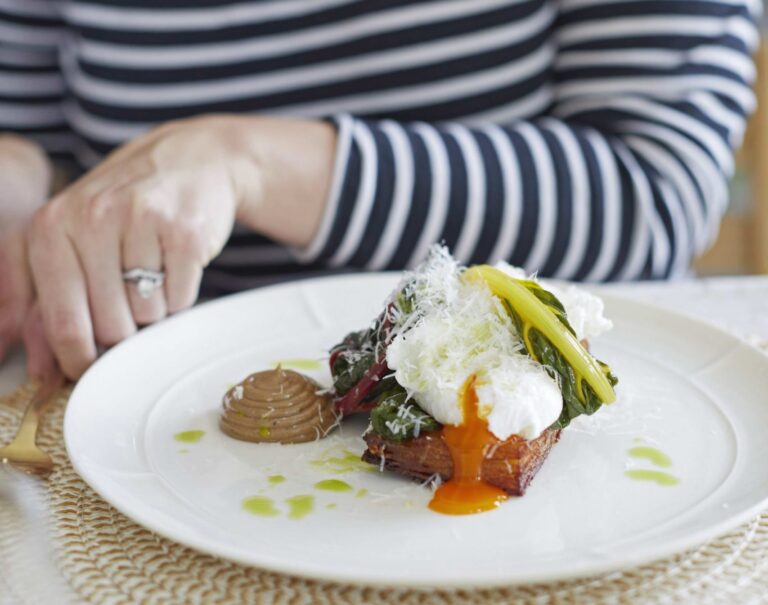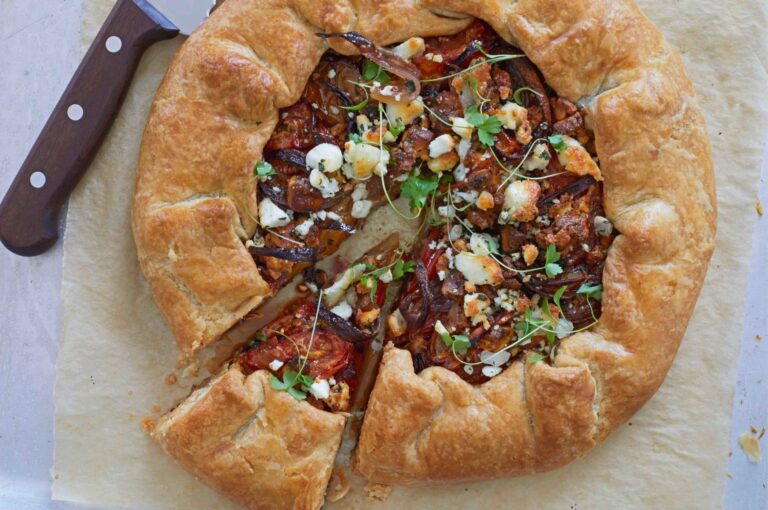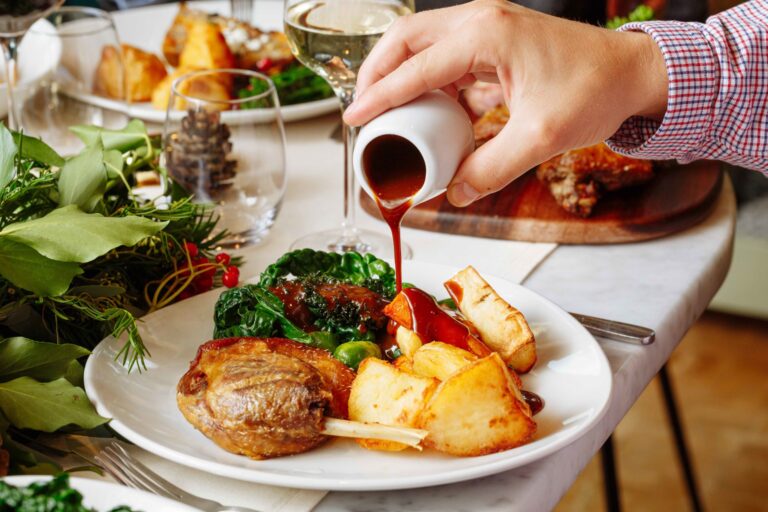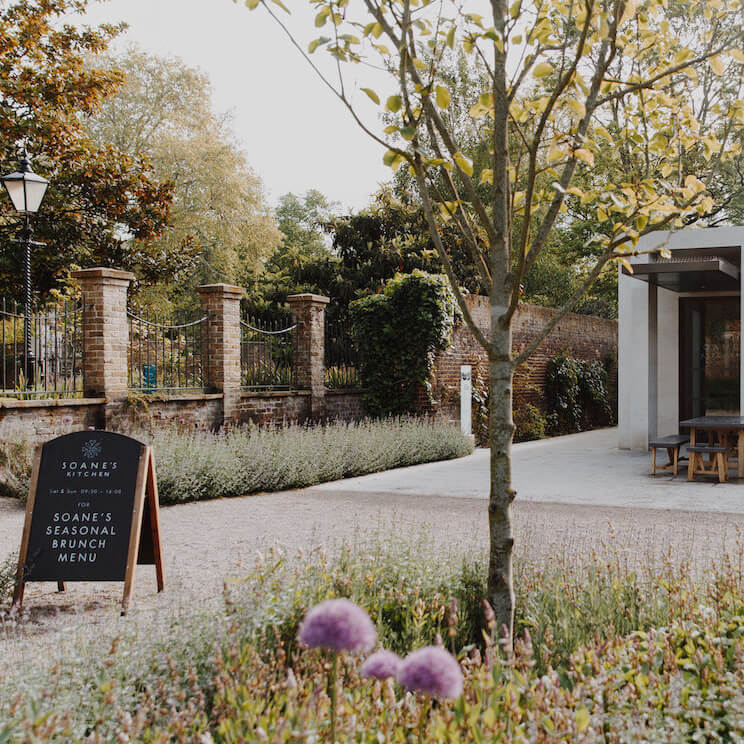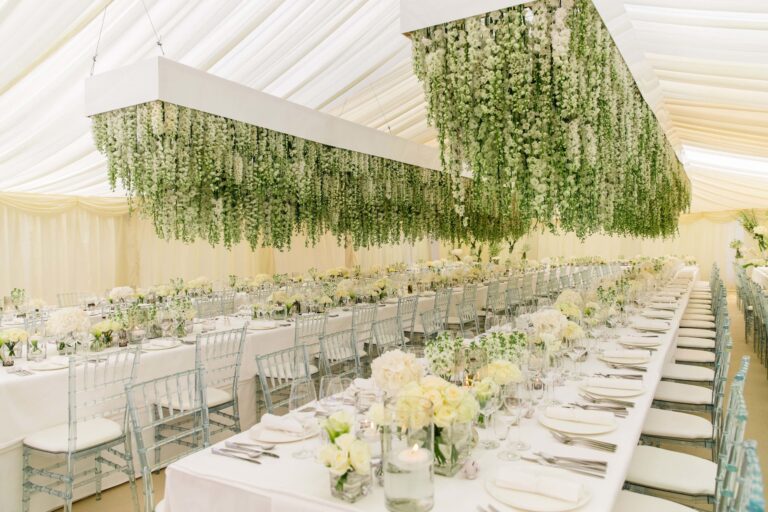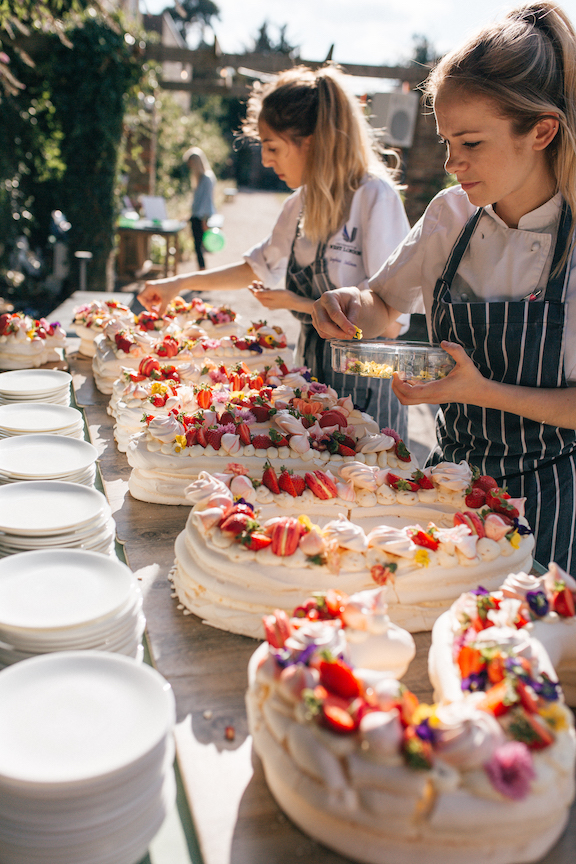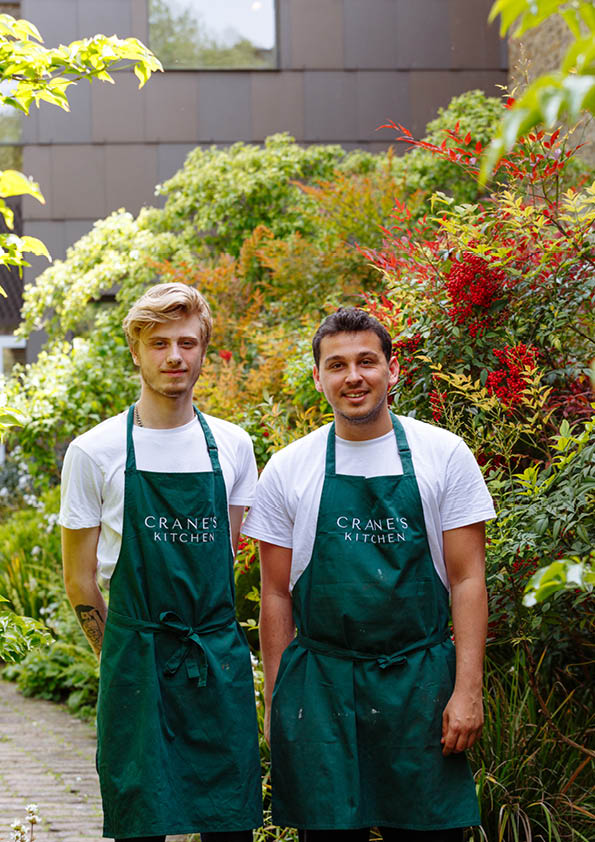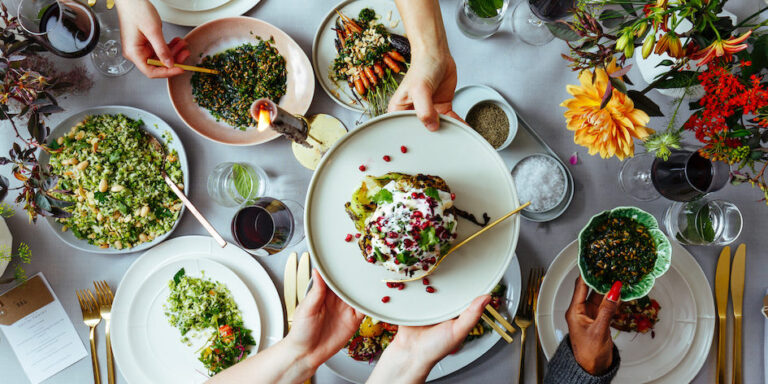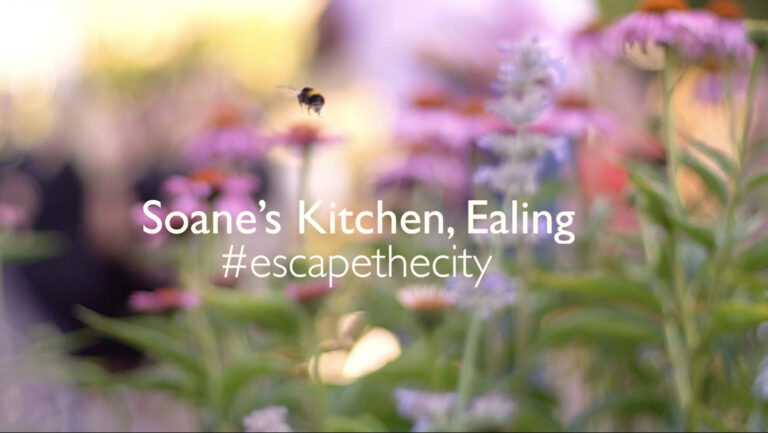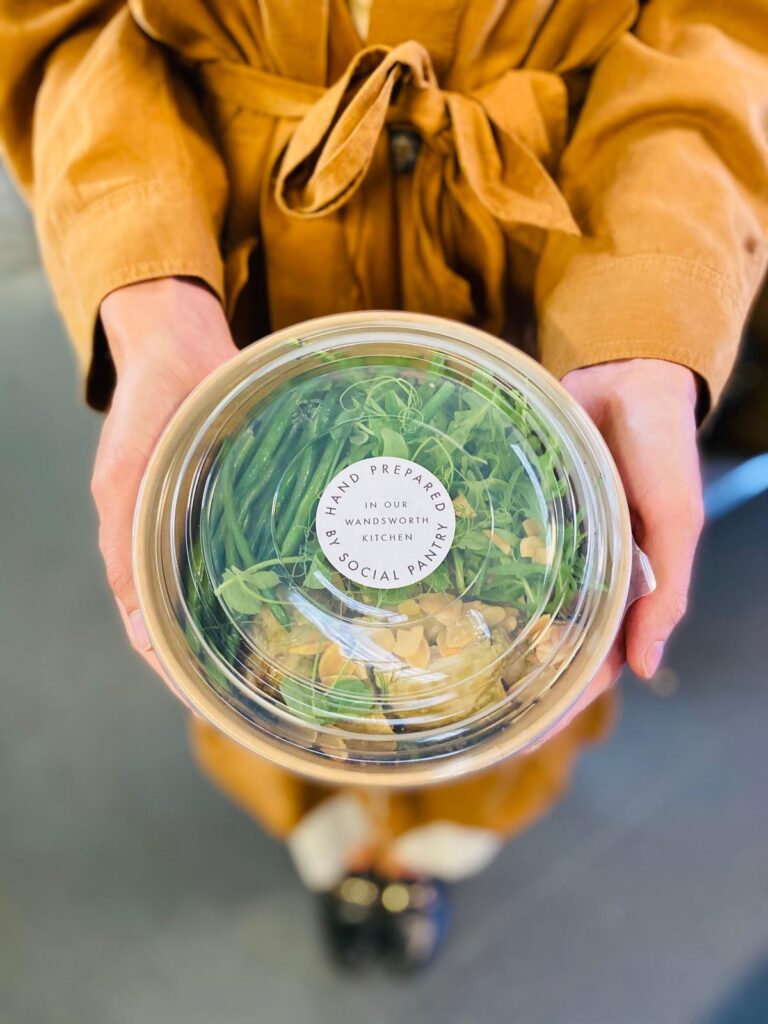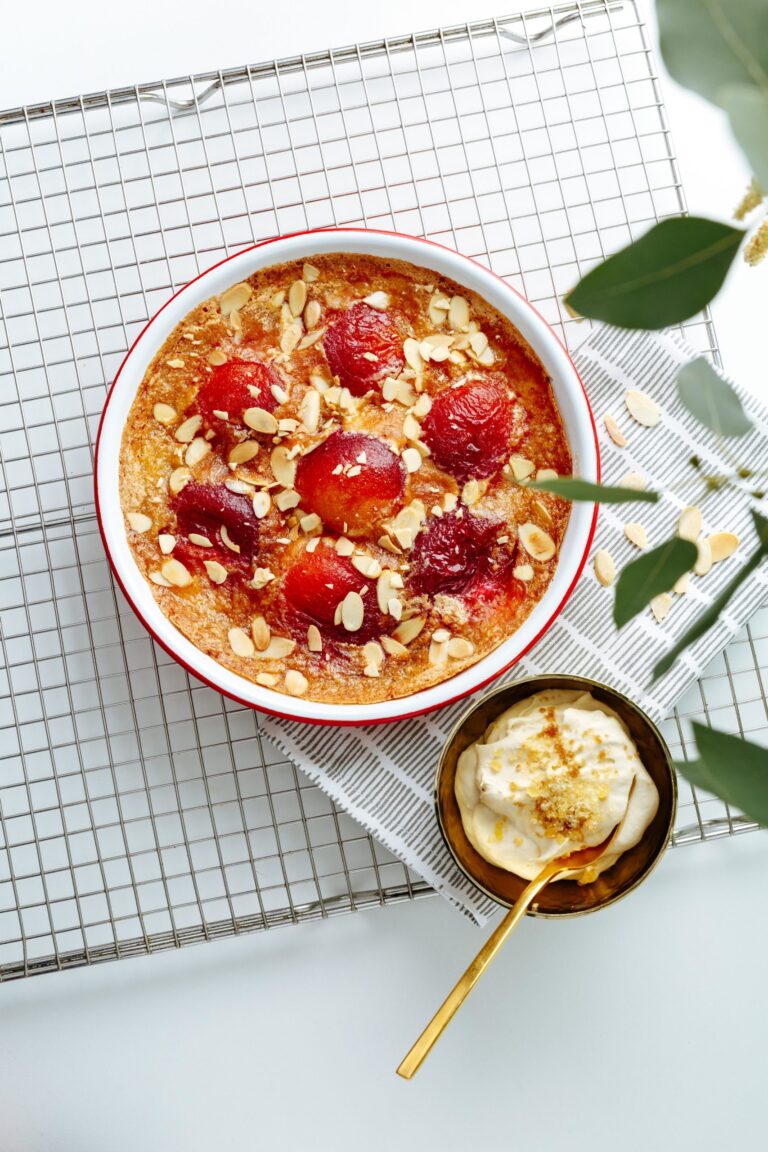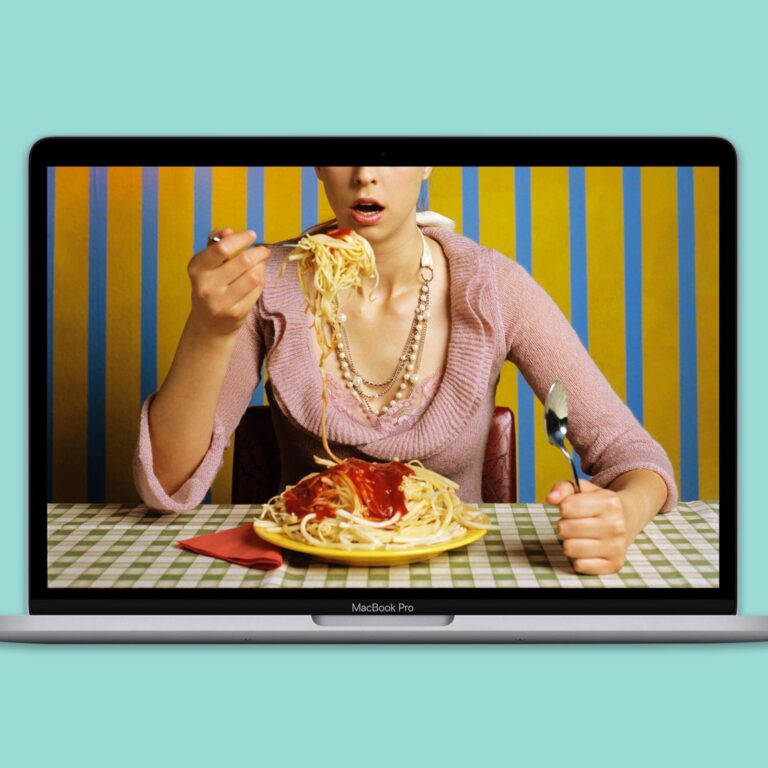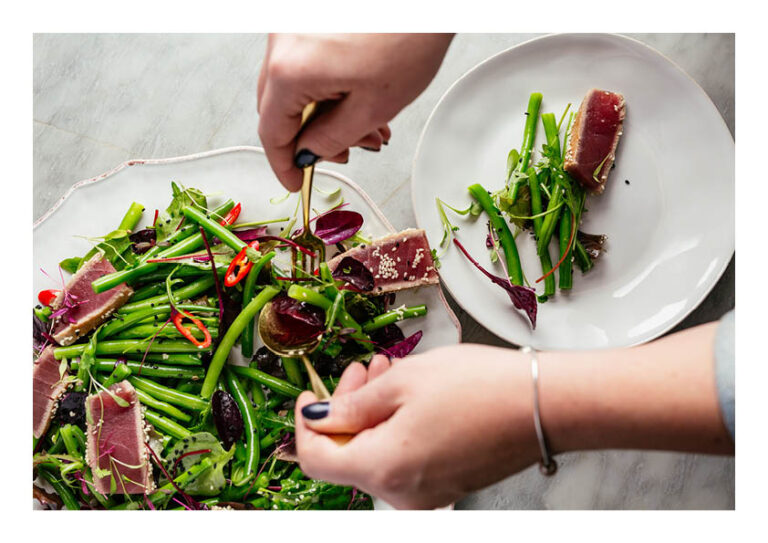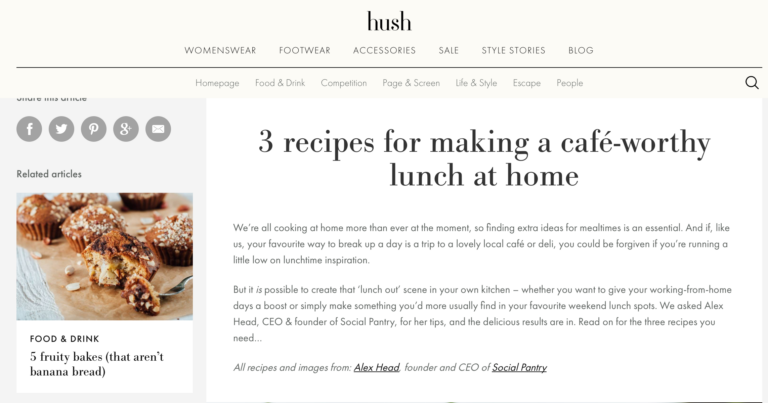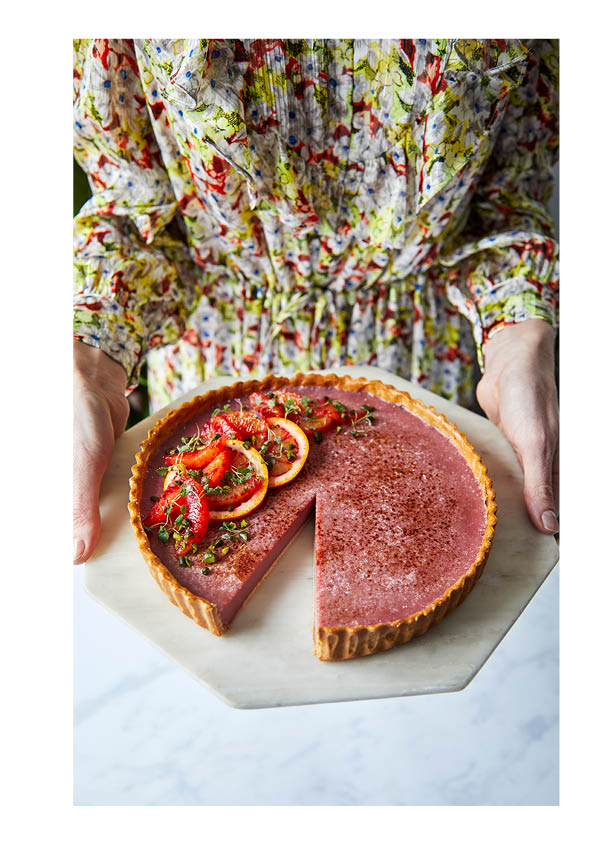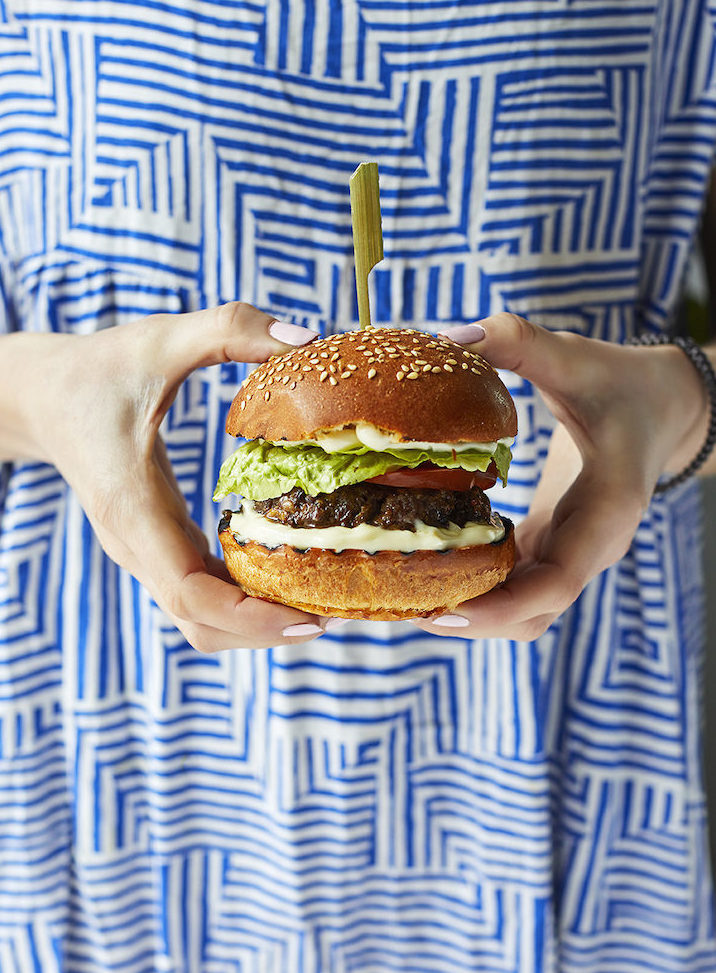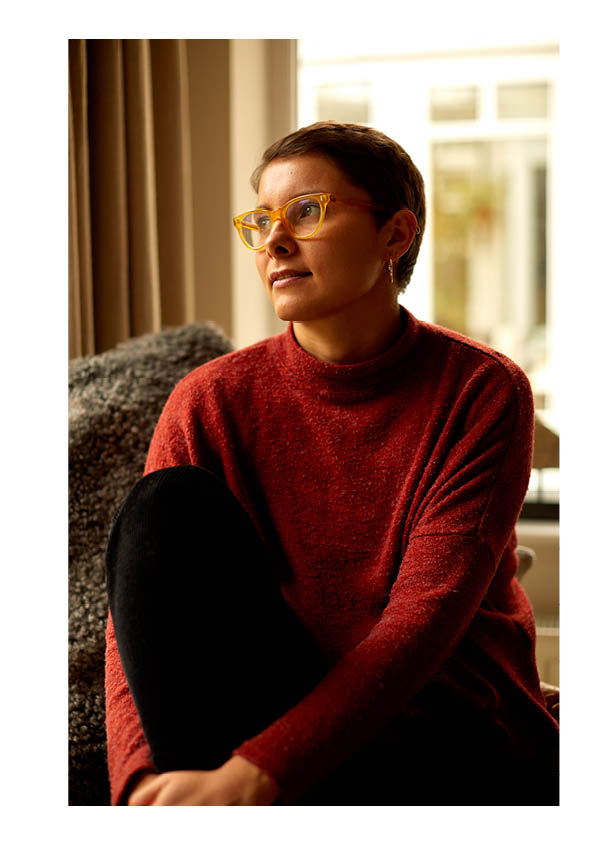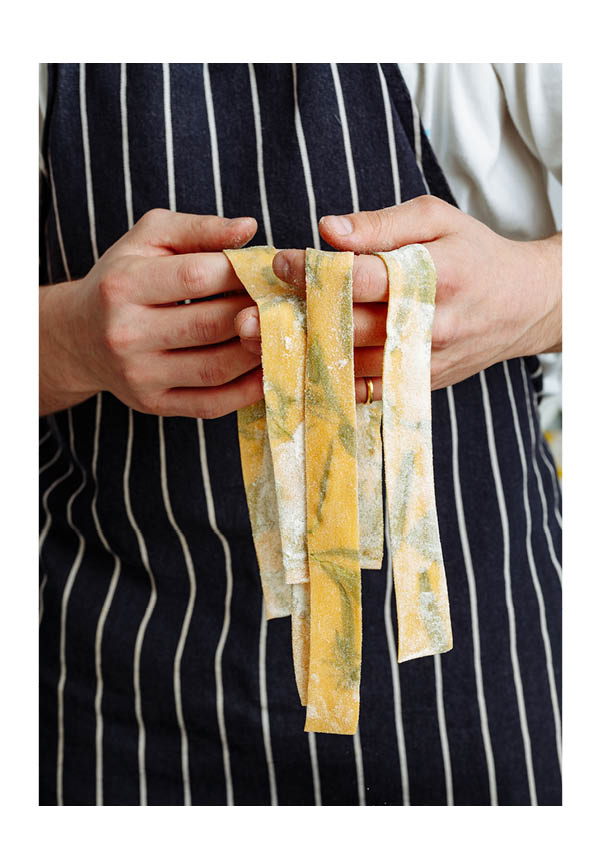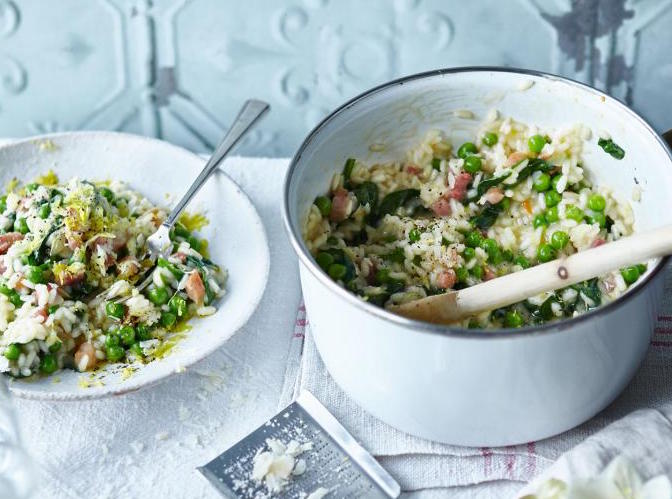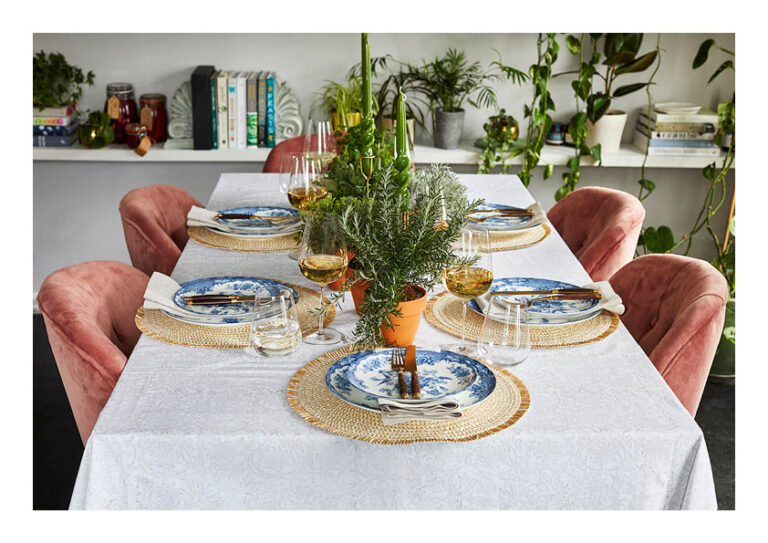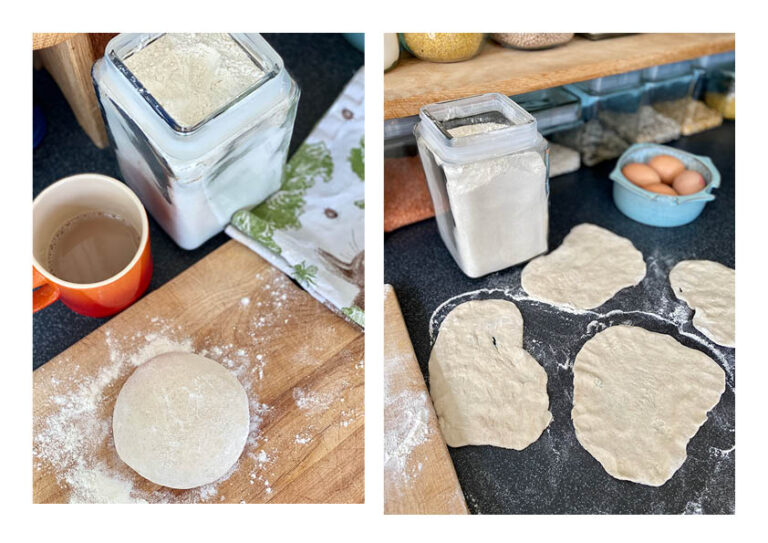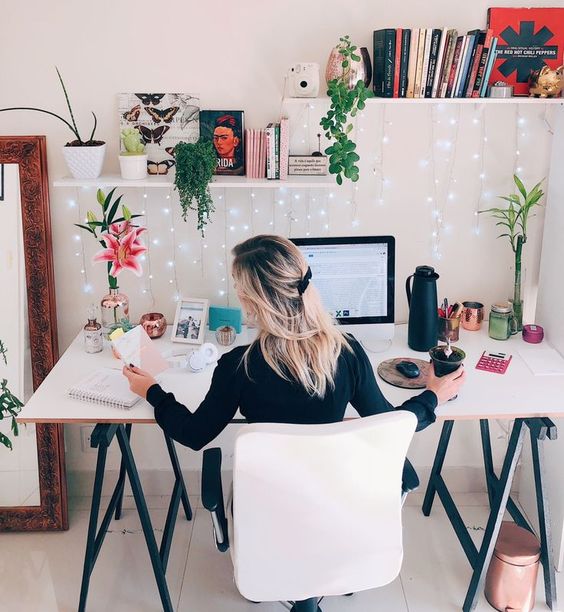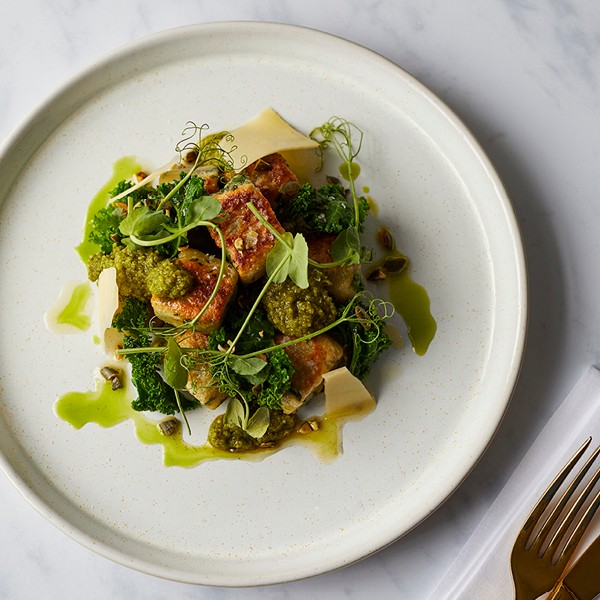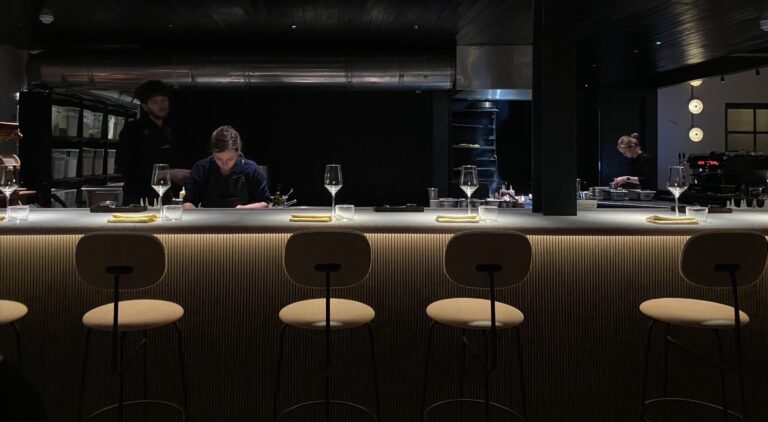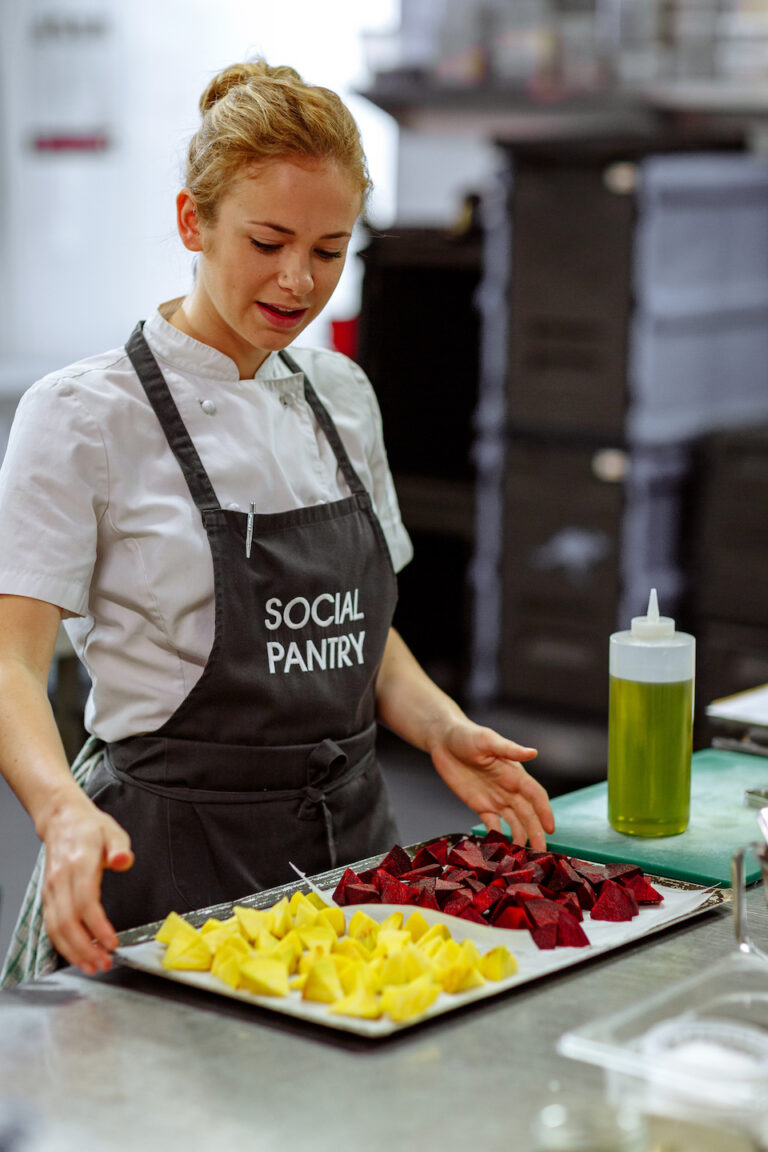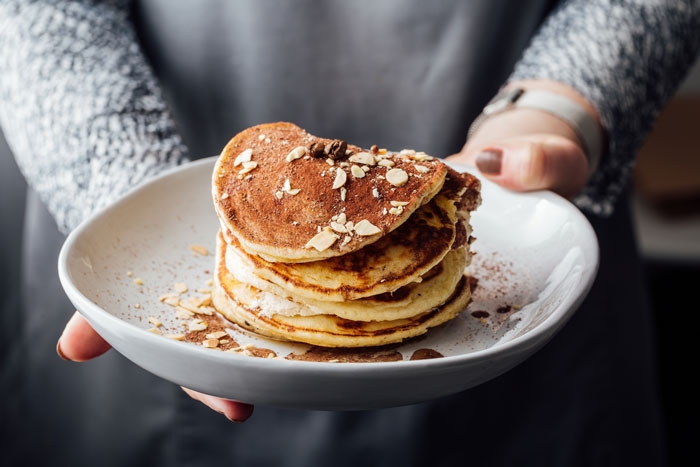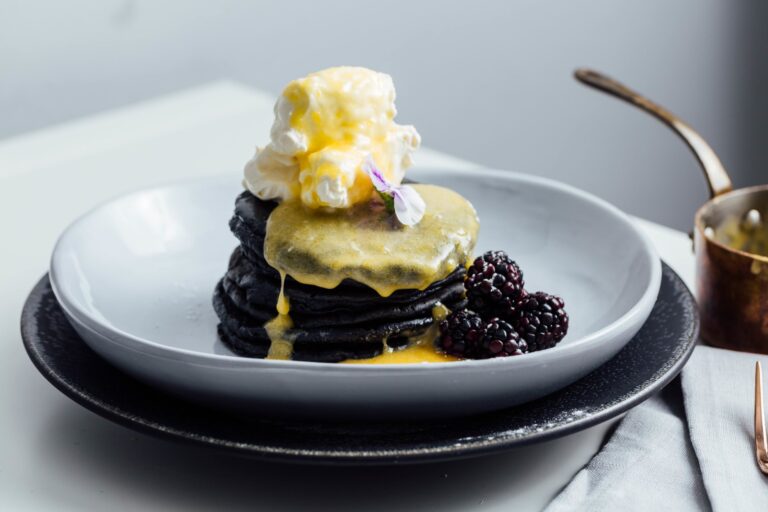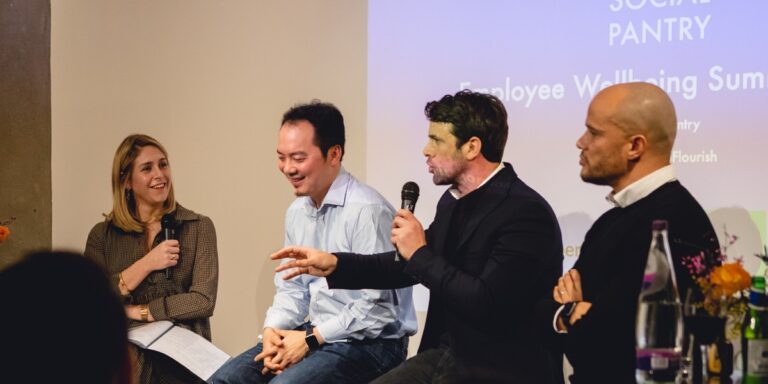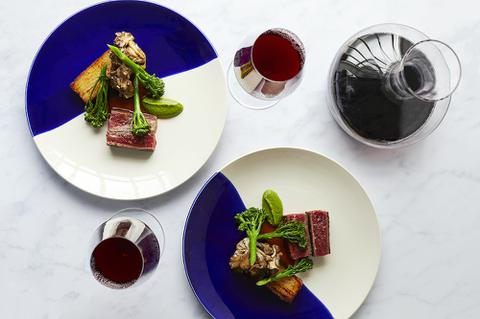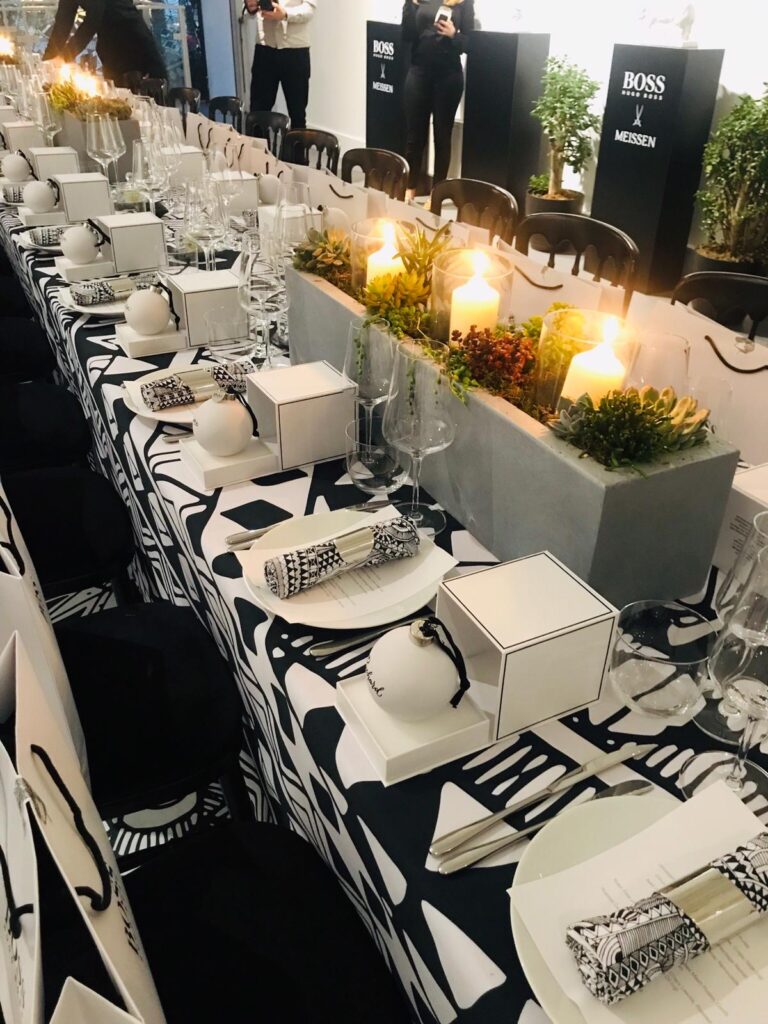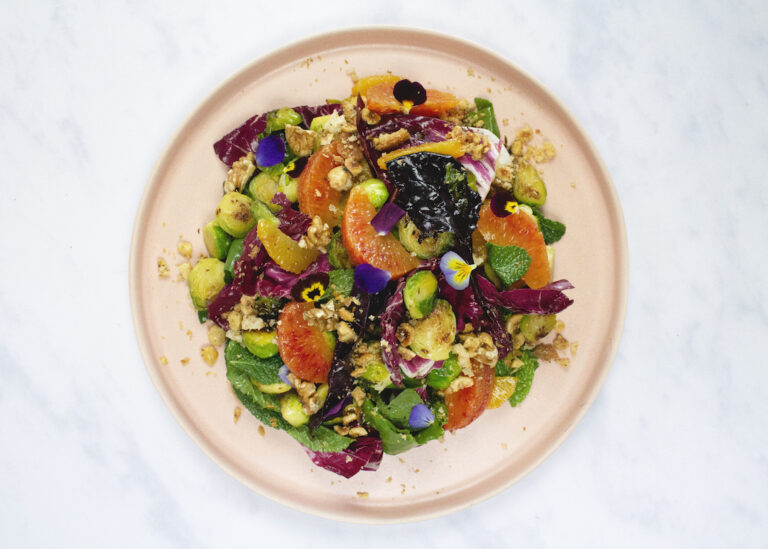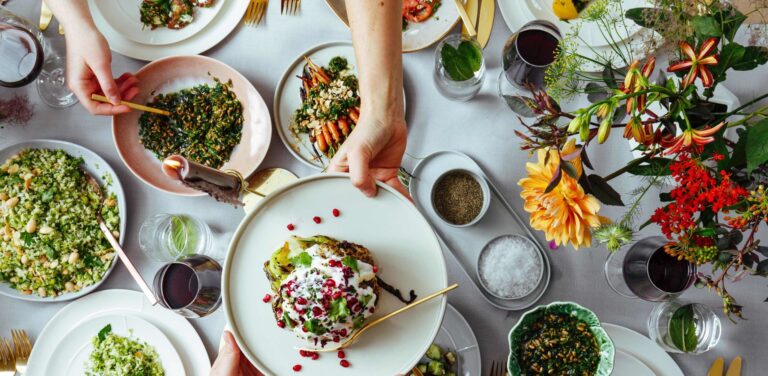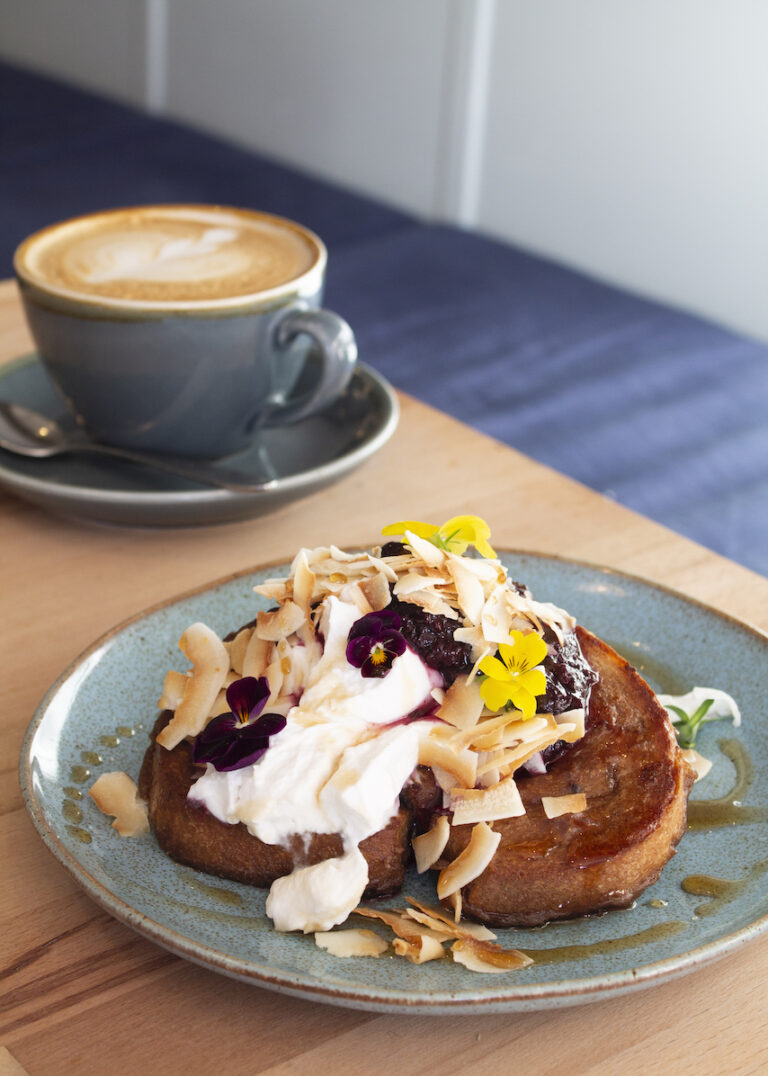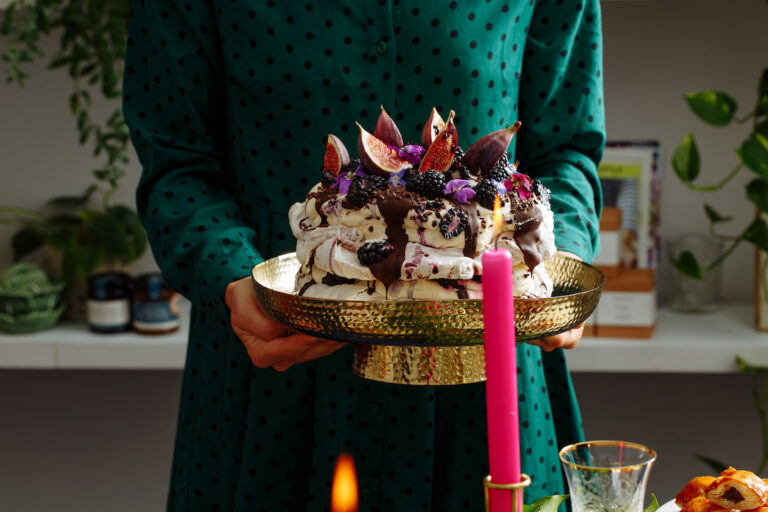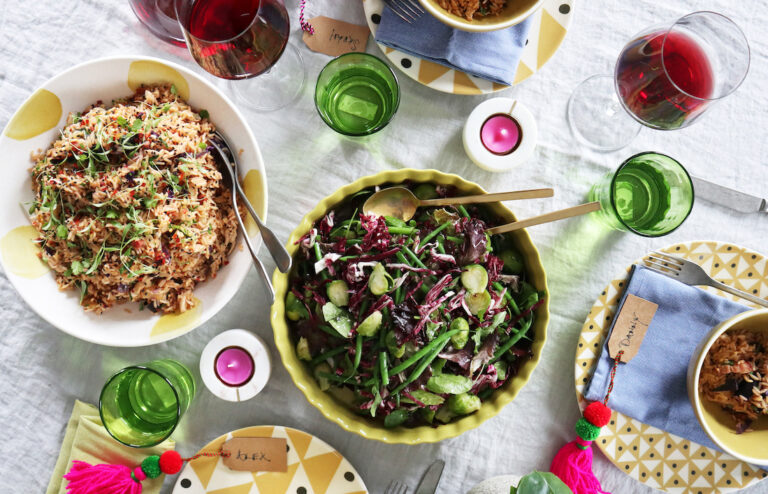Sustainable Coffee: How to Make Each Cup Count
Published on: June 23, 2022
As the saying goes, what you do every day matters more than what you do once in a while, and with over 2.25 billion cups of coffee consumed daily worldwide, it’s important that we make each cup count. Whilst Social Pantry specialises in helping people celebrate once-in-a-life-time events in sustainable style, our journey to becoming the UK’s first zero-waste event catering company involves nailing the small things, daily.
Many of us can’t imagine life without coffee and rely on it to give us that get-up-and-go. Good coffee is often seen as one of life’s greatest small pleasures, and the explosion in coffeehouse culture has resulted in increasing awareness of where coffee comes from. But how much do you know about the environmental impact of your daily brew? You may know exactly where to go to drink great coffee, but would you know where to start when it comes to making your coffee habits more sustainable?
The good news is sustainable coffee consumption doesn’t have to be complicated. We have created a must-have guide to sustainable coffee in conversation with the coffee experts at Two Chimps Coffee – a coffee company with impressive credentials – to help you make each cup count.
What does sustainability mean in the context of coffee?
Let’s start by taking a step back. What does sustainability really mean when it comes to coffee? Choosing coffee from an ethical grower? Opting for climate-conscious roasters? Saying goodbye to plastic pods?
If you do one (or all!) of the above, then you are heading in the right direction. Sustainability comes into play at every stage of the coffee journey, from picking and processing, right through to transportation, roasting, packaging, brewing and drinking. Sustainable coffee respects our planet and the people involved in its production. It is grown, roasted and consumed in a way that minimises environmental impact, and ideally goes one step further to invest in the land and communities connected to coffee. Truly sustainable coffee not only avoids harm but actively seeks to do good (more on this later!).
Choose better beans
The term ‘speciality coffee’ refers to coffee that is graded 80 points or above on a 100 point scale by a certified coffee taster (SCAA) or by a licensed Q Grader (CQI). Although this is a measure of product quality rather than sustainability, it is a good proxy for choosing sustainable coffee because of the level of input required to produce such high quality results. Specialty coffees are coffees at their peak and are different to other coffee because specialty coffee has been grown at the perfect altitude, at the correct time of year, in the best soil, and then picked at just the right time.
Shade-growing is a technique used to grow speciality coffee that delivers tangible environmental protection. Most speciality coffee is grown under a natural canopy of tall trees, which slows down the growing process and allows the beans to develop to full maturation, whereas low-grade commodity coffee is commonly sun-grown to increase yield. Sun cultivation leads to severe deforestation, soil erosion and habitat loss, and farmers compensate for the reduced populations of pest-munching birds by using more chemical pesticides. Opting for shade-grown speciality coffee is a great way to protect ecosystems in coffee-producing countries, and the absence of pesticides means there is a high chance your speciality coffee will be organic too!
Speciality growers, importers and roasters also tend to prioritise ethical business by keeping supply chains short. Can’t see the Fairtrade logo on your speciality coffee? Don’t panic! Many independent speciality roasters go beyond Fairtrade’s standards and price minimums. This is called direct trade and applies to other industries such as cocoa and chocolate too.
Two Chimps Coffee – a climate-positive roastery in Rutland – pays growers between 30 and 150 percent more than the standard market price to ensure the farmers and smallholders in coffee-producing countries get their fair share of profits.
Redemption Roasters – the world’s first prison-based roastery, who supply our coffee here at Social Pantry – is making a difference in the lives and futures of people behind bars, providing them with training and employment opportunities to work and be financially independent. All prisoners are paid for work undertaken during their sentence in accordance with The Prisoner’s Earnings Act 1996, and ex-offenders employed on the outside are paid on the same scale as other employees.
Avoid pods if possible
Convenience can be our worst-enemy when it comes to making sustainable choices, as what feels like the short-term solution to our need for a quick and easy caffeine fix right this minute, can have a damaging cumulative effect in the long term. A worrying 29,000 coffee pods end up in landfill sites each month, and each one takes around 500 years to decompose. “A moment on the lips; several lifetimes rotting in skips”.
Recyclable pods are an option – just be sure to check they are accepted by your local council – and compostable pods have boomed in popularity. Grind created the UK’s first certified home-compostable coffee pods, which can be disposed of in your home compost bin or local food waste collection.
Roar Gill supplies organically sourced coffee in compostable, corn-starch pods and guarantees carbon neutral sourcing and production, whilst Whitstable based roastery Lost Sheep also offers compostable capsules in a range of exciting coffee flavours and varieties.
The most sustainable solution is to try one of the many home brew devices on offer which will set you up for years of more environmentally friendly, and superior quality!, coffee drinking! Different preparation methods give you more control over flavour too. If you prefer rich, full-bodied coffee, give the classic cafetiere a go, whilst brighter tastes and lighter textures can be achieved with a filter device such as Chemex or V60, which both use filter papers that are biodegradable and compostable!
Try plant based milk
Whether you’re following a vegan lifestyle or are simply open-minded about dairy free alternatives, plant-based milk is a sure-fire way to make your coffee more sustainable. Plant milks do have their drawbacks – as when any crop is produced in mass quantities – and the nutritional value varies greatly between products. Oat milk is widely available and has surpassed almond milk as the fastest growing diary alternative. Swedish brand DUG is coming through as a market disruptor with award-winning potato milk with an impressively low carbon footprint! With so many to choose from, it’s worth doing your research based on your values and experimenting to find the flavour and consistency you enjoy most!
Planet friendly packaging
Packaging and storage that keeps coffee fresh is essential to preserve the flavour of the beans and ensure you are never in the position of discarding stale beans. However, the environmental impact of the materials used, as well as their effectiveness, are important considerations. Layers of laminated film and aluminium foil work well to keep moisture out, however they make recycling almost impossible.
Luckily, lots of independent roasters are now packing their fresh coffee in low density polyethylene (LDPE) bags which can easily be reused or recycled at home or at supermarkets. Keep an eye out for non-recyclable stickers or labels which may need removing, as these can play havoc at the recycling plant! Other innovative new materials include kraft paper coffee bags made from wood pulp which are 100% natural, biodegradable and compostable, and rice paper bags made from renewable sources such as Qintan tree bark and bamboo. If you’ve noticed your favourite roaster or café isn’t already using one of these materials, it’s worth letting them know that this is a change you’d like to see as consumer demand is a powerful force for change!
At Social Pantry, we receive our coffee beans from Redemption Roasters in long-lasting, refillable metal barrels that allow us to deal with large volumes of product without the need for the production or disposal of packaging.
You can achieve a similar result at home by sourcing coffee from your local refill shop, or even direct from your favourite coffee shop or roastery. Simply bring a container and buy just what you need (and stock up on other refillable staples whilst you’re at it!).
The Source Bulk Foods Battersea is a stone’s throw away from our café on Lavender Hill, and Gather on Camberwell’s Bellenden Rd is just a short walk from Crane’s Kitchen. Monmouth Coffee at Borough Market offers an unrivalled selection of beans which can be purchased by weight (packaging-free, if you bring your own container!).
Use Coffee Grounds in the Garden
The 2.25 billion cups of coffee consumed across the world every day results in an estimated quarter on a million tonnes of wet, used (also known as ‘spent’) coffee grounds each year. Typically spent coffee grounds are dumped into general waste and sent to landfill where they emit methane upon breaking down, contributing to global warming. However, adding coffee grounds to your compost bin rather than general waste, or sending them directly into the land (and soil) rather than landfill, has an opposite, positive environmental effect.
Composting coffee grounds helps to add nitrogen to your compost pile and maintain the conditions required for organic matter to break down effectively. Coffee grounds can also be placed straight into the soil as a natural fertilizer that improves soil quality and feeds plants fond of acidic soil – including veg such as carrots, radishes and cucumbers, and flowers such as azaleas and hydrangeas. They also nourish microorganisms beneficial to plant growth, as well as attracting helpful earthworms, whilst keeping slugs and snails away.
Using coffee grounds in the garden (houseplants and window boxes count too!) is a great use for the volume of waste generated by at home coffee production. On a larger scale, coffee recycling solutions include bio-bean – the world’s largest coffee recycling company, collecting thousands of tonnes of spent coffee grounds from businesses of every size which can be processed and upcycled into sustainable bio-products for industry and consumers. Both small-scale, at home, and larger, industry-wide, solutions are necessary for a circular economy.




